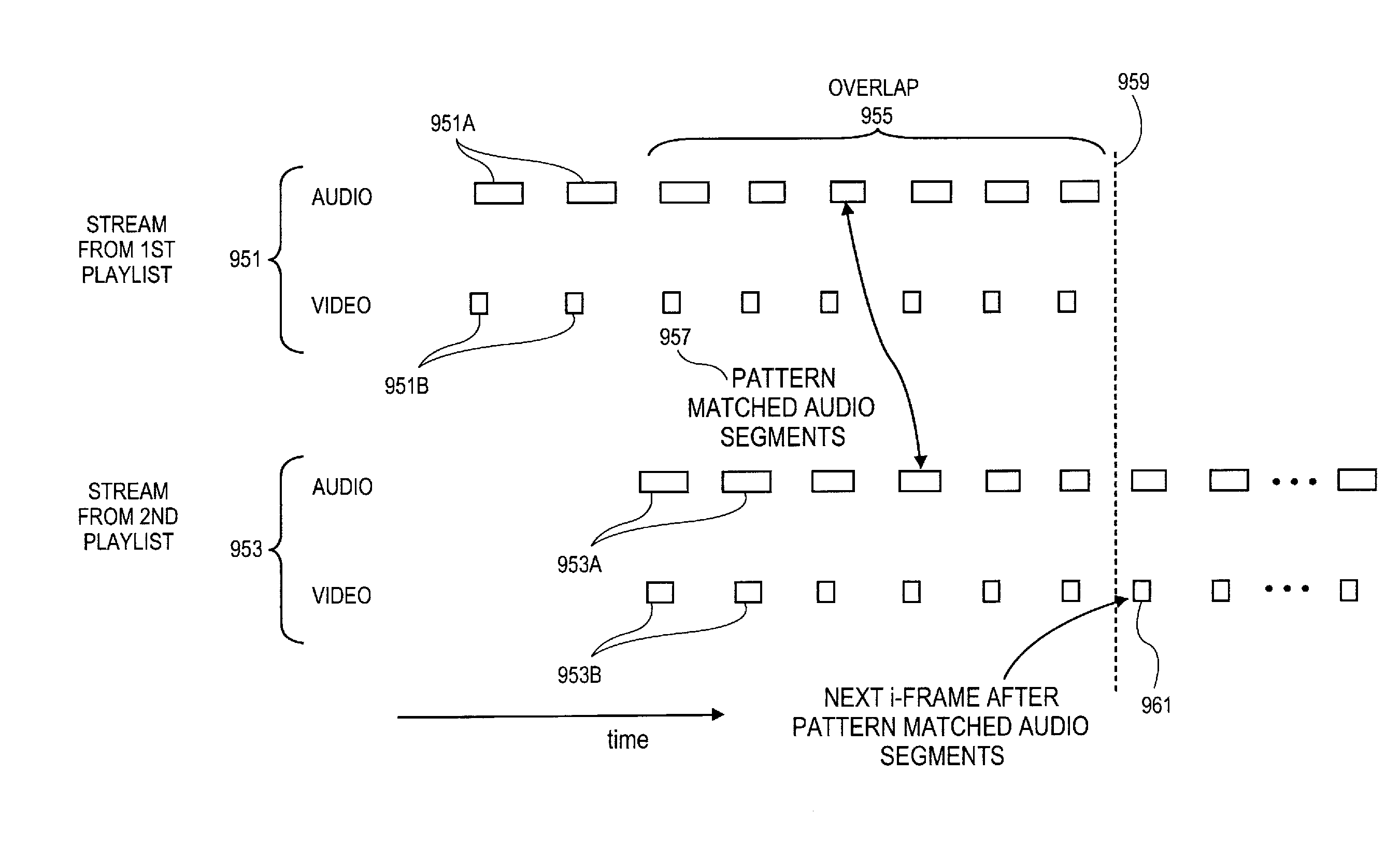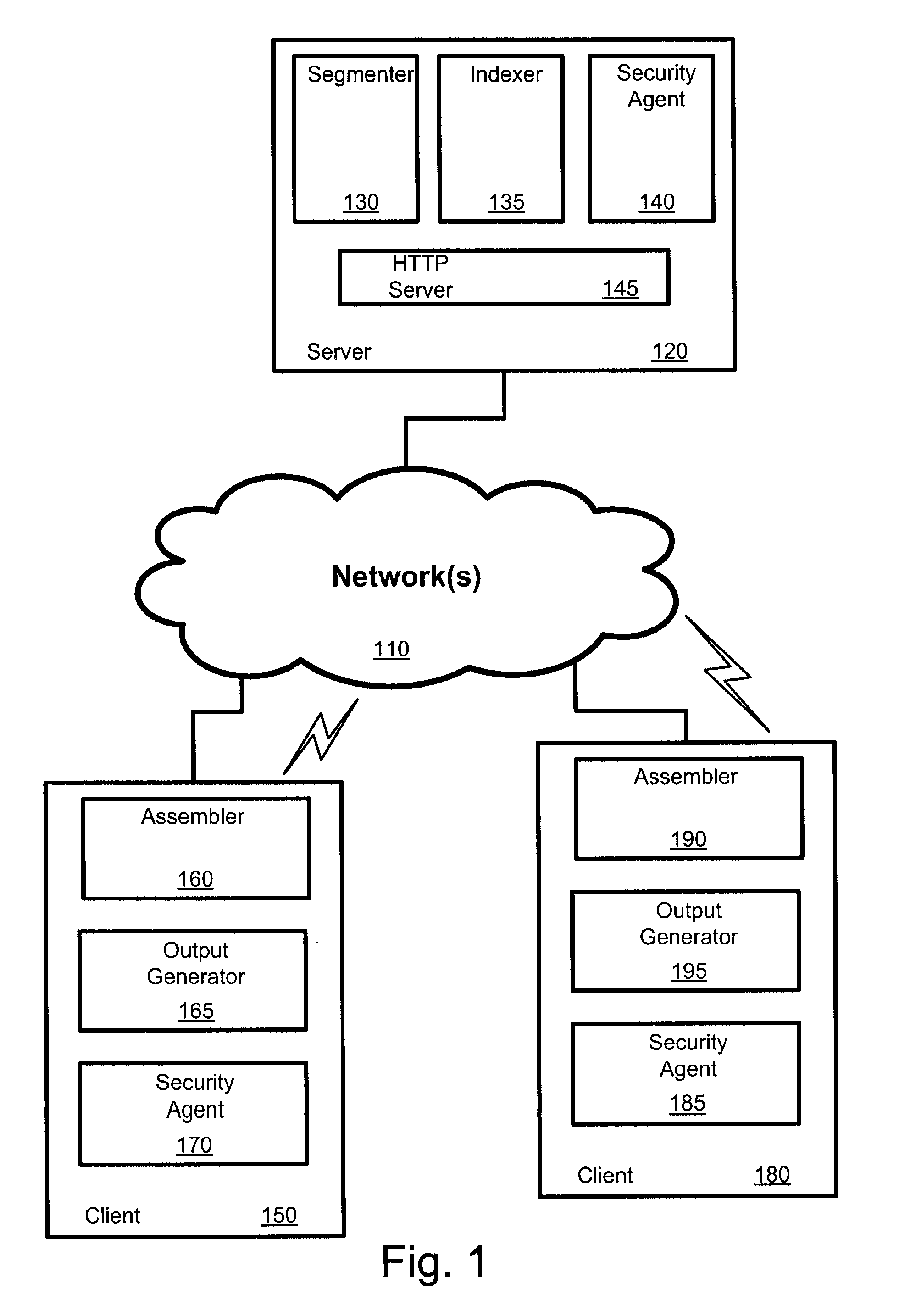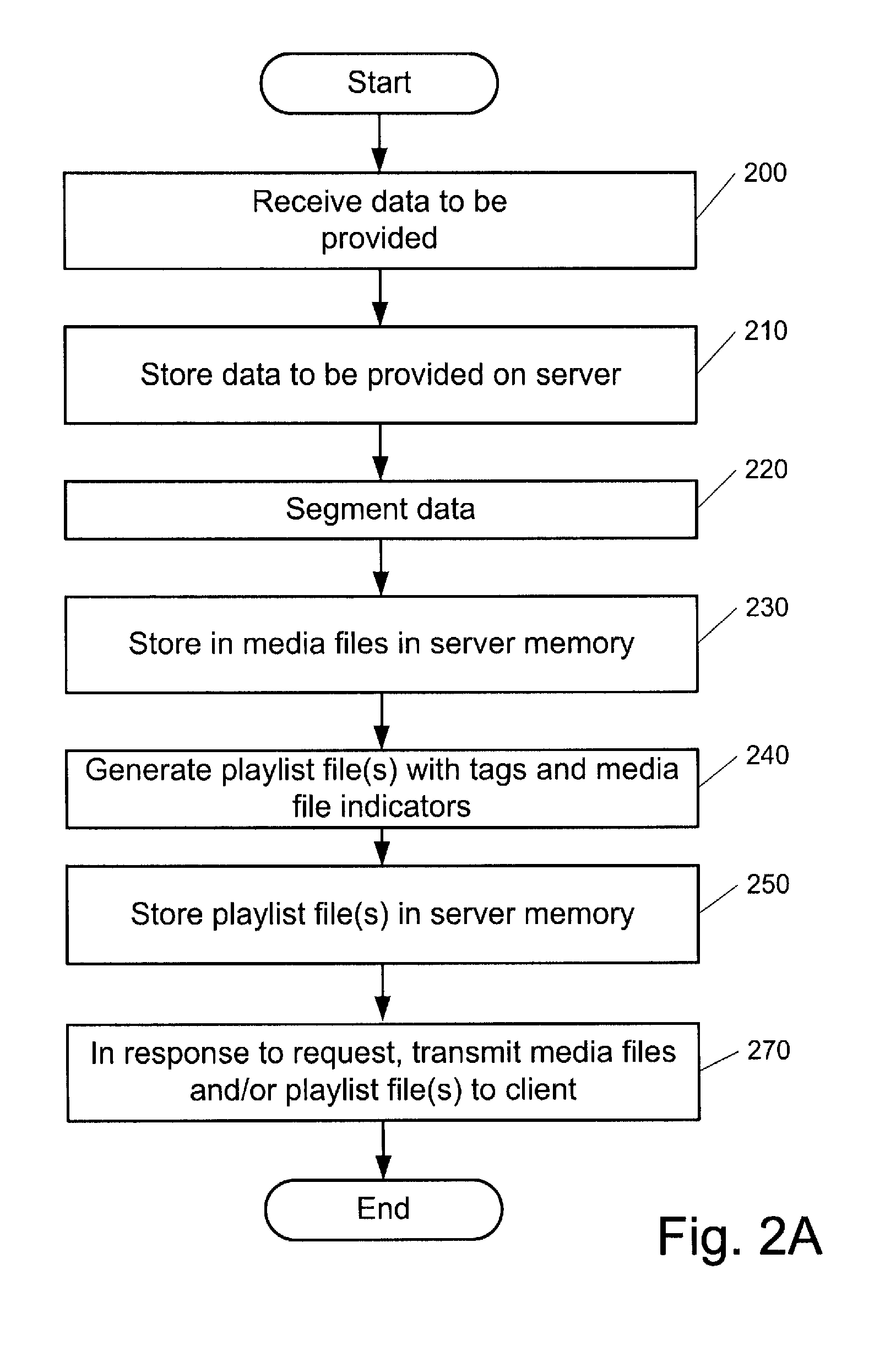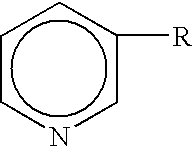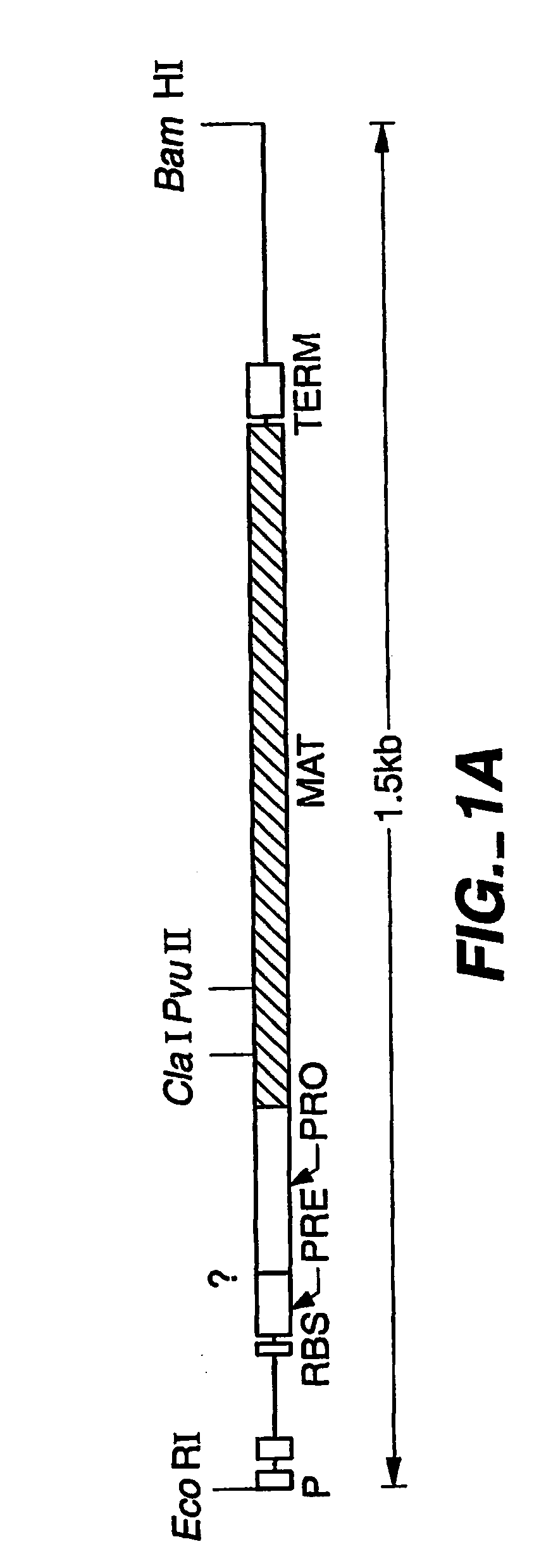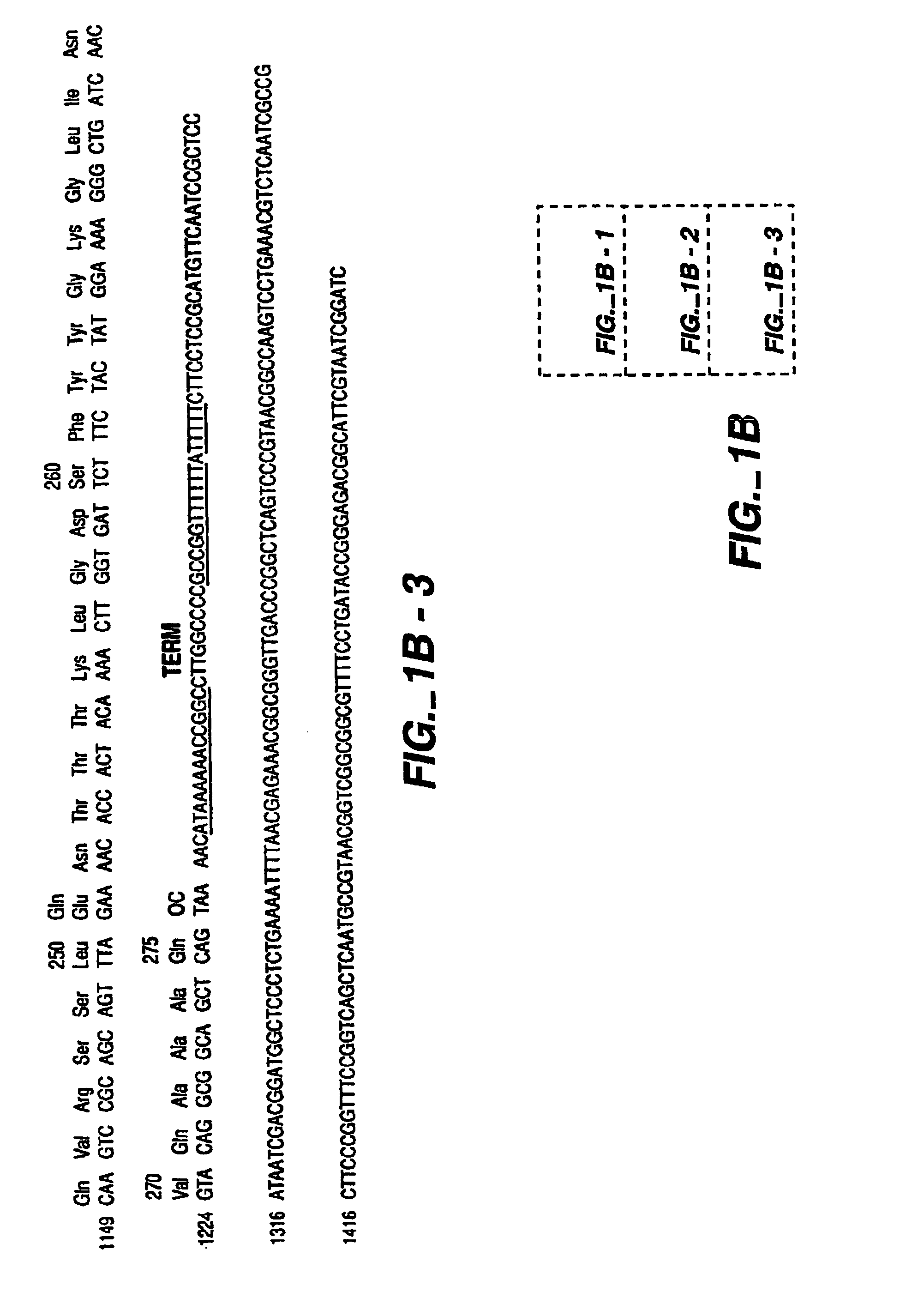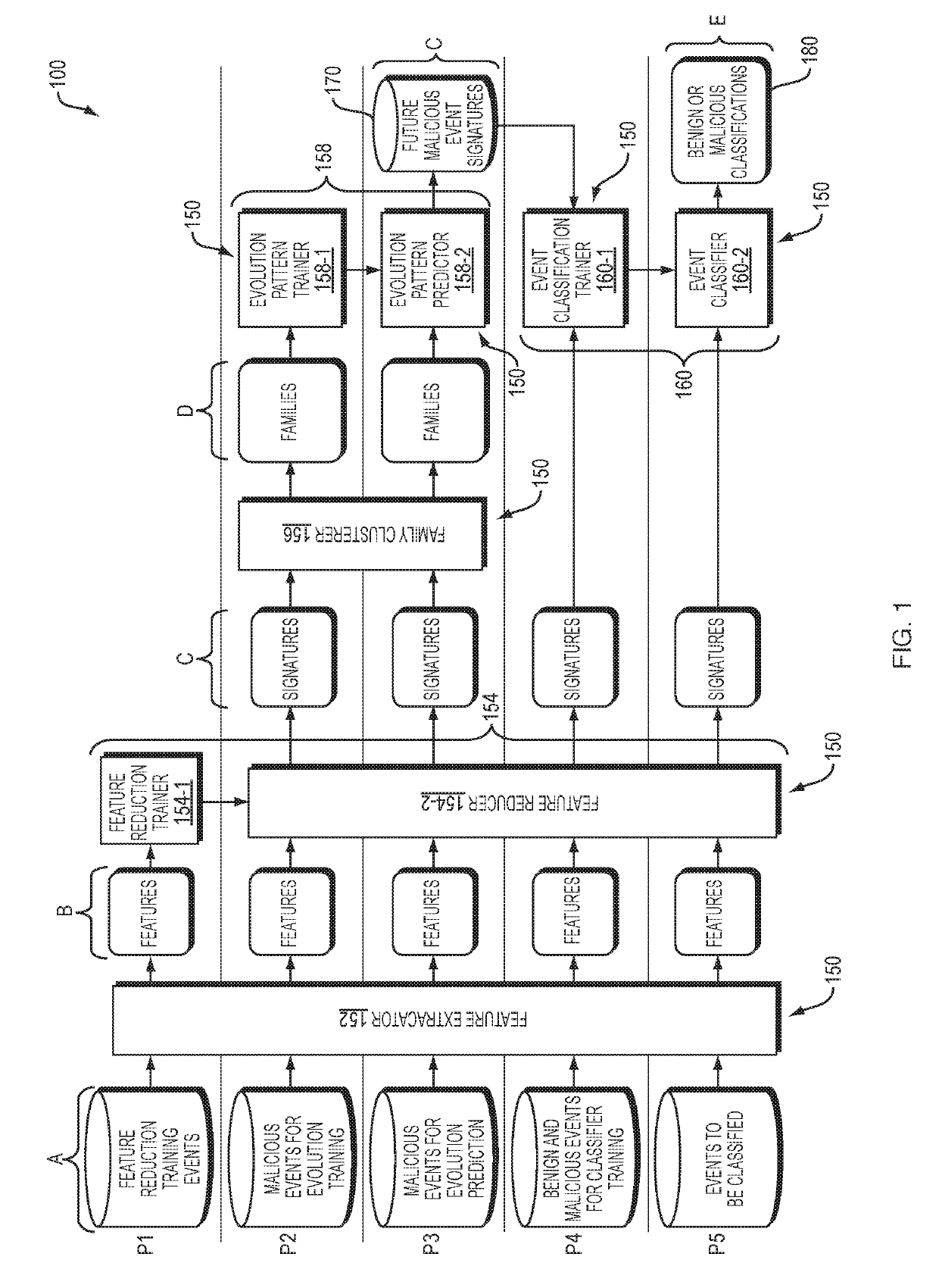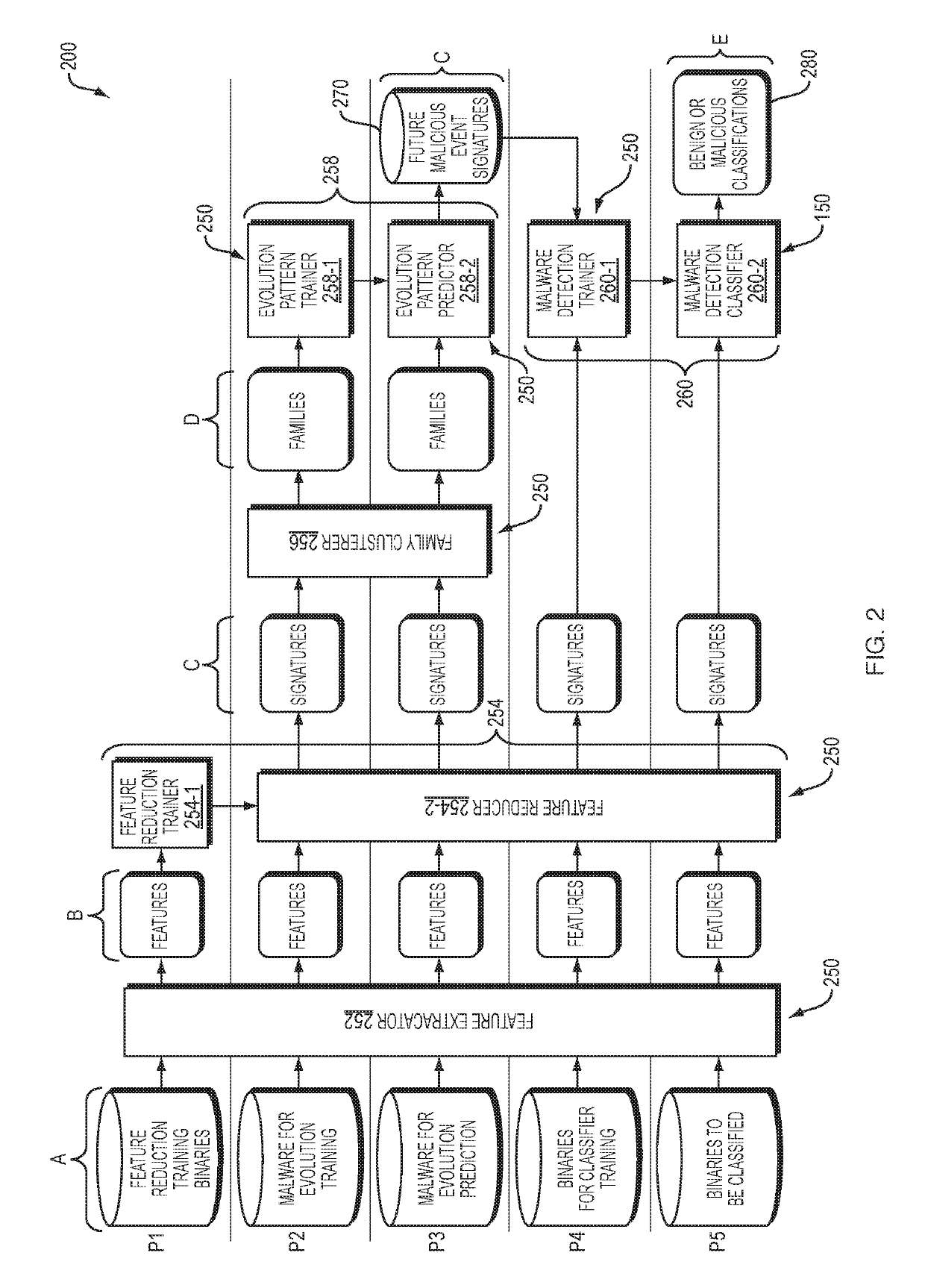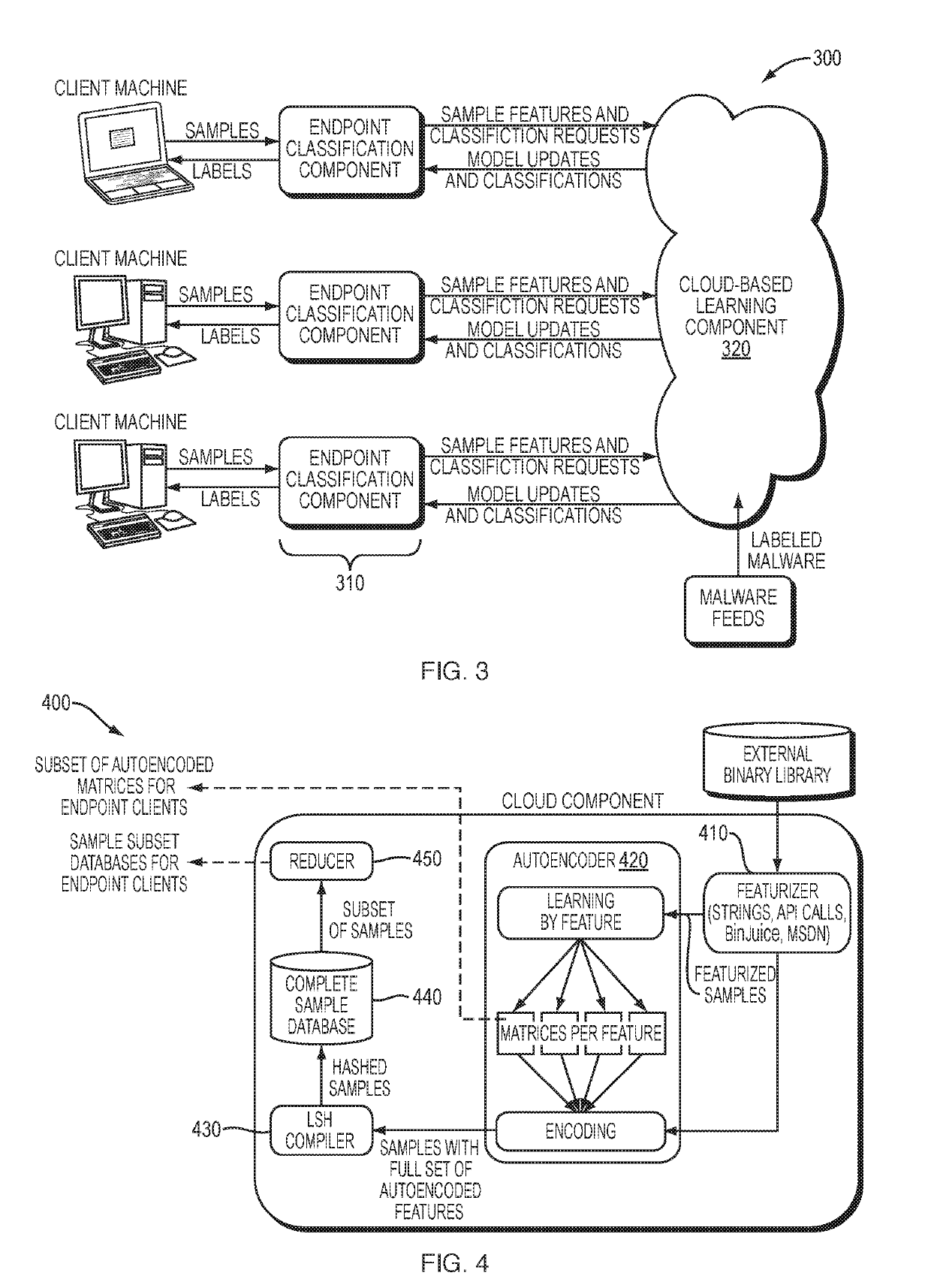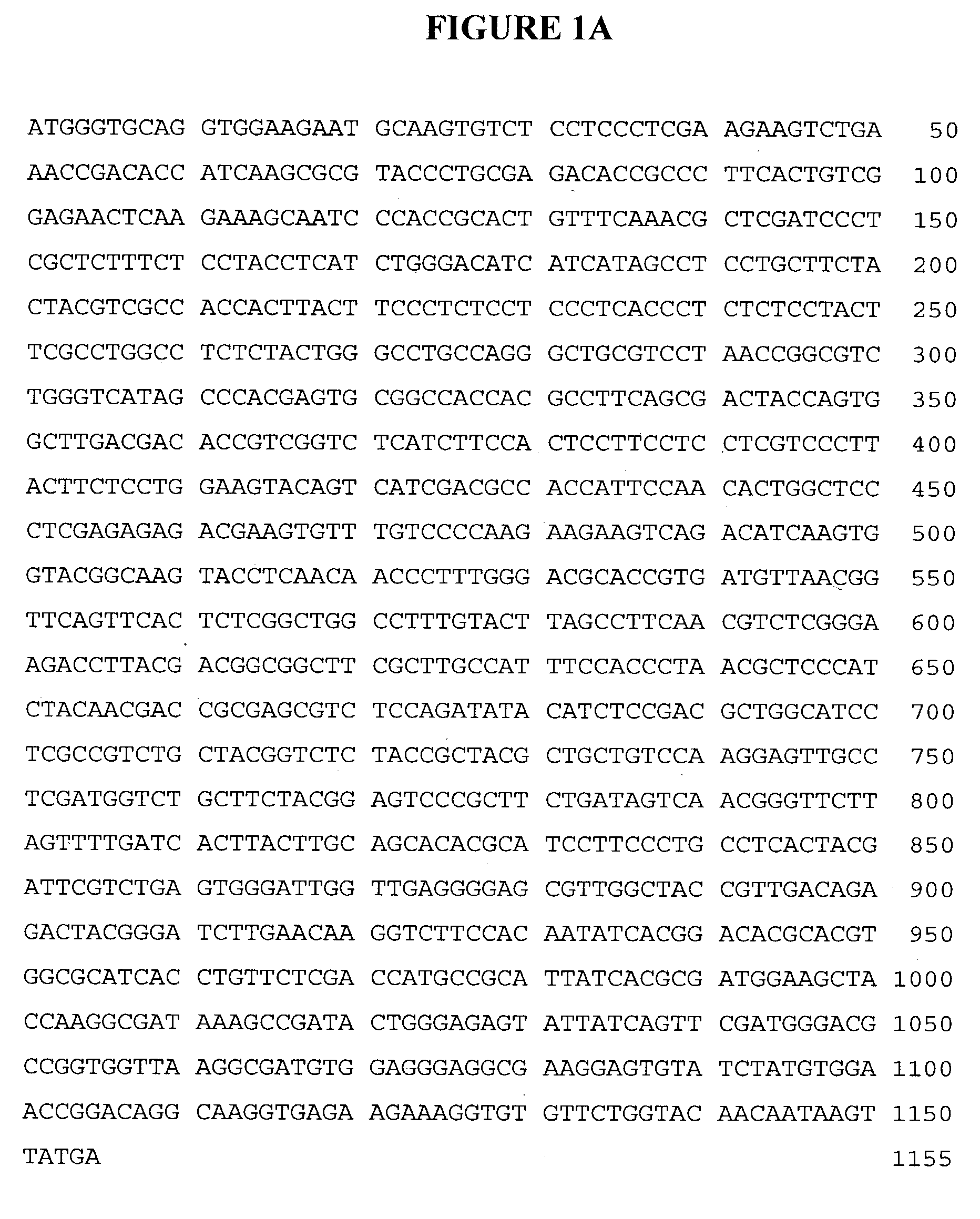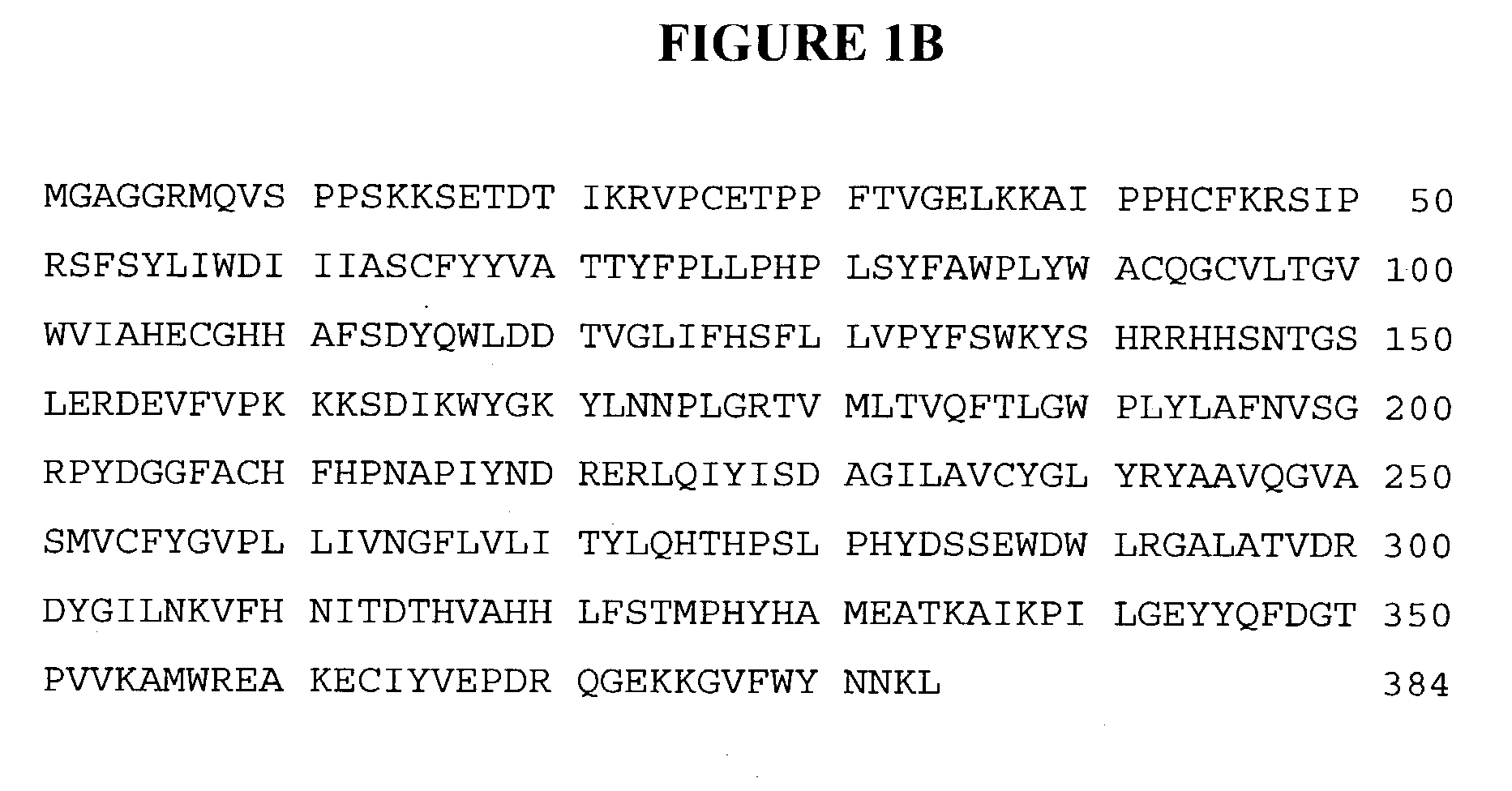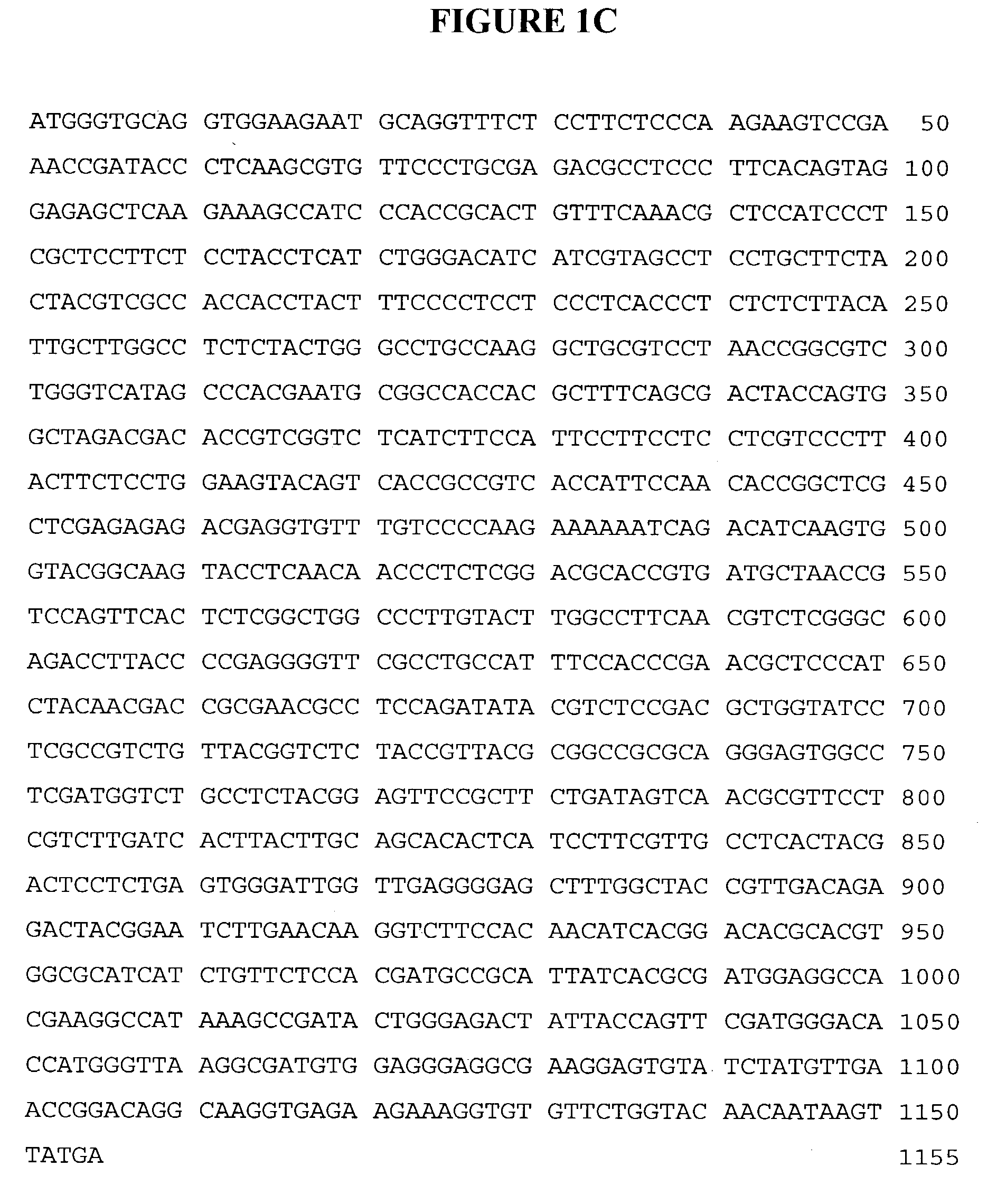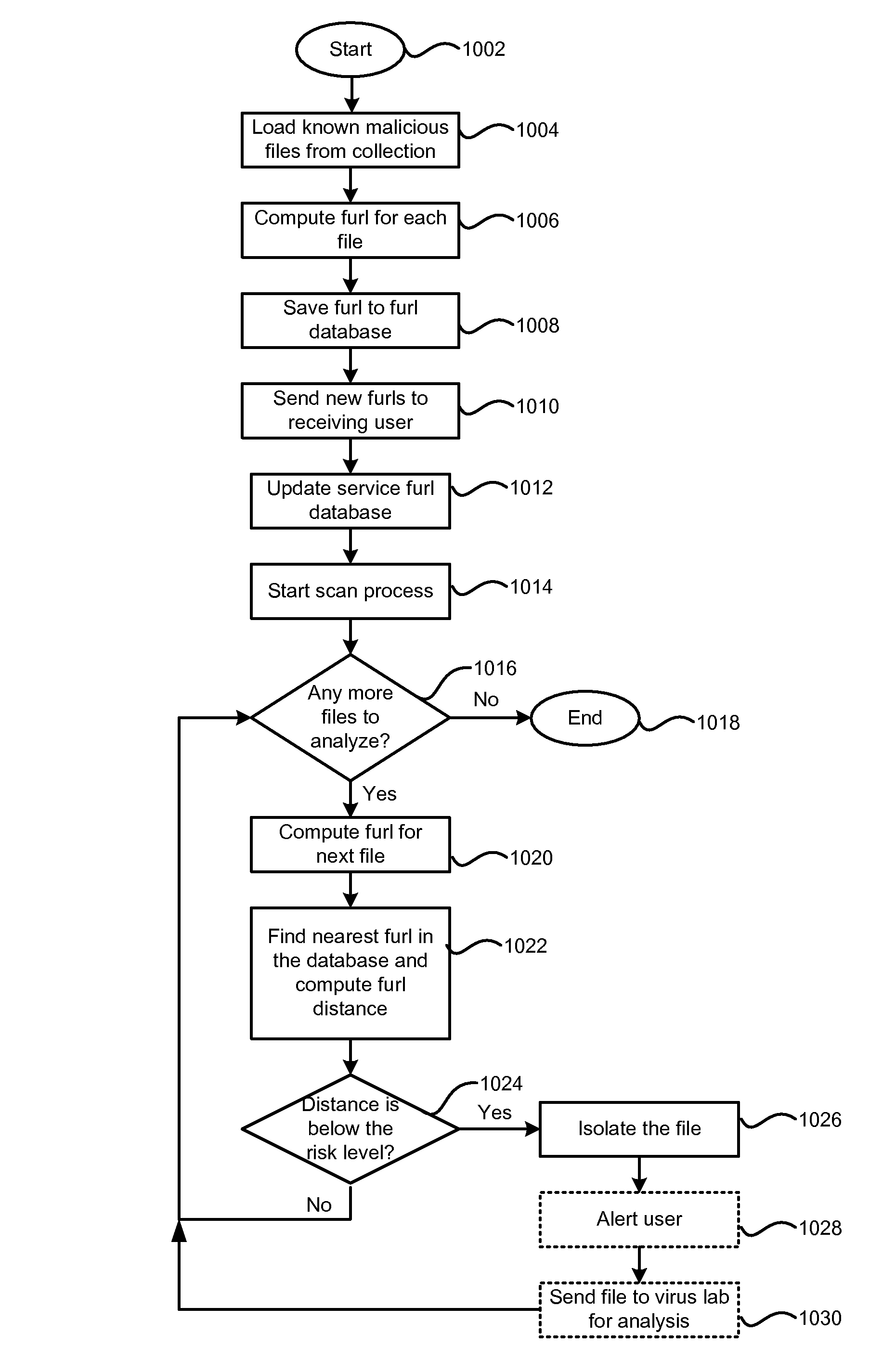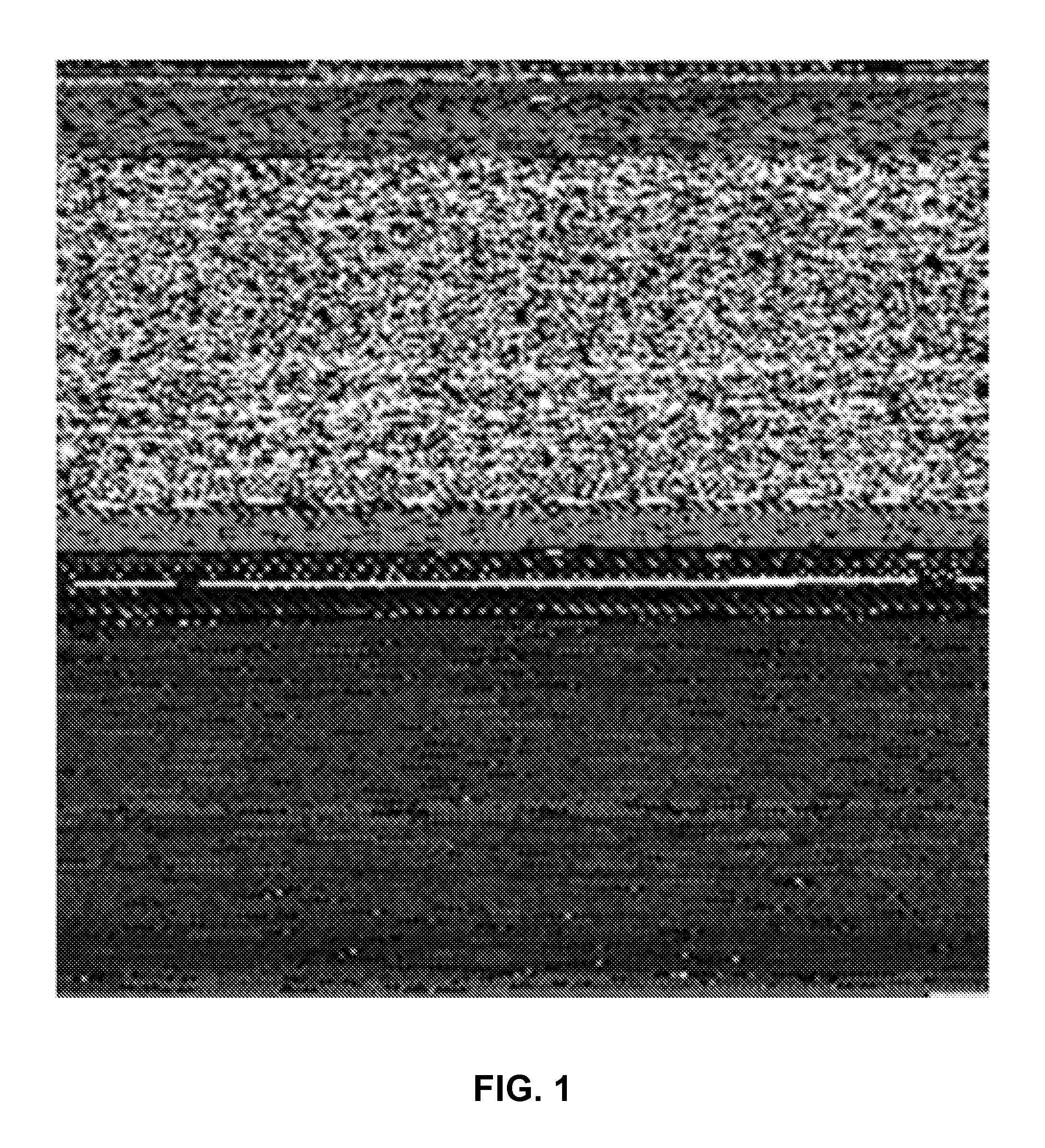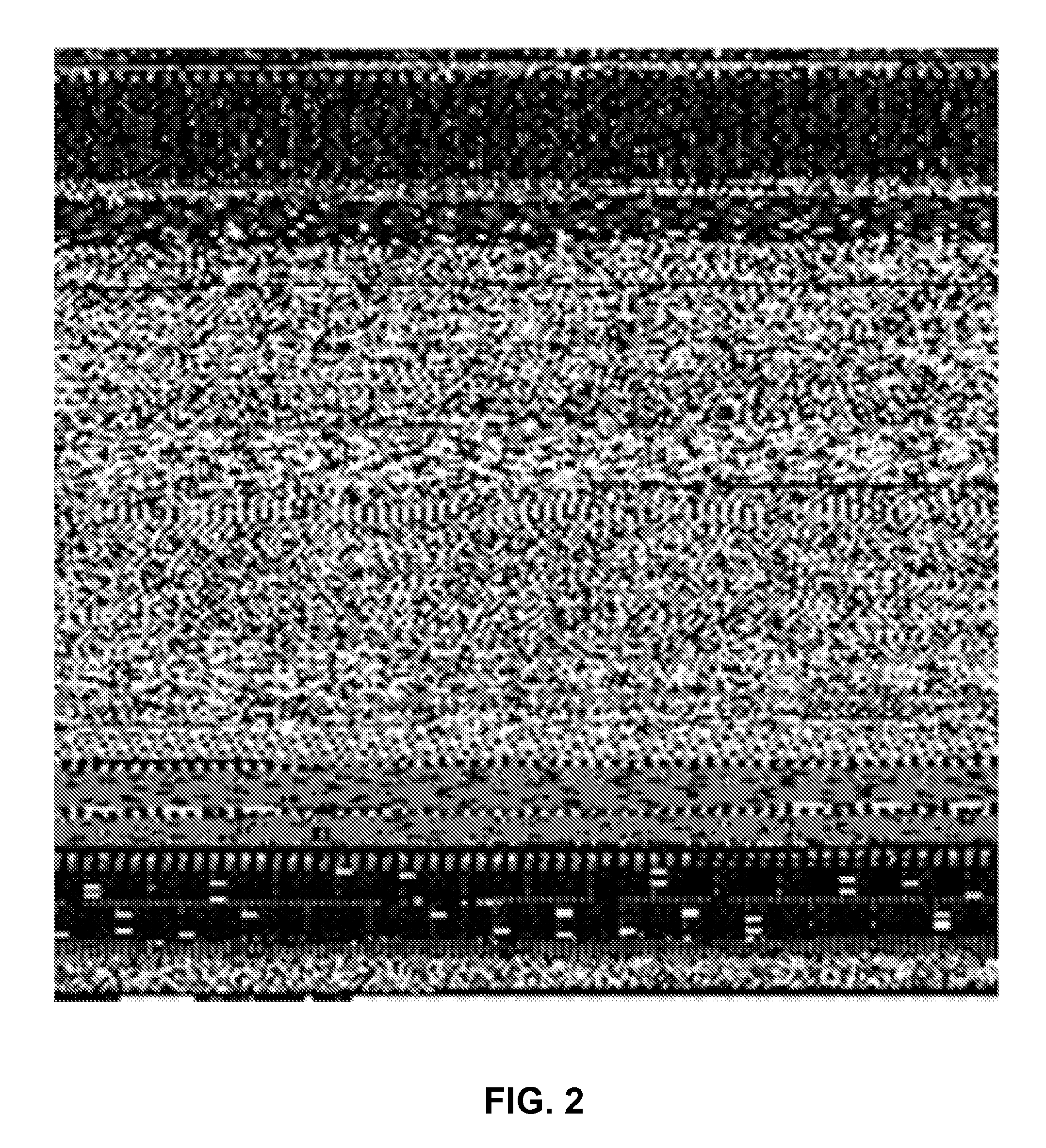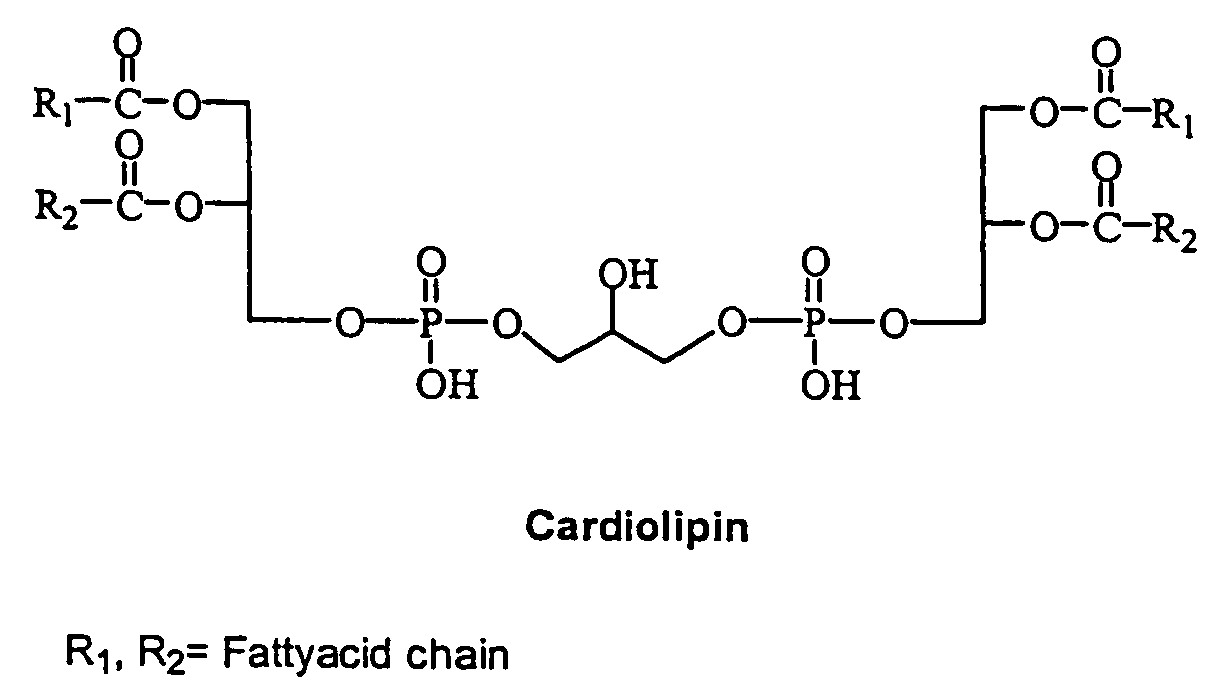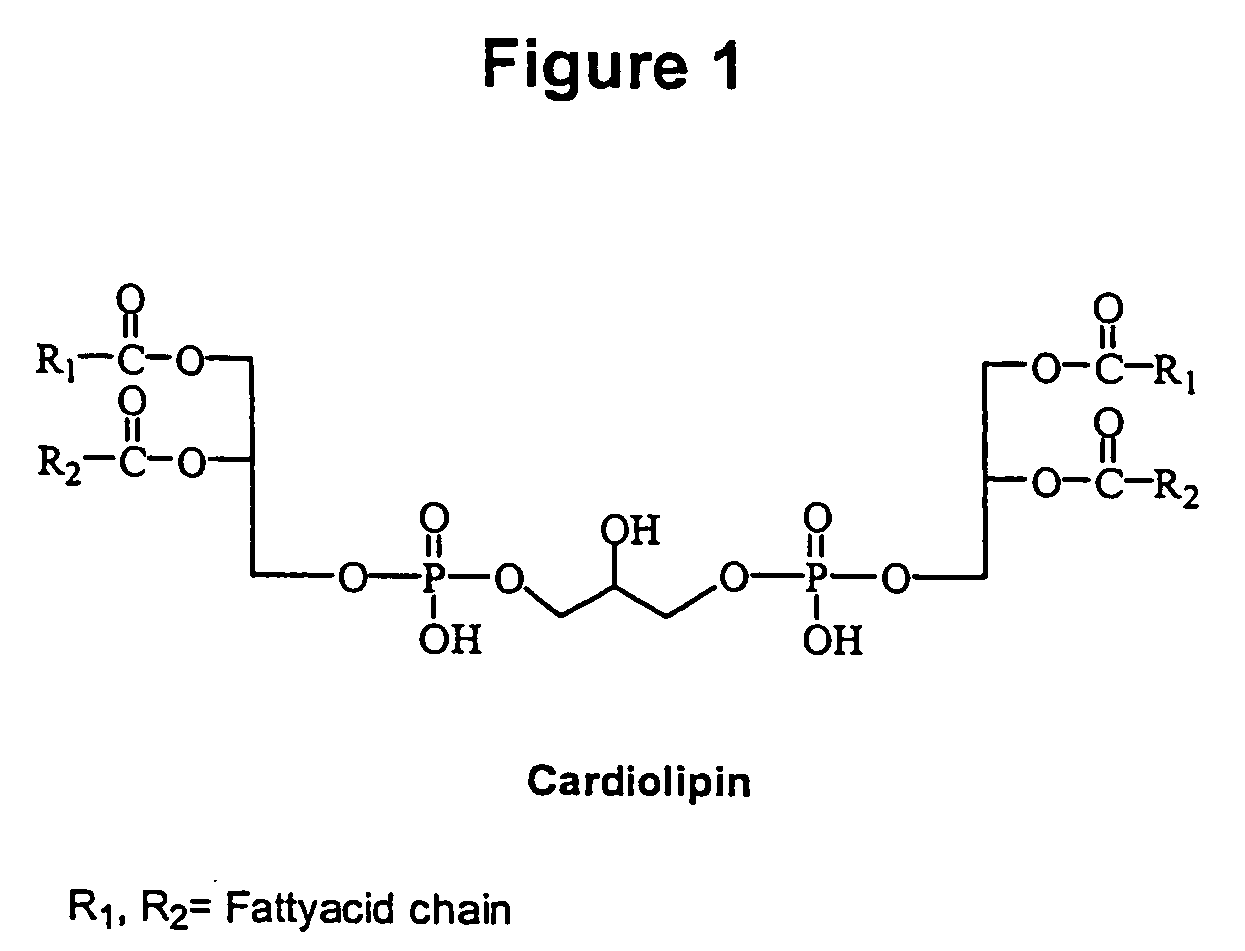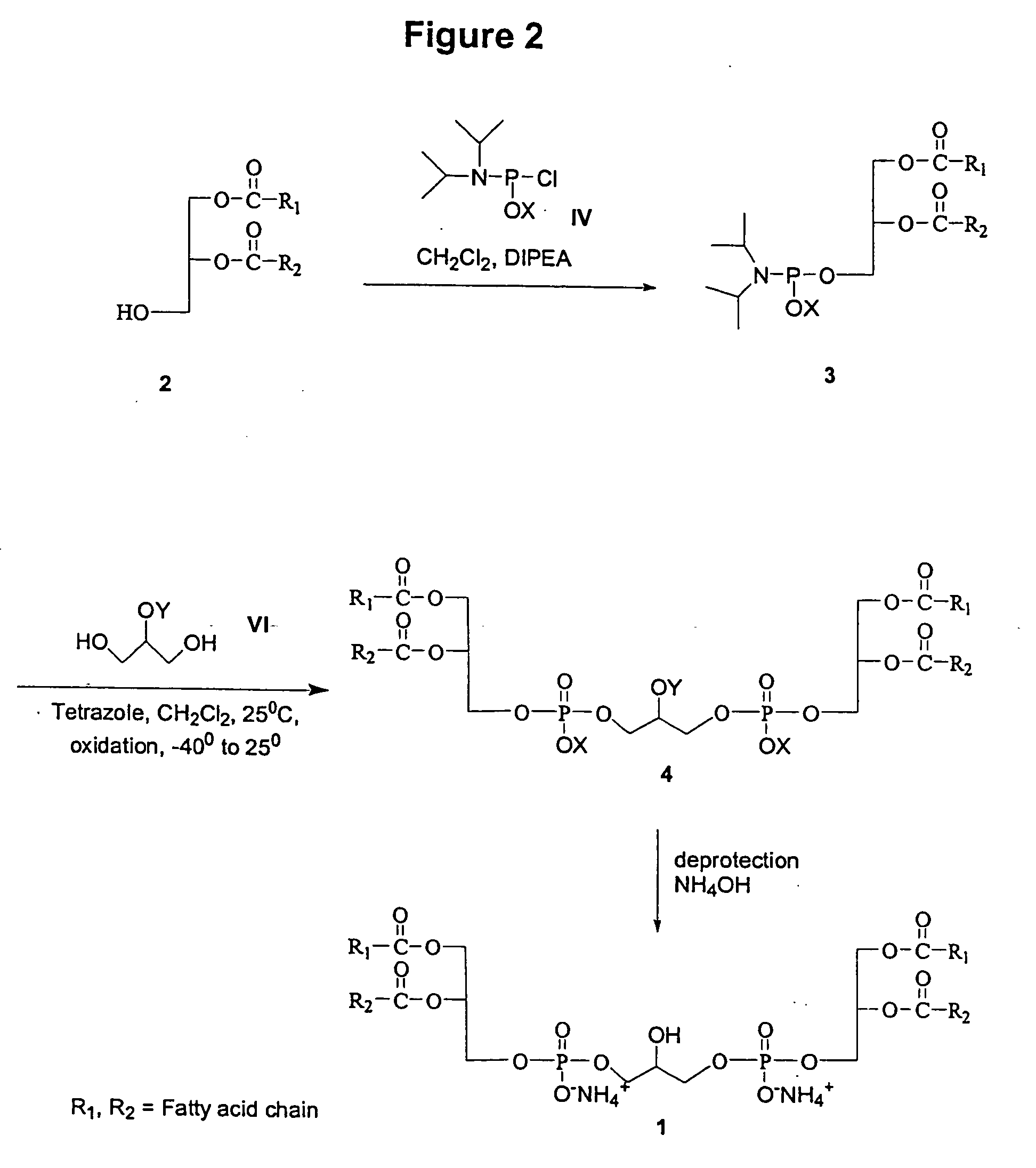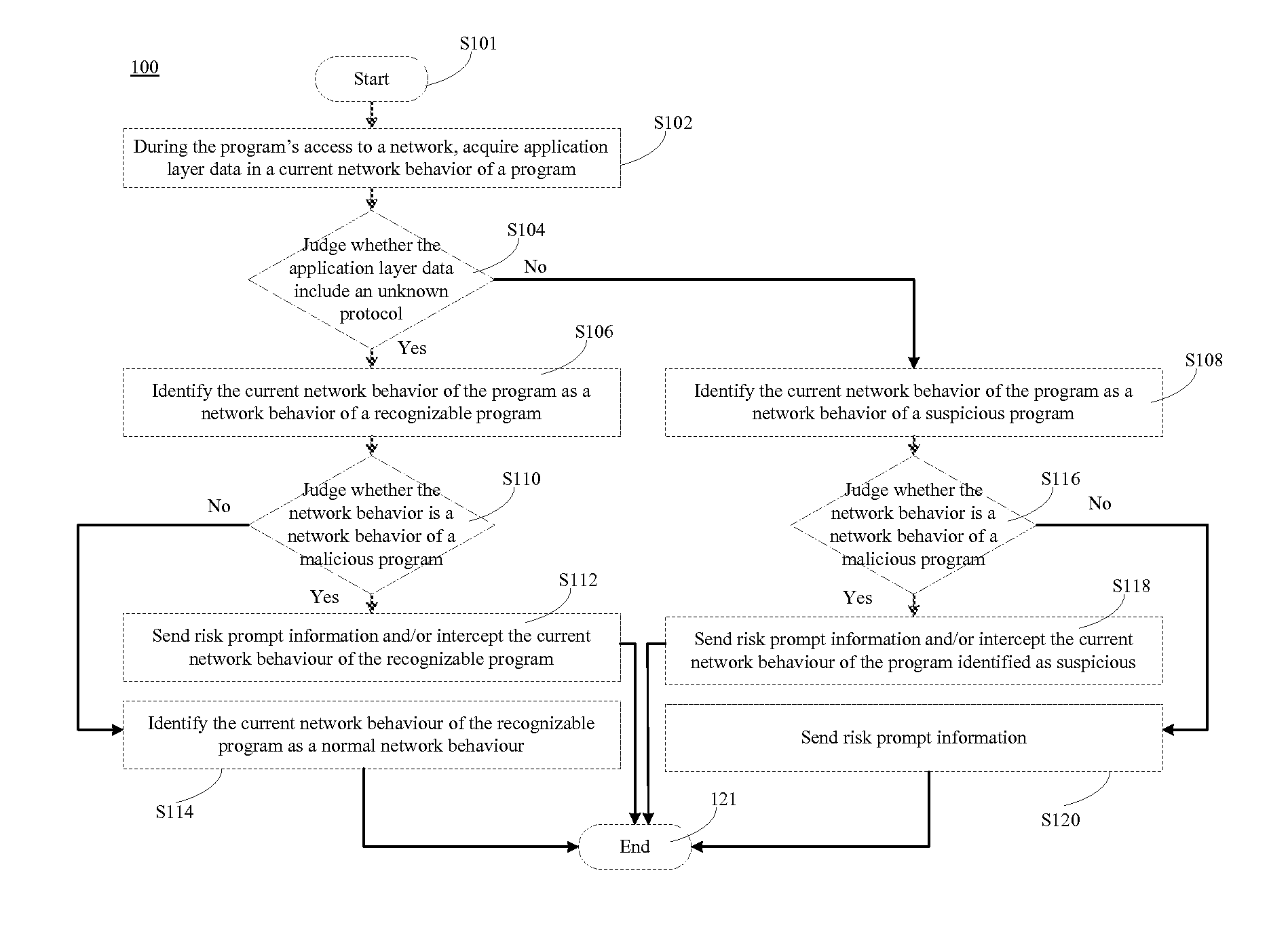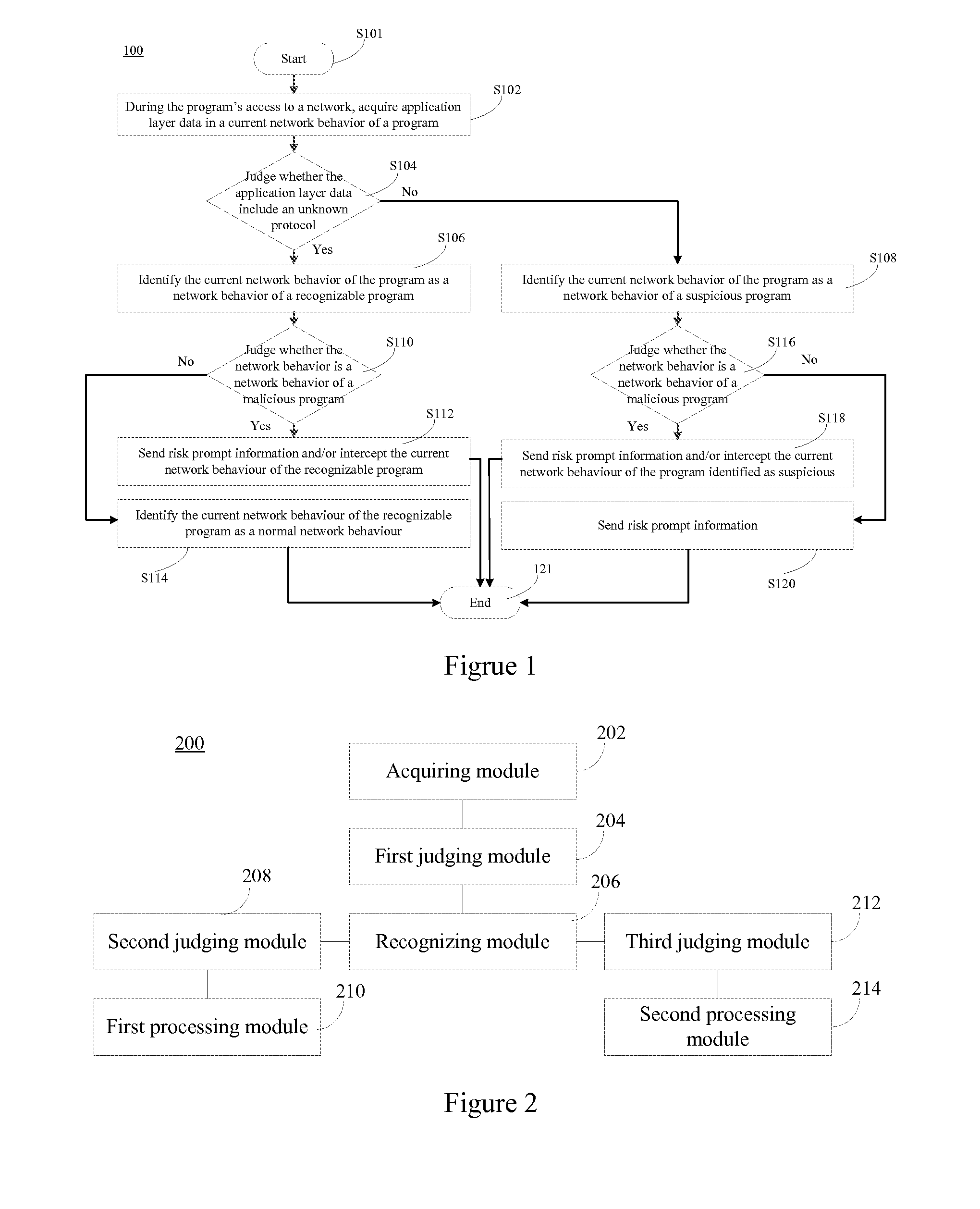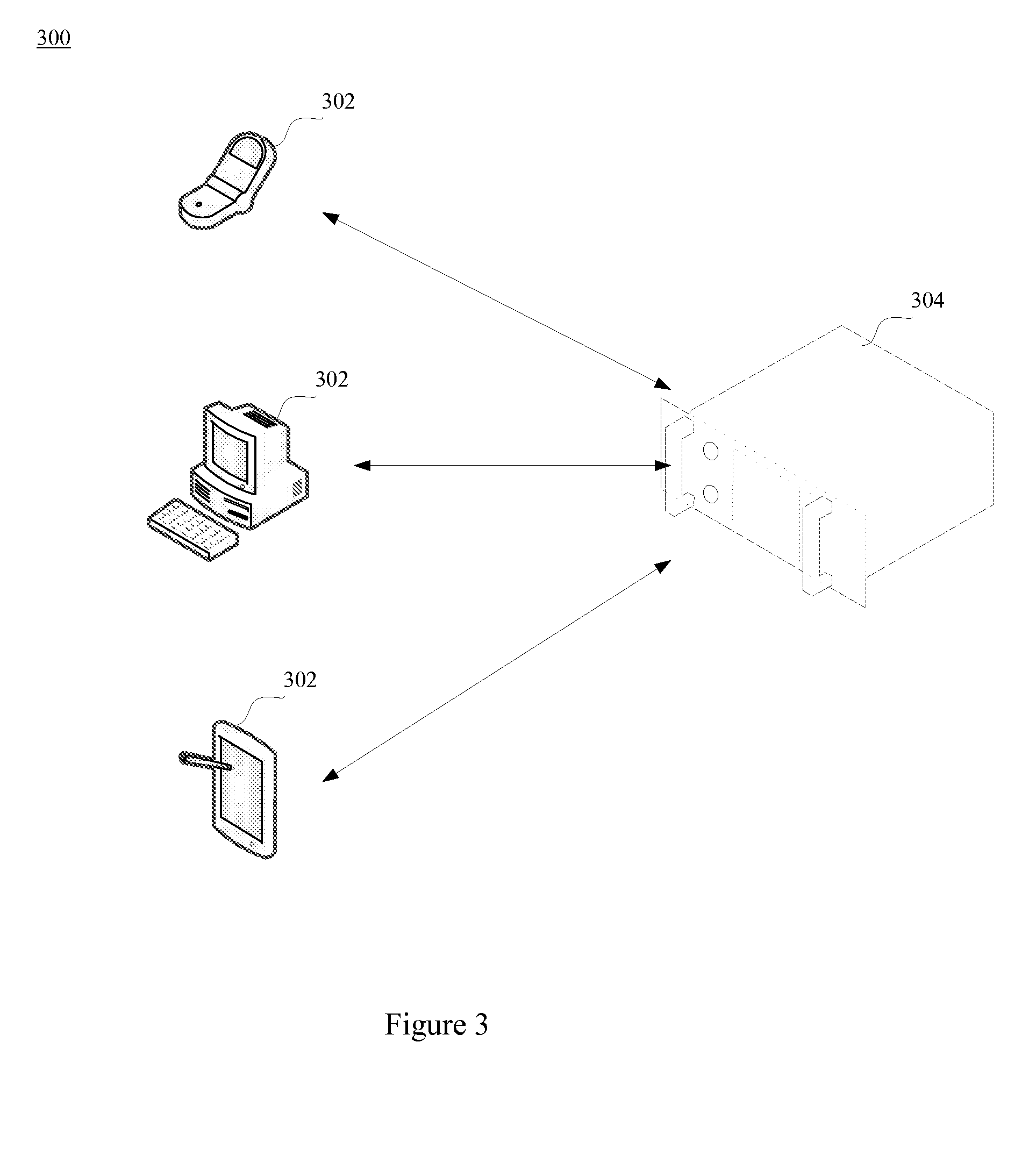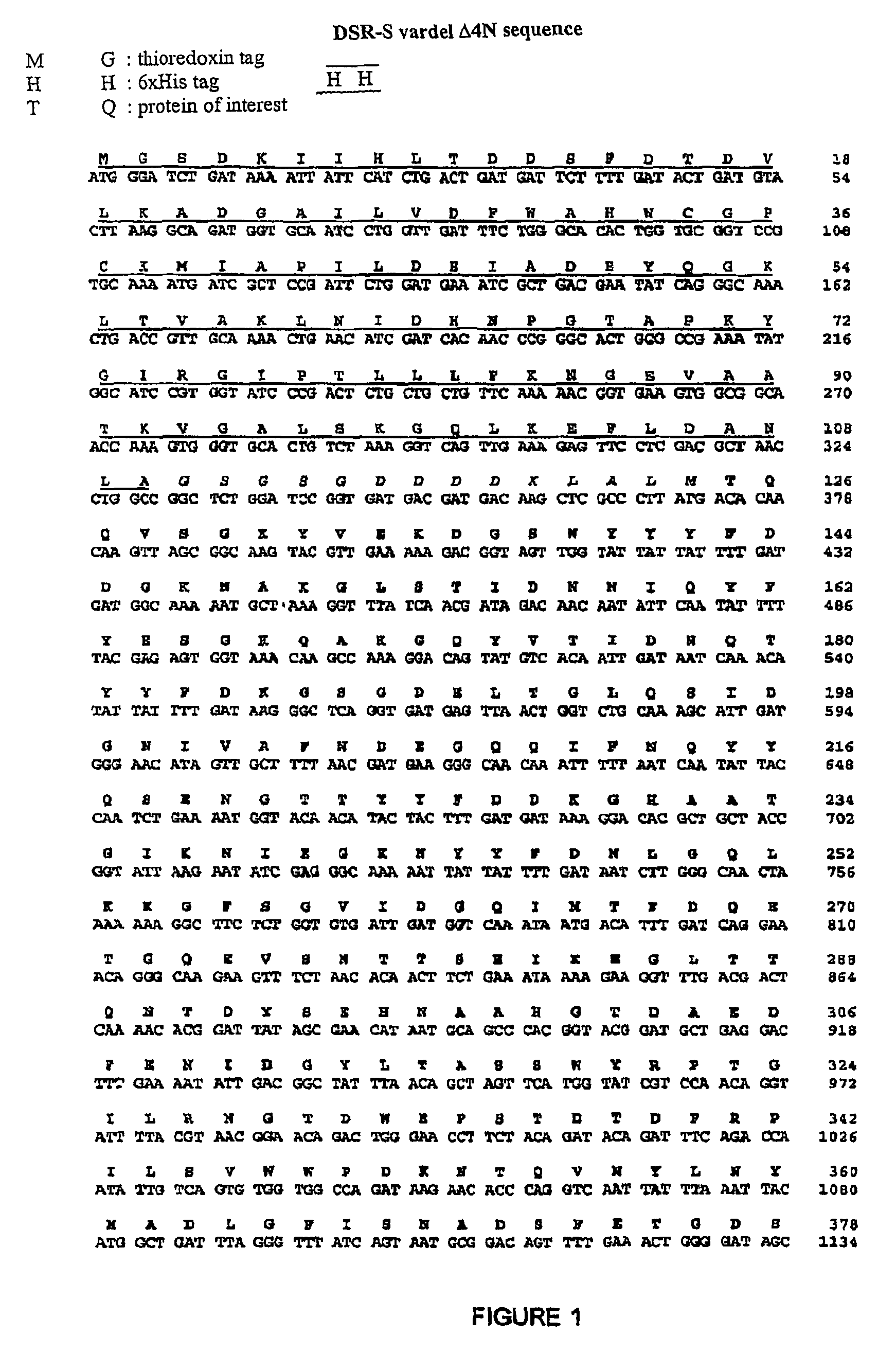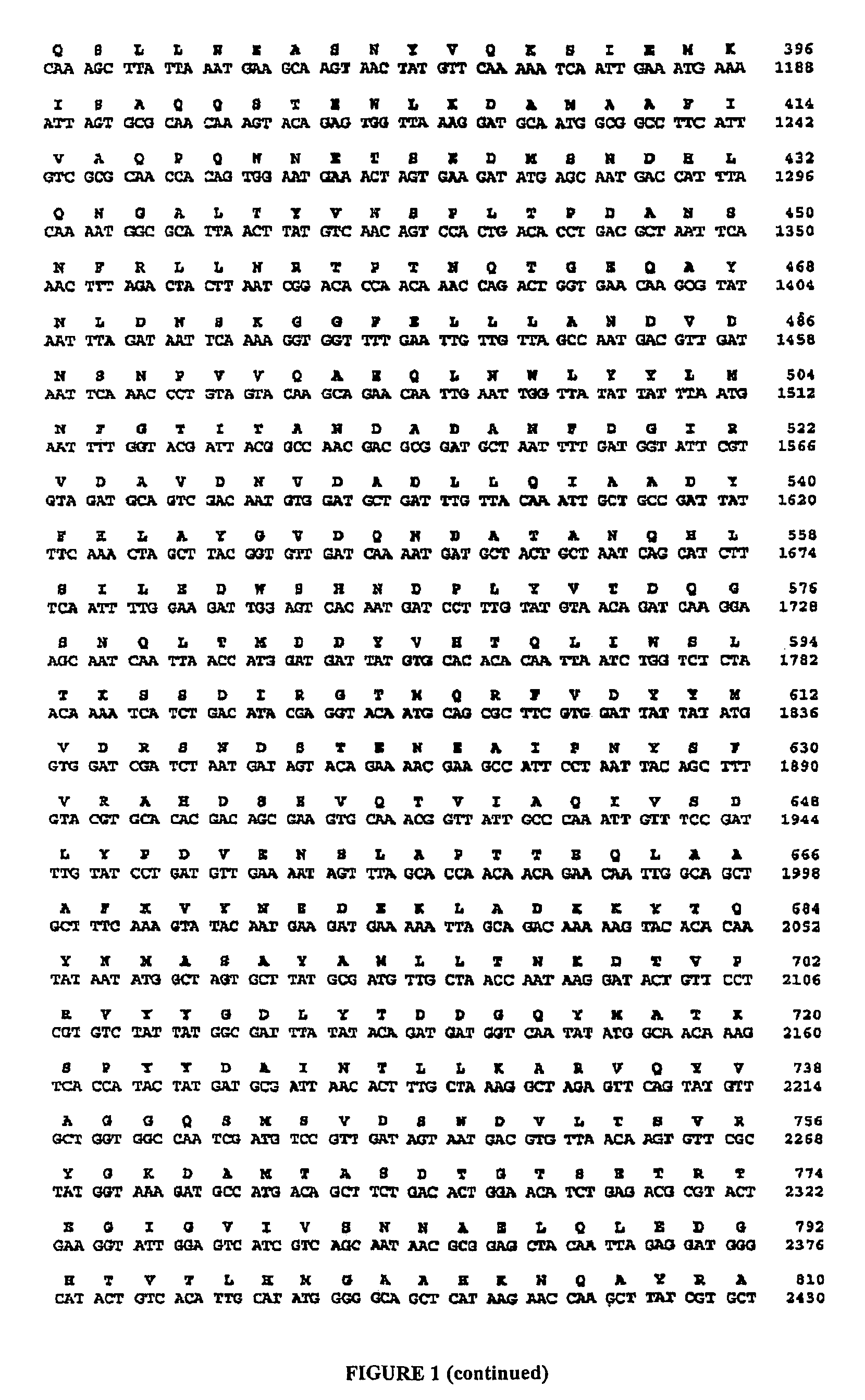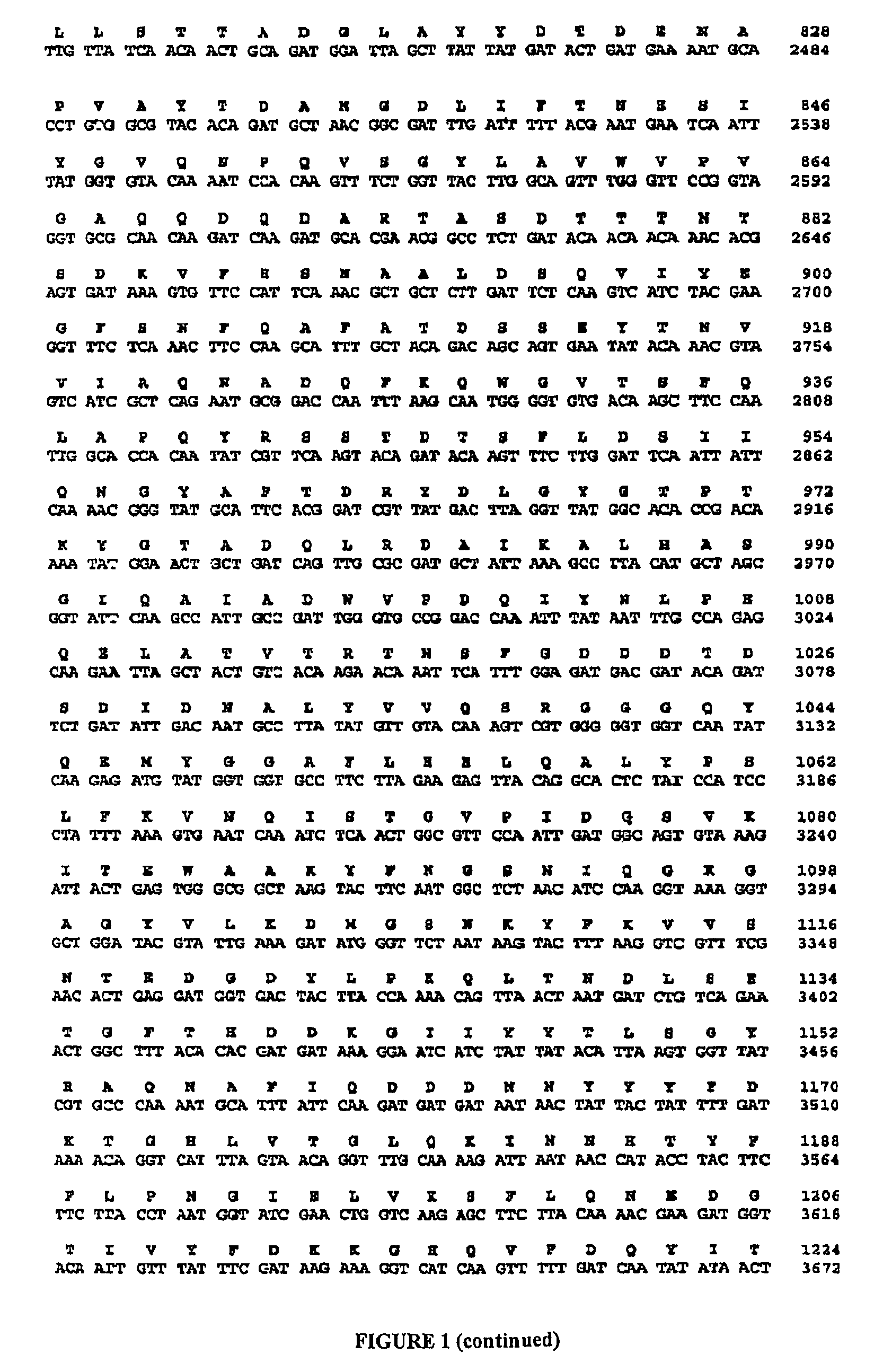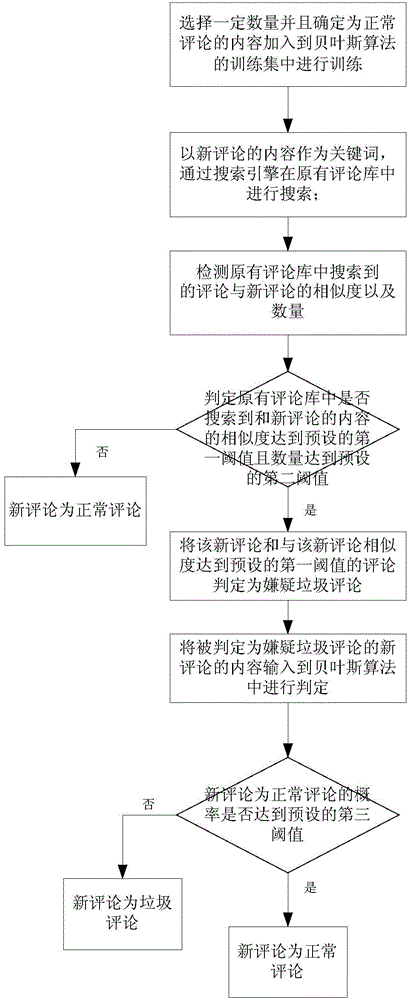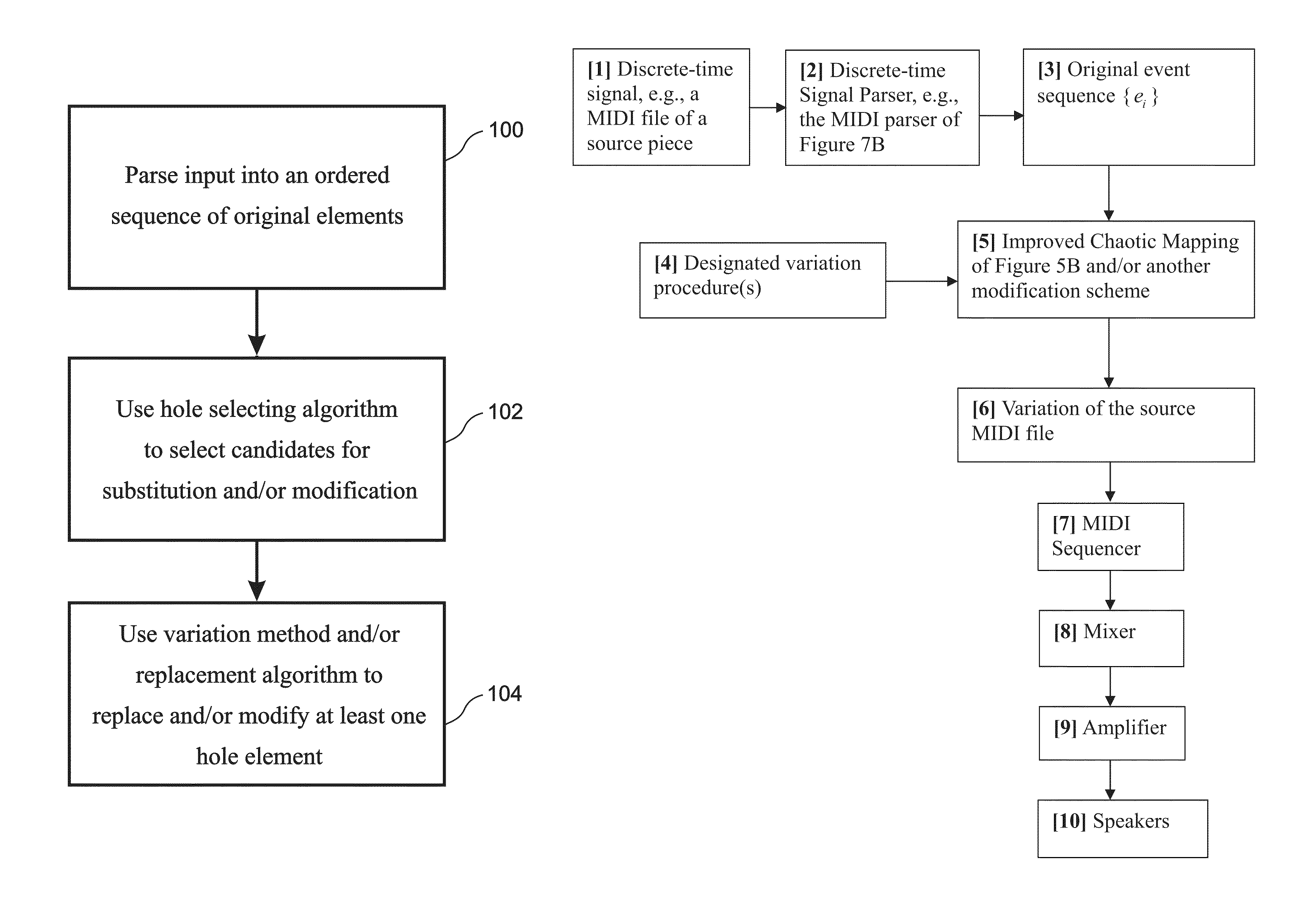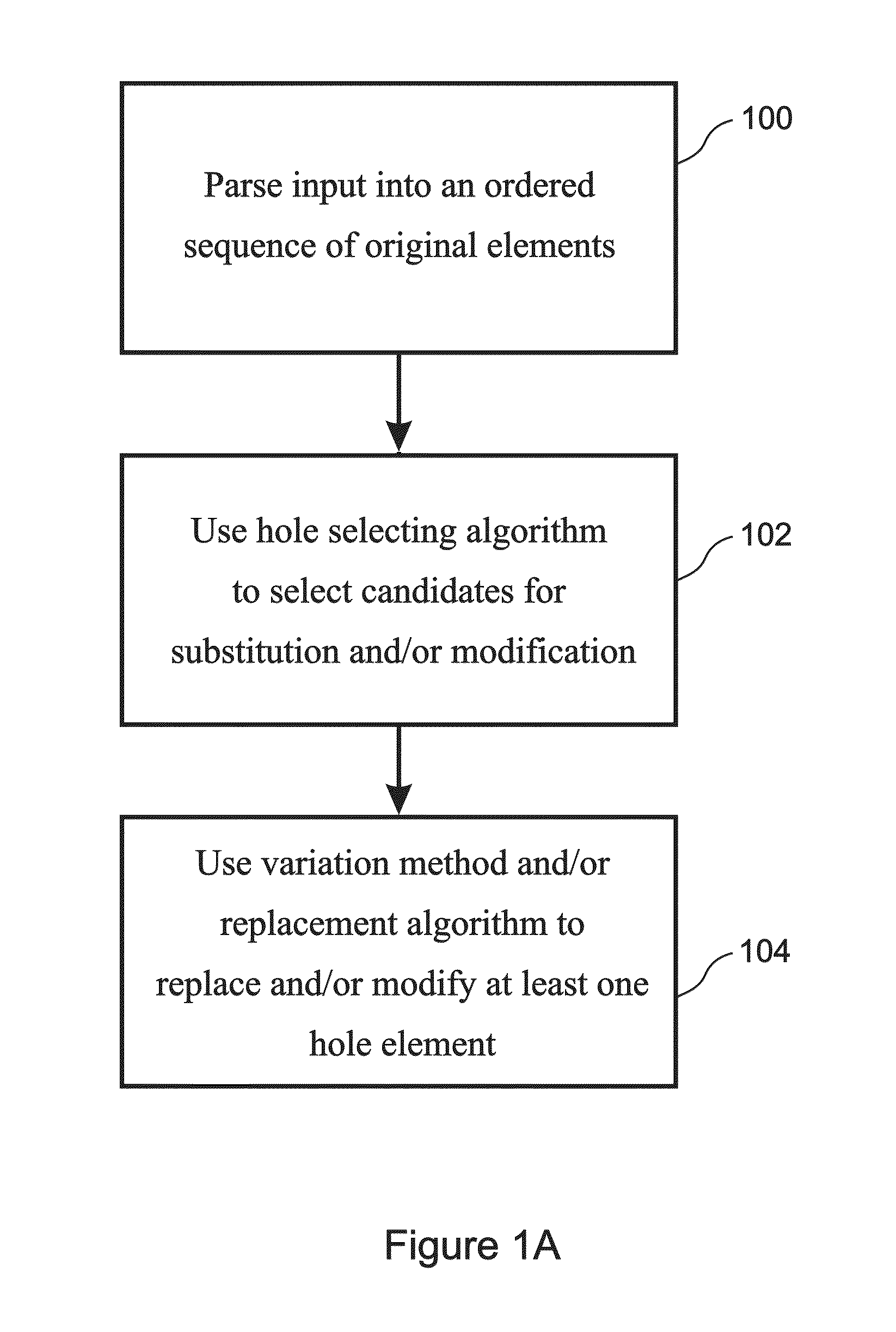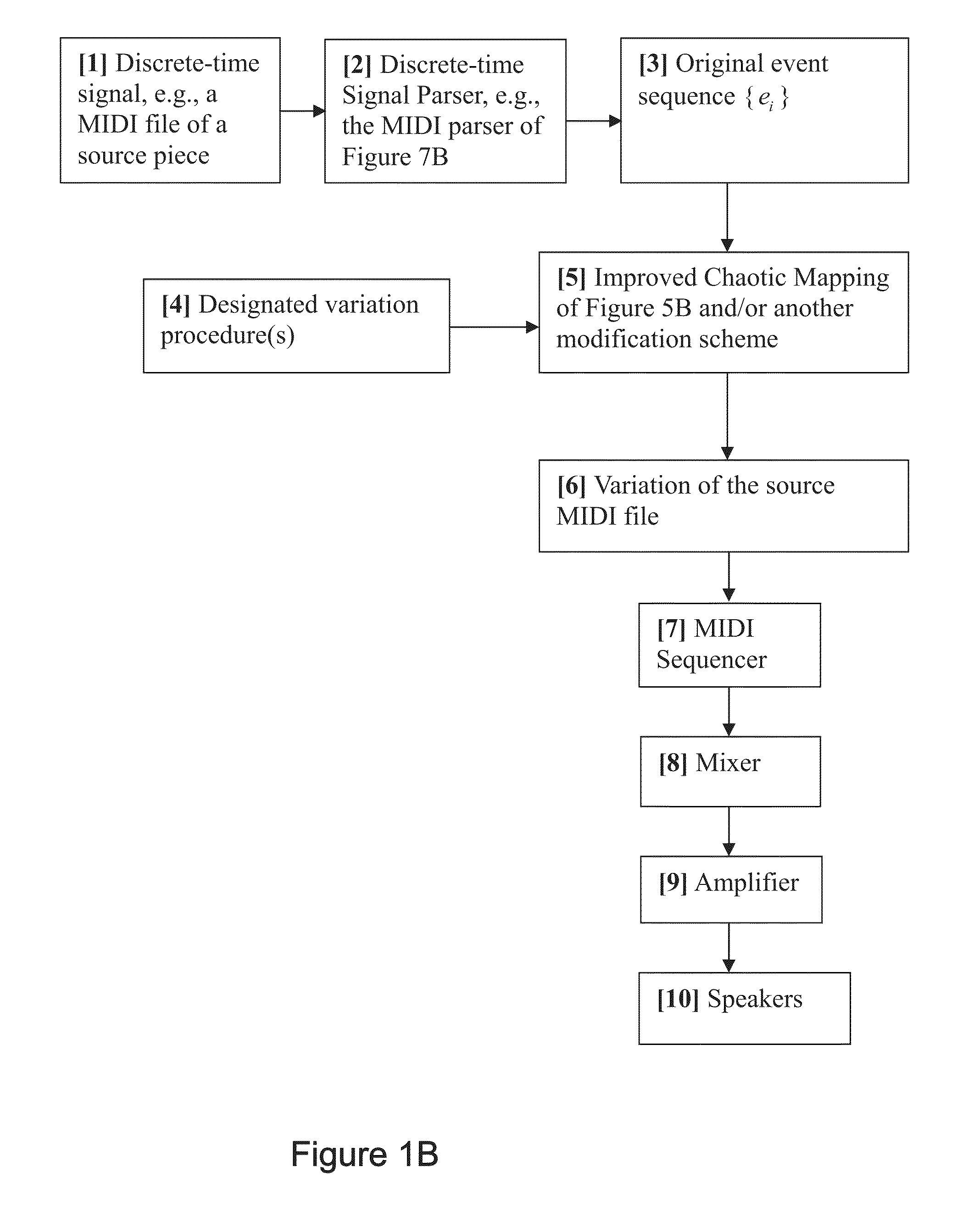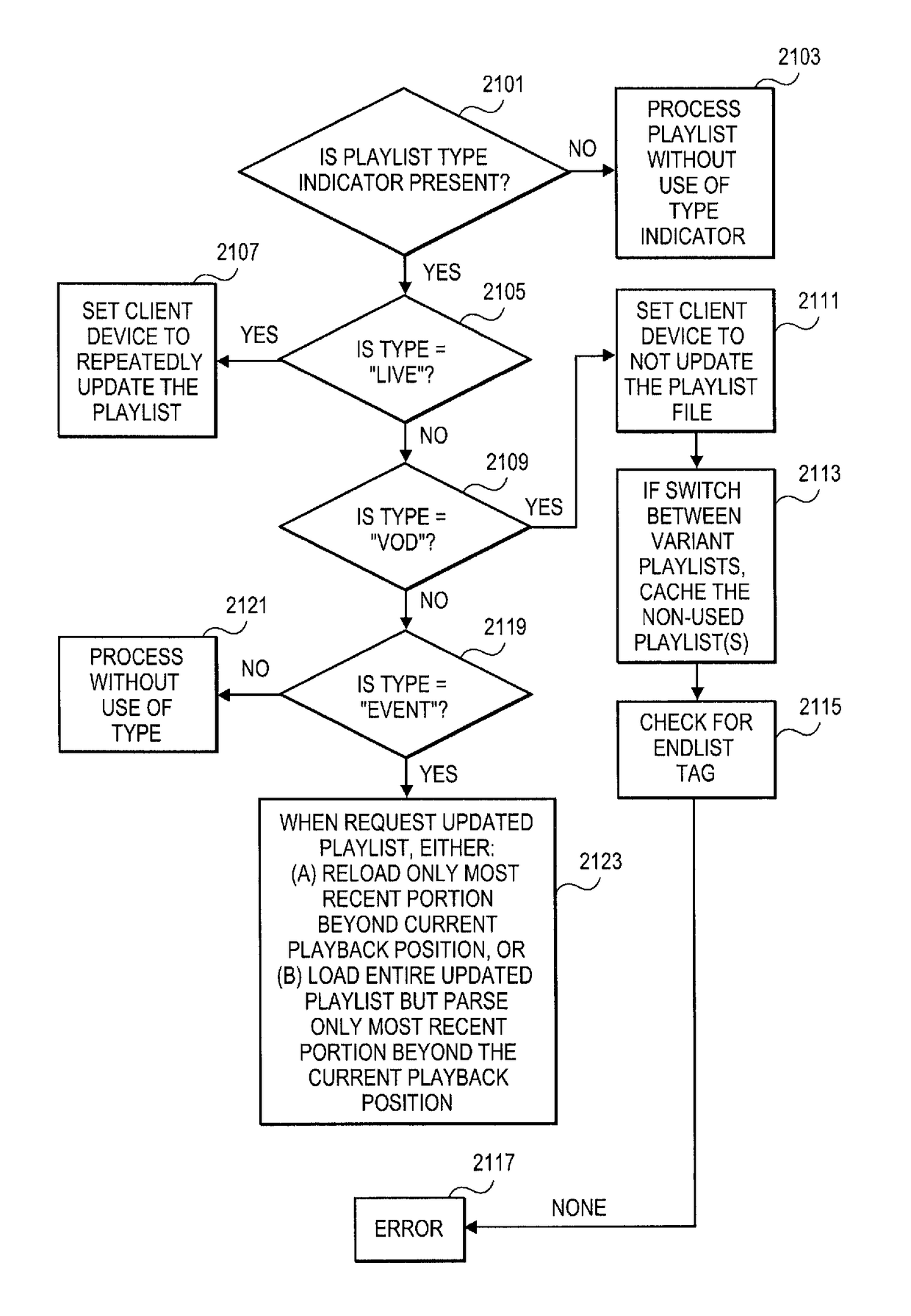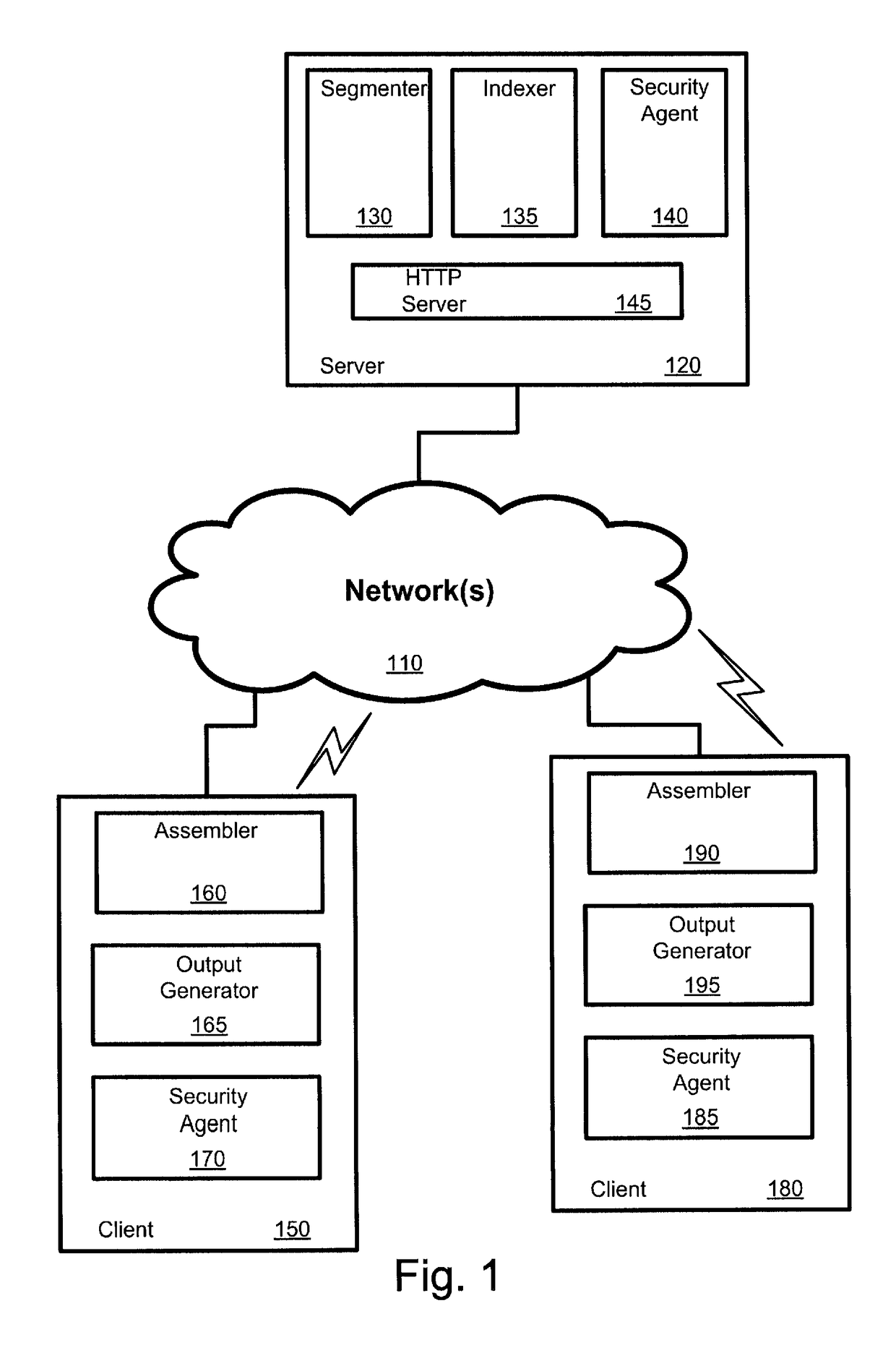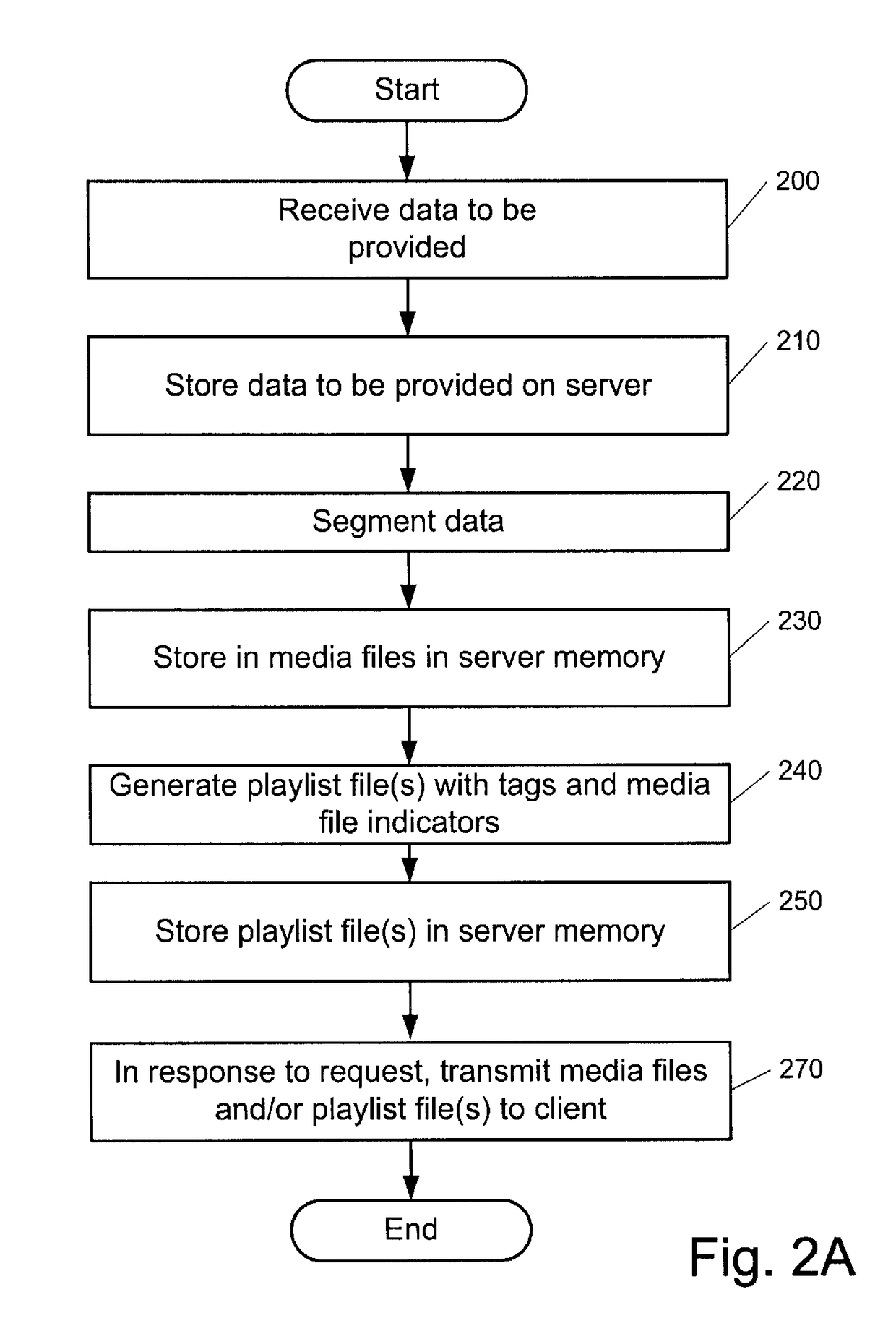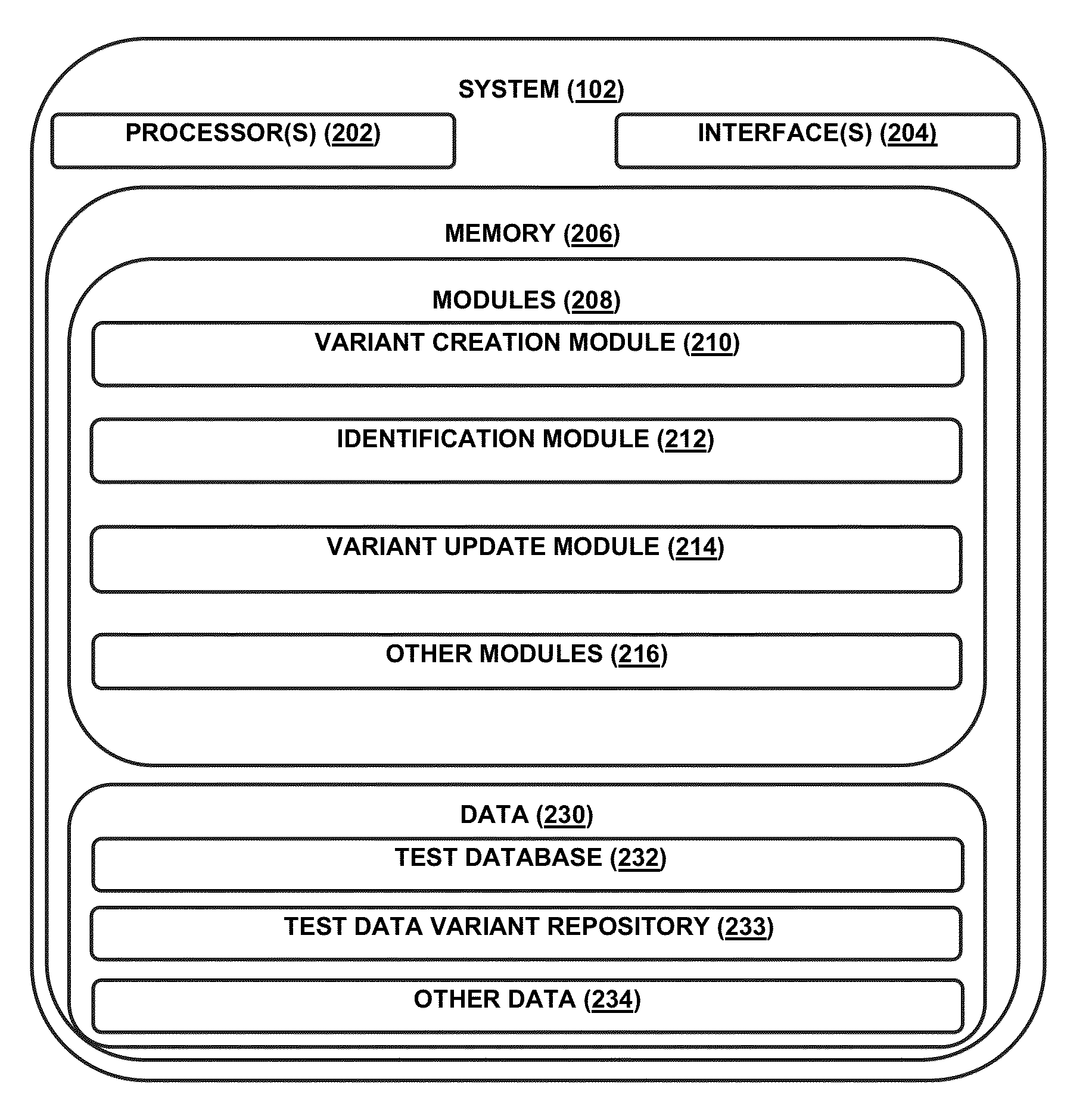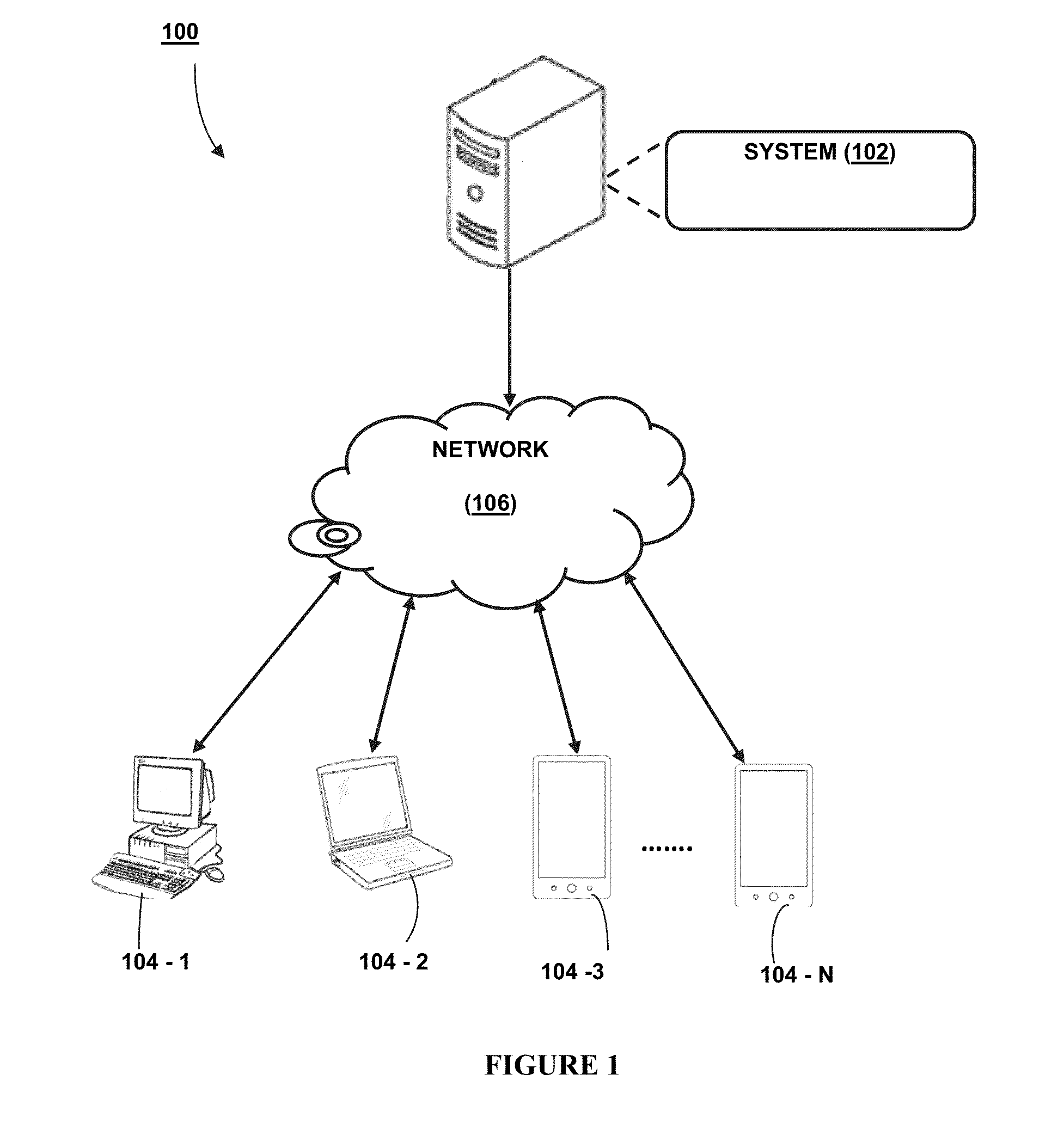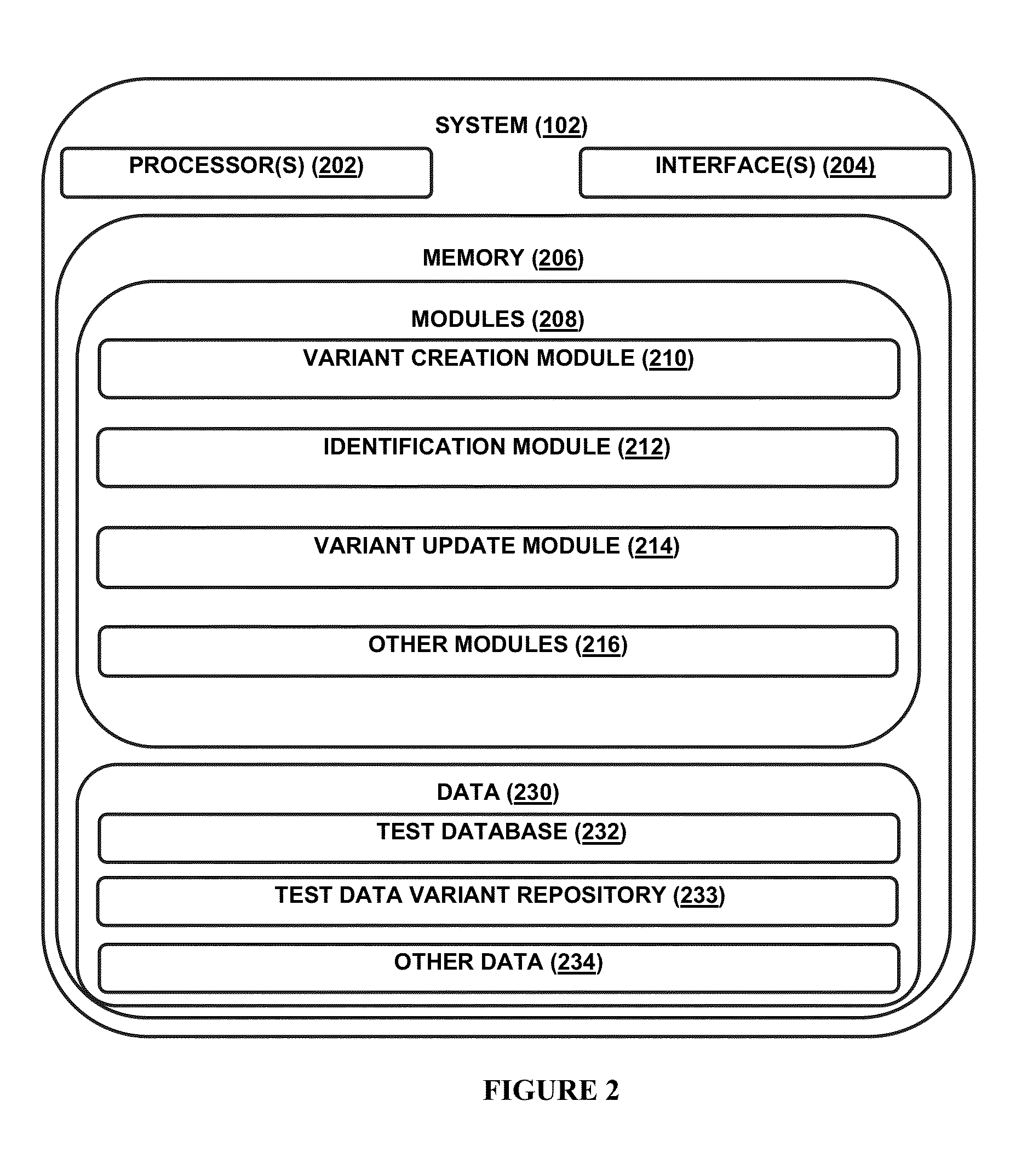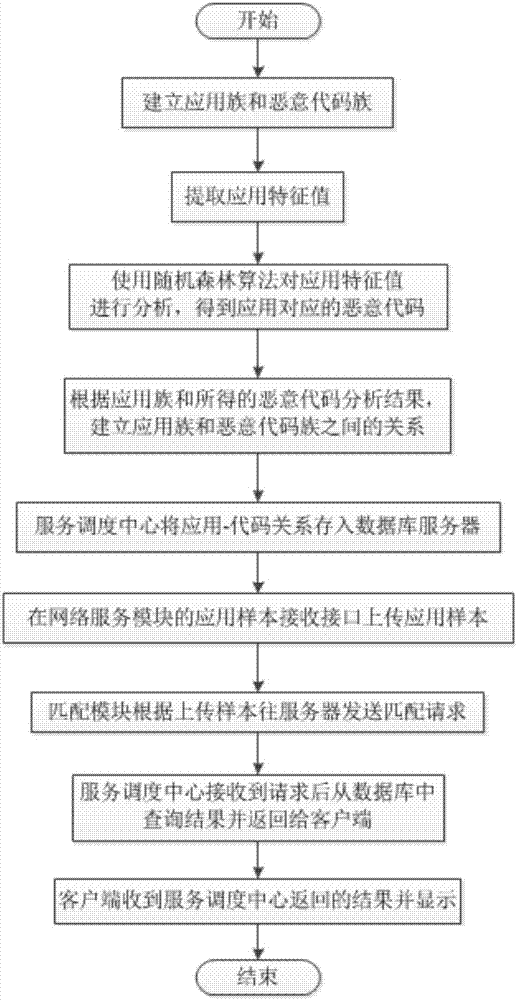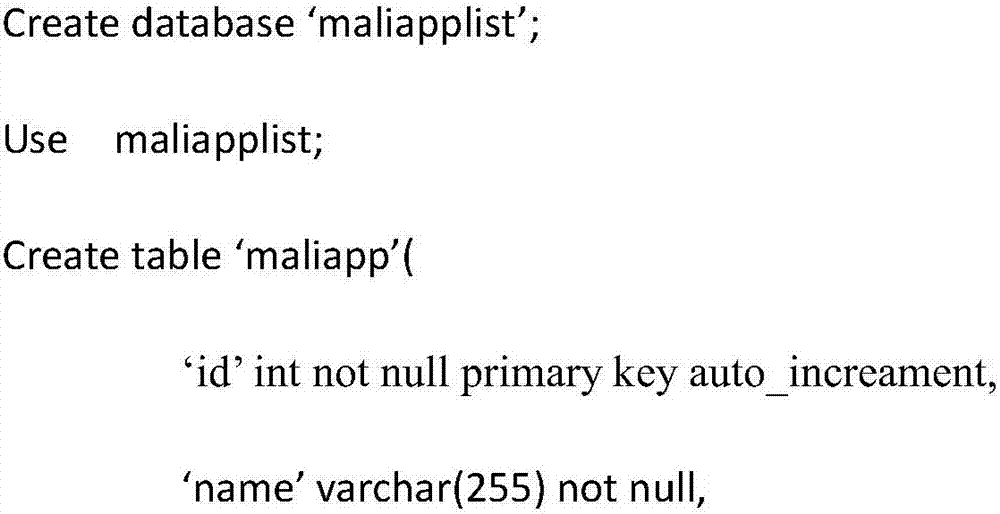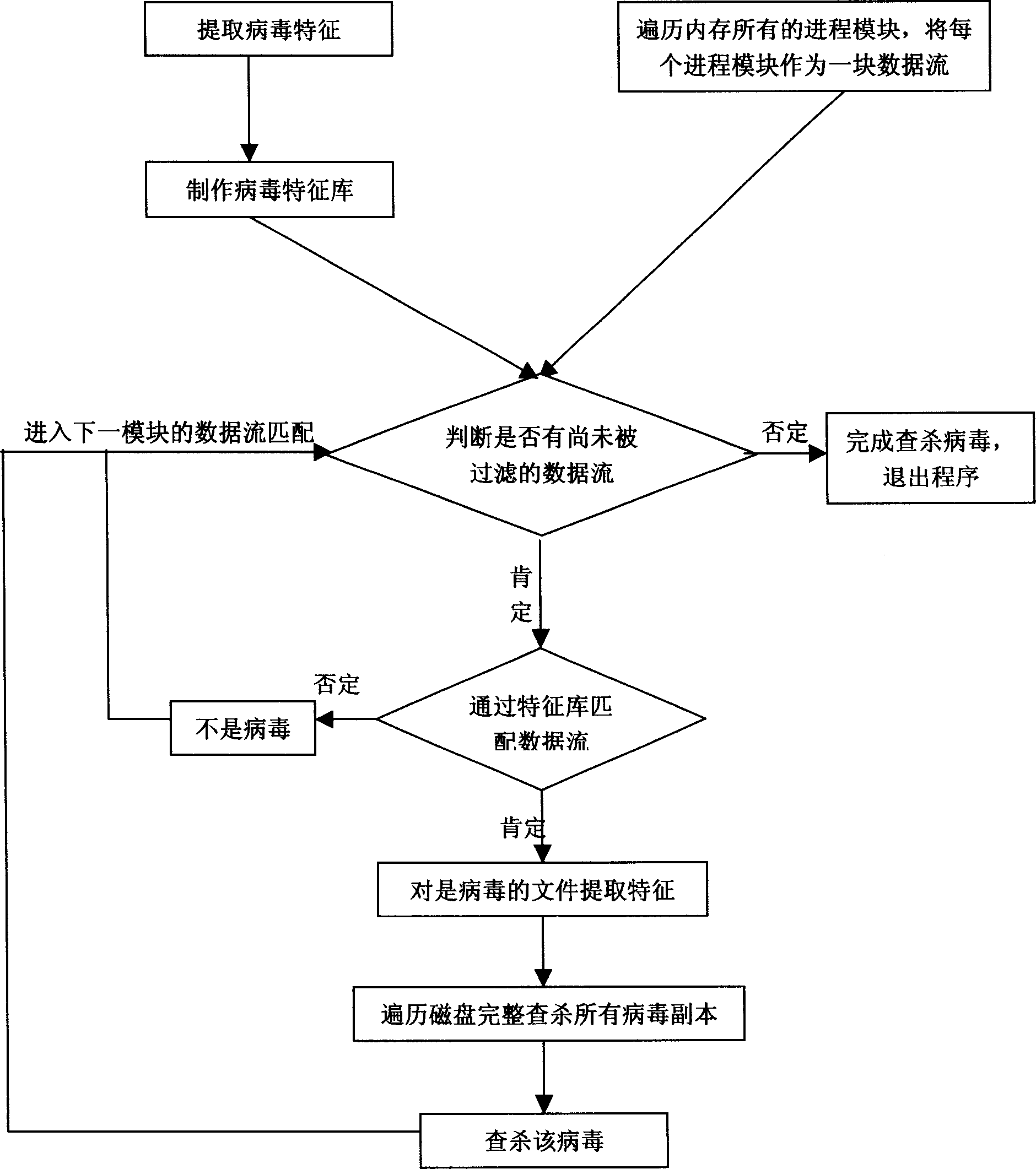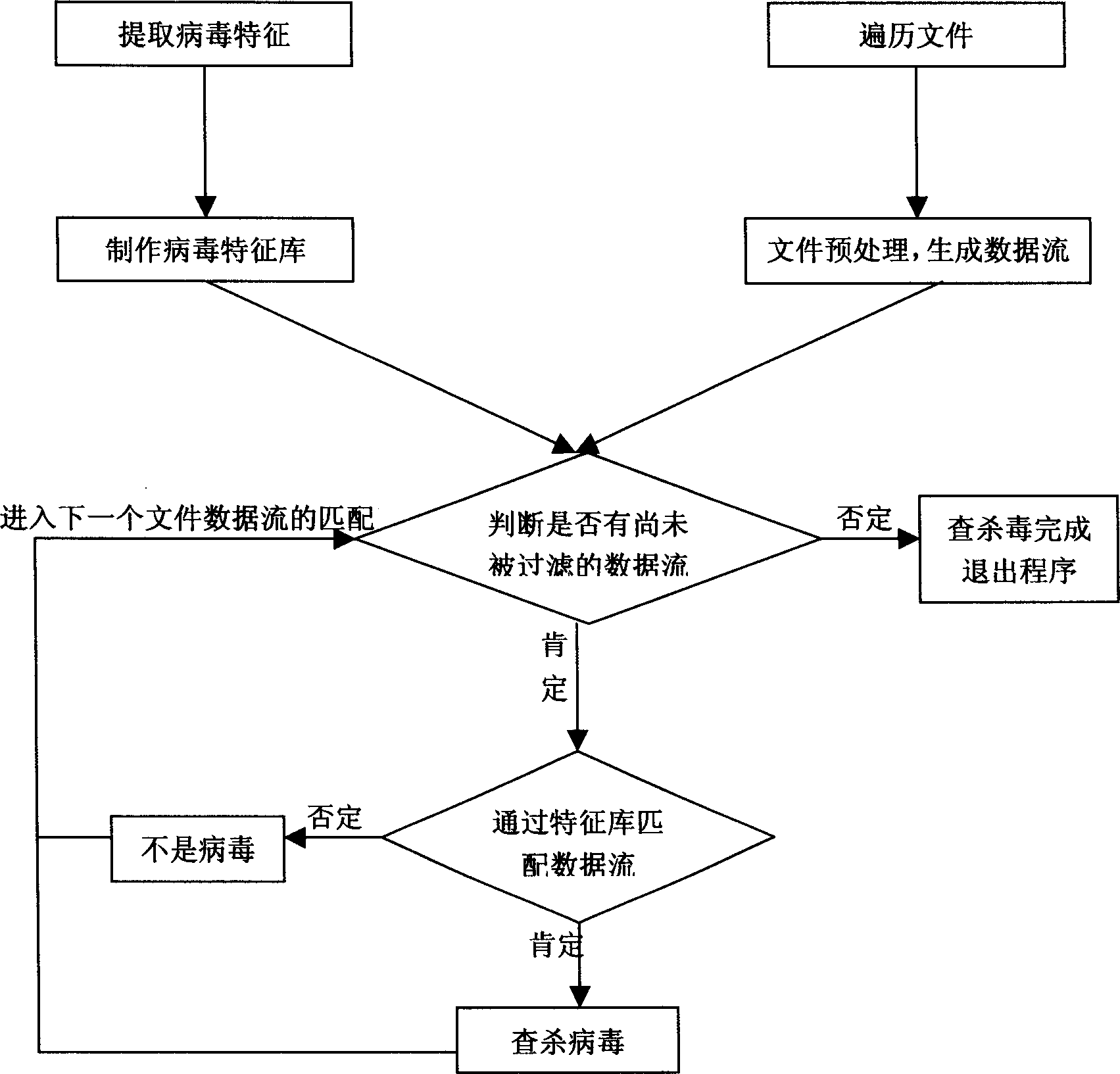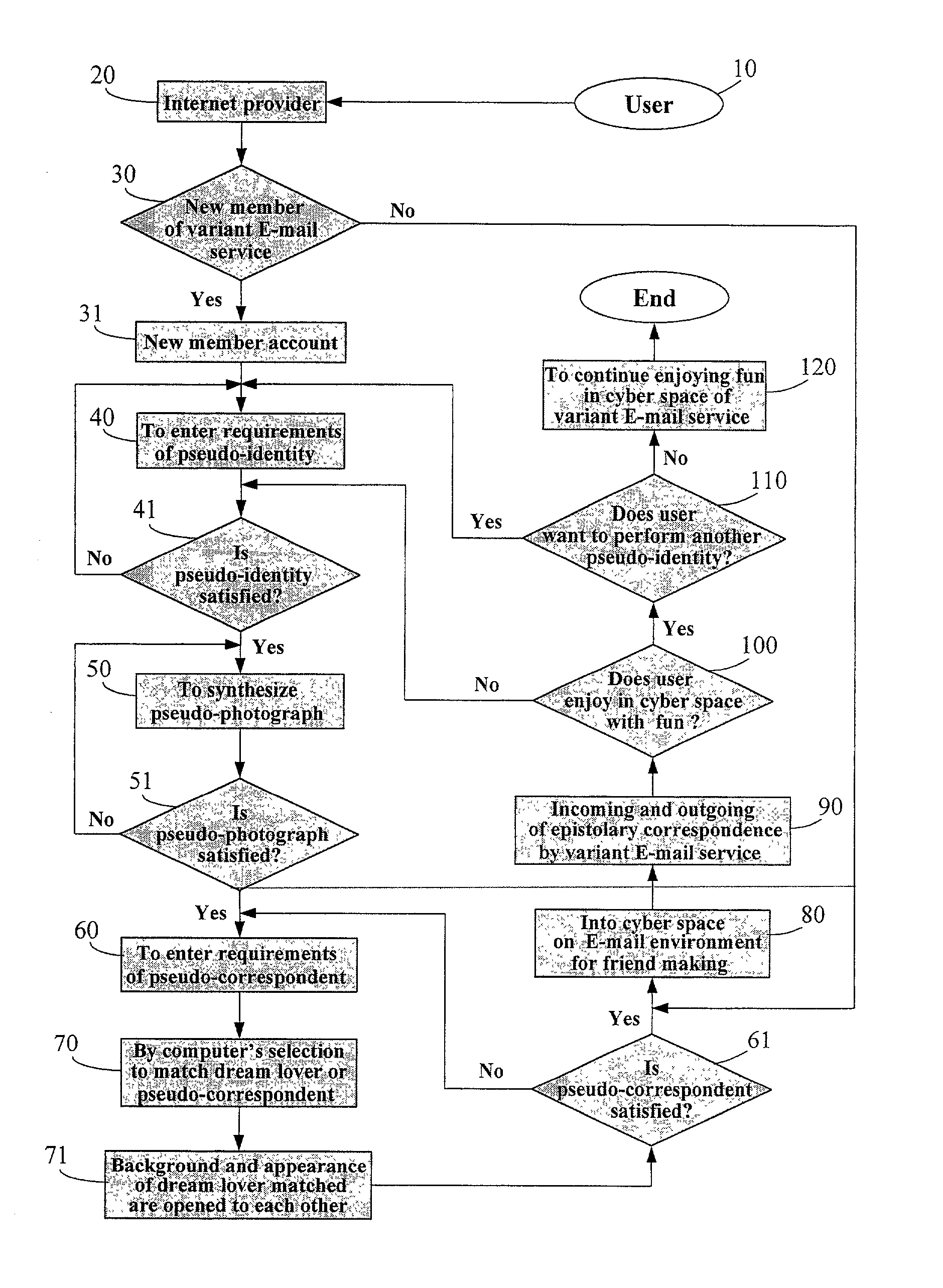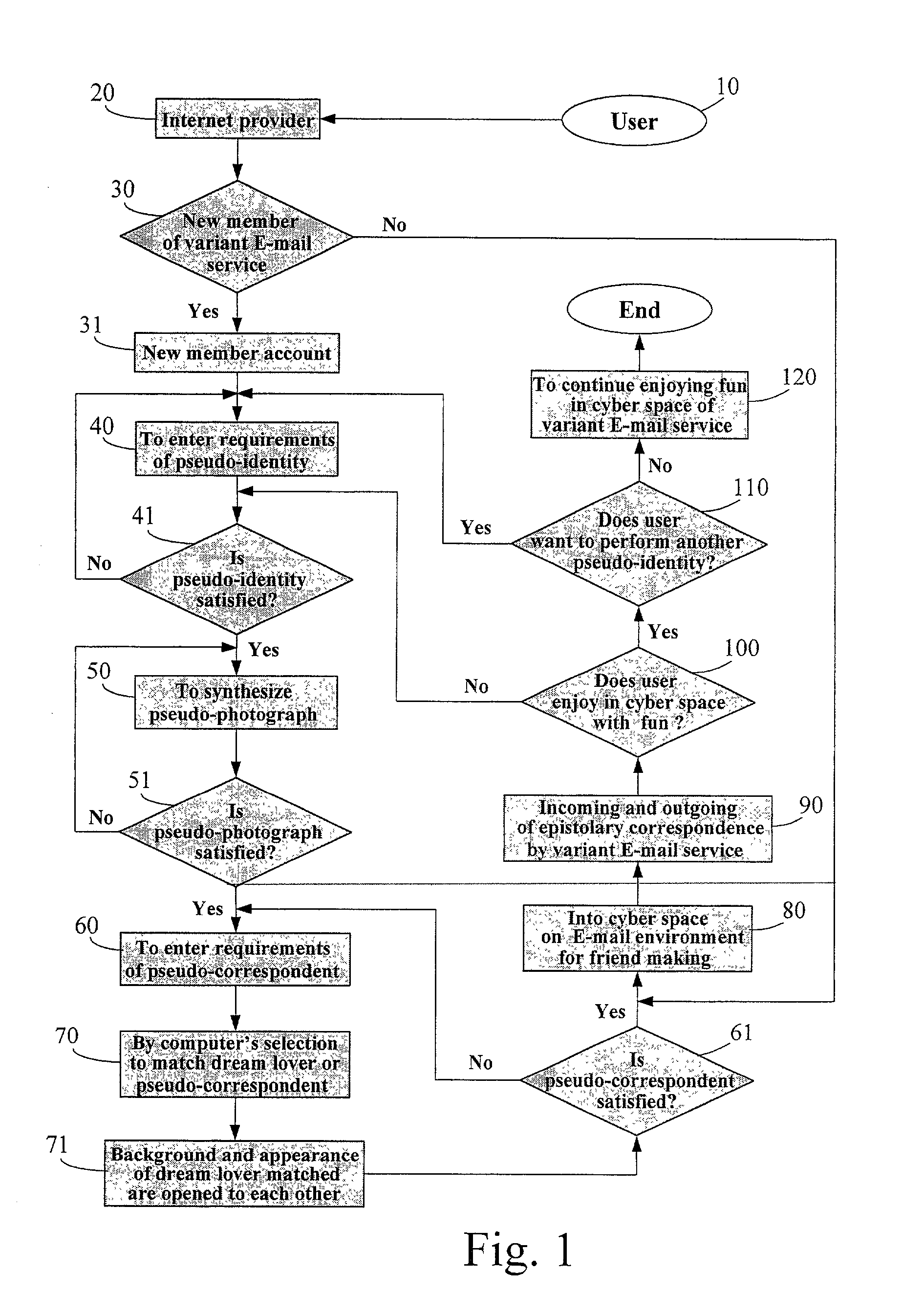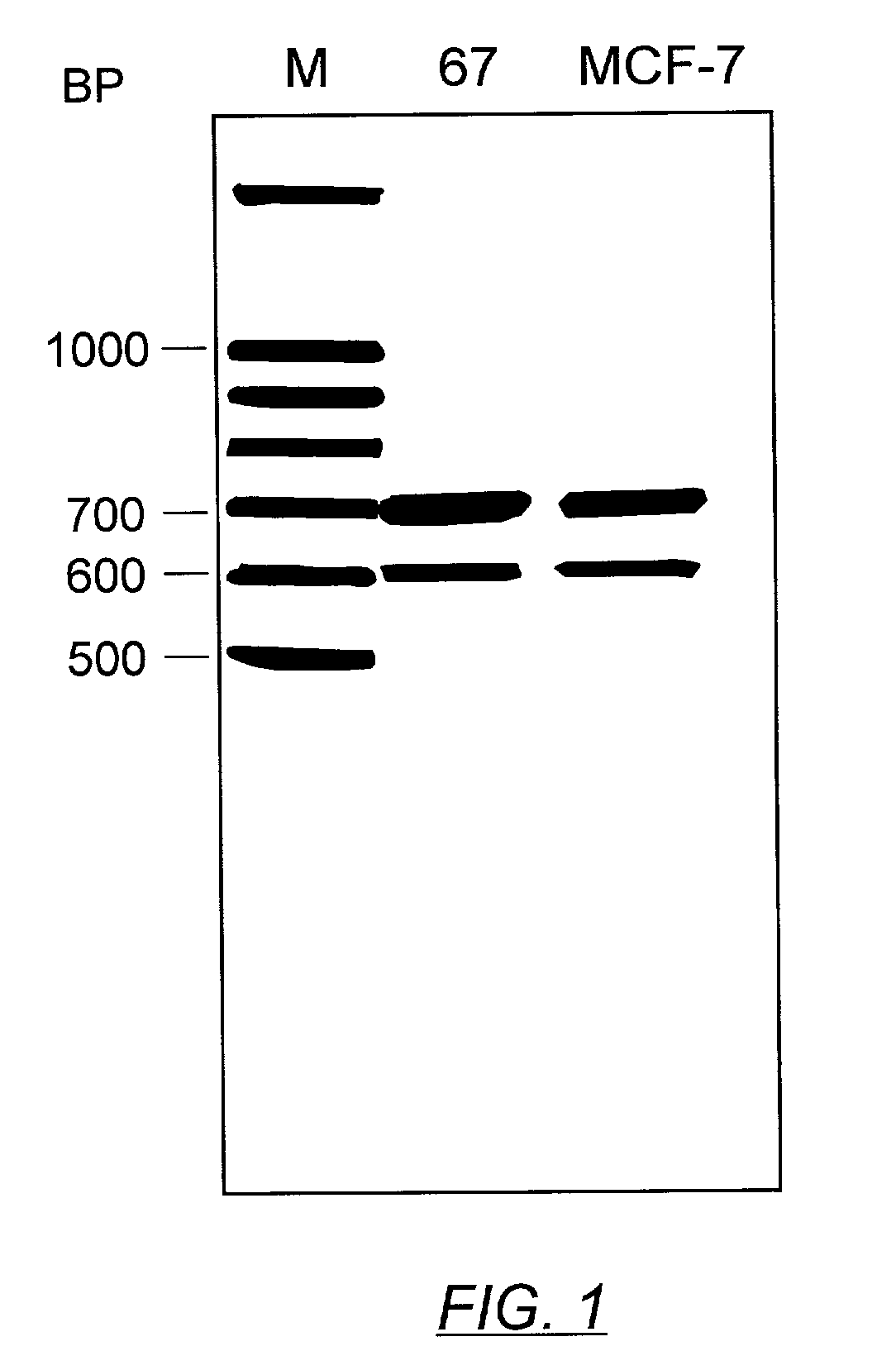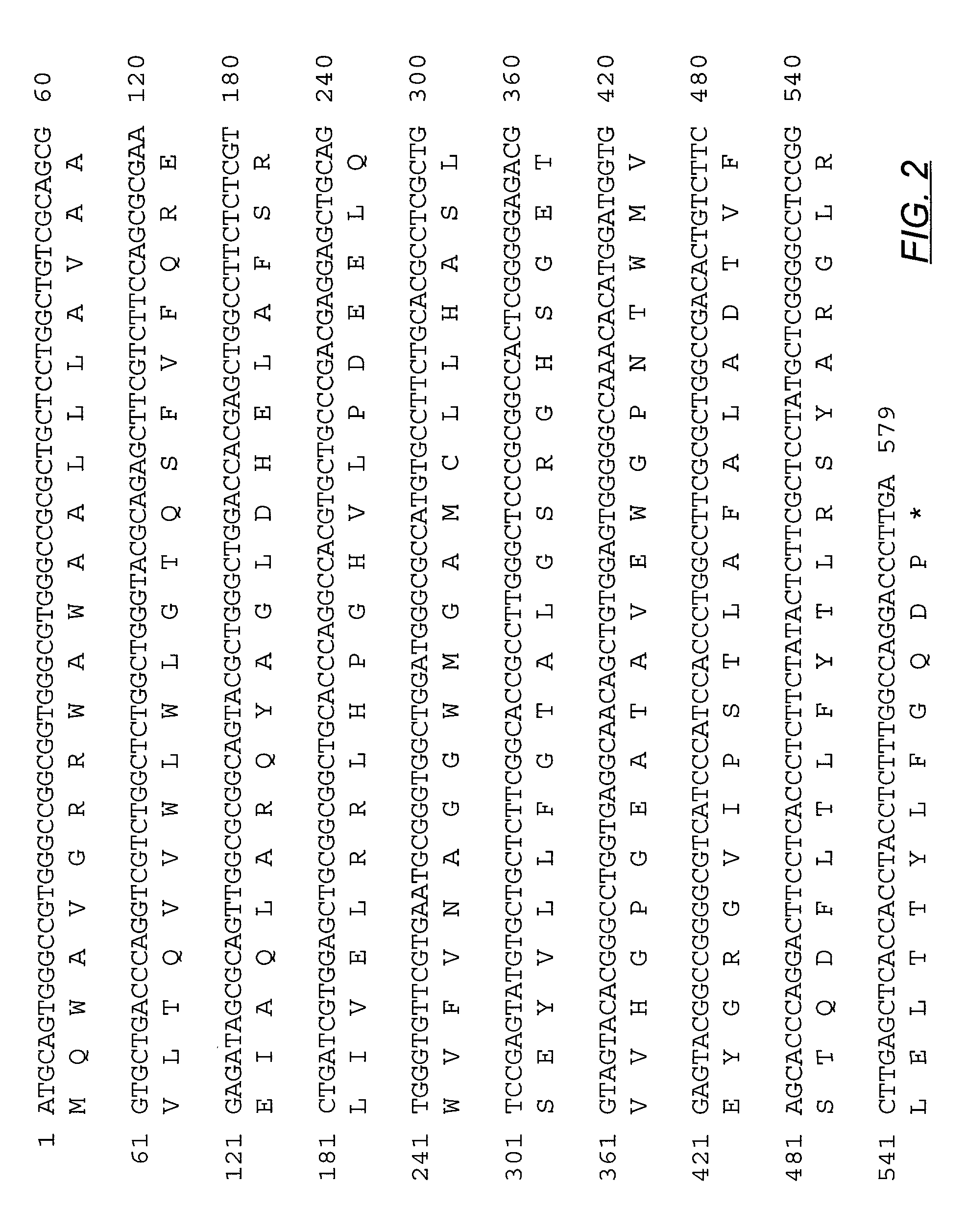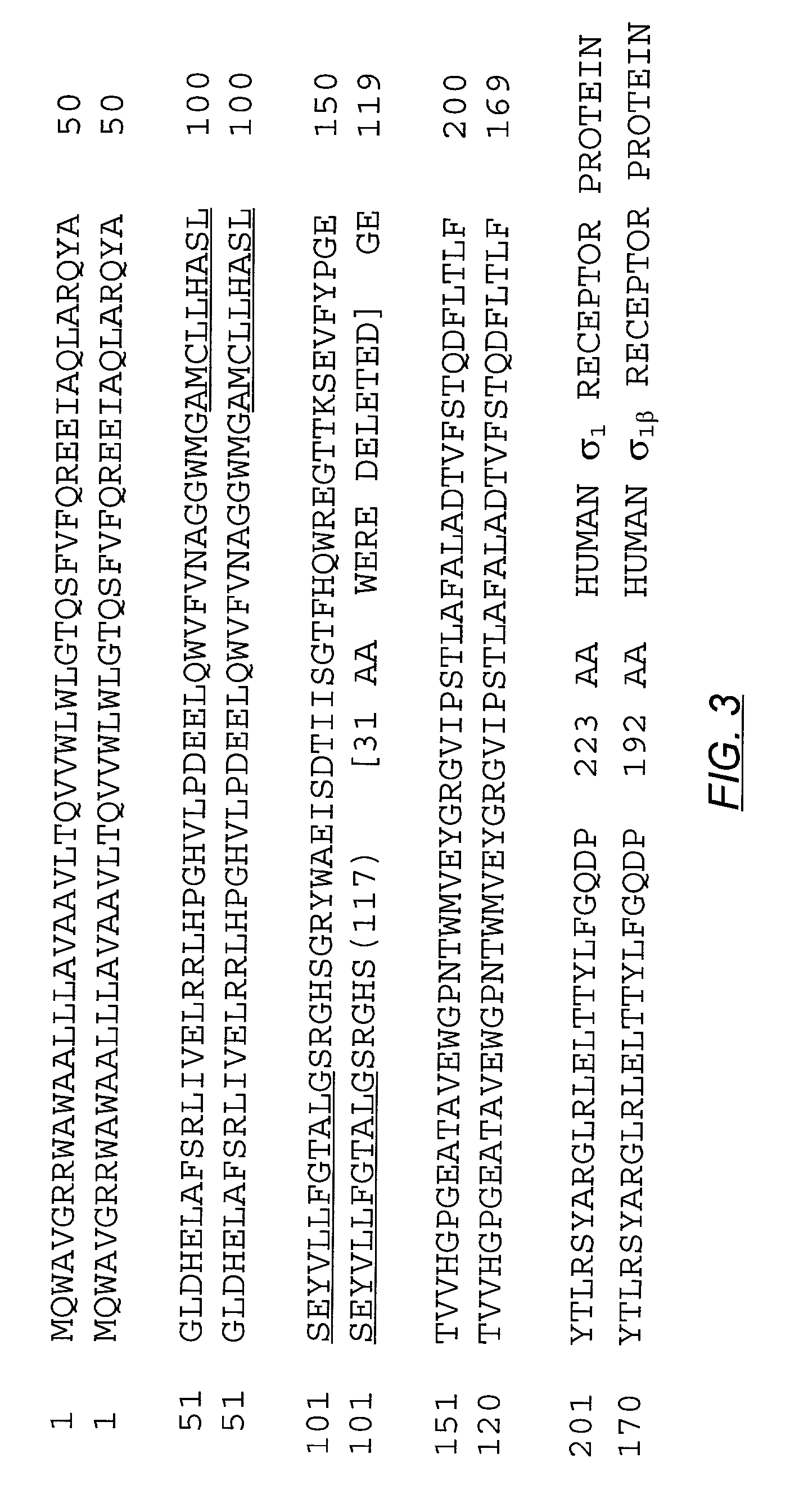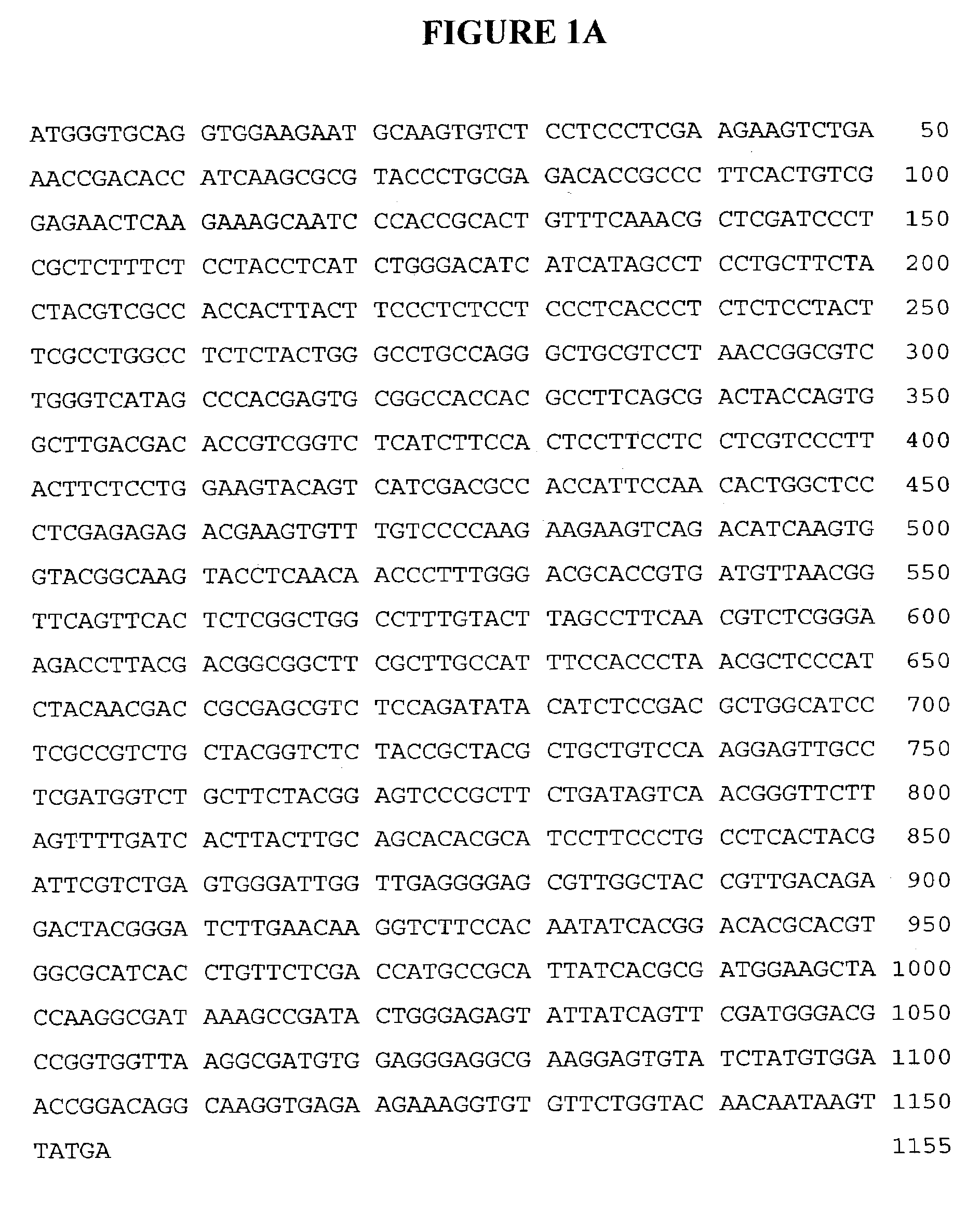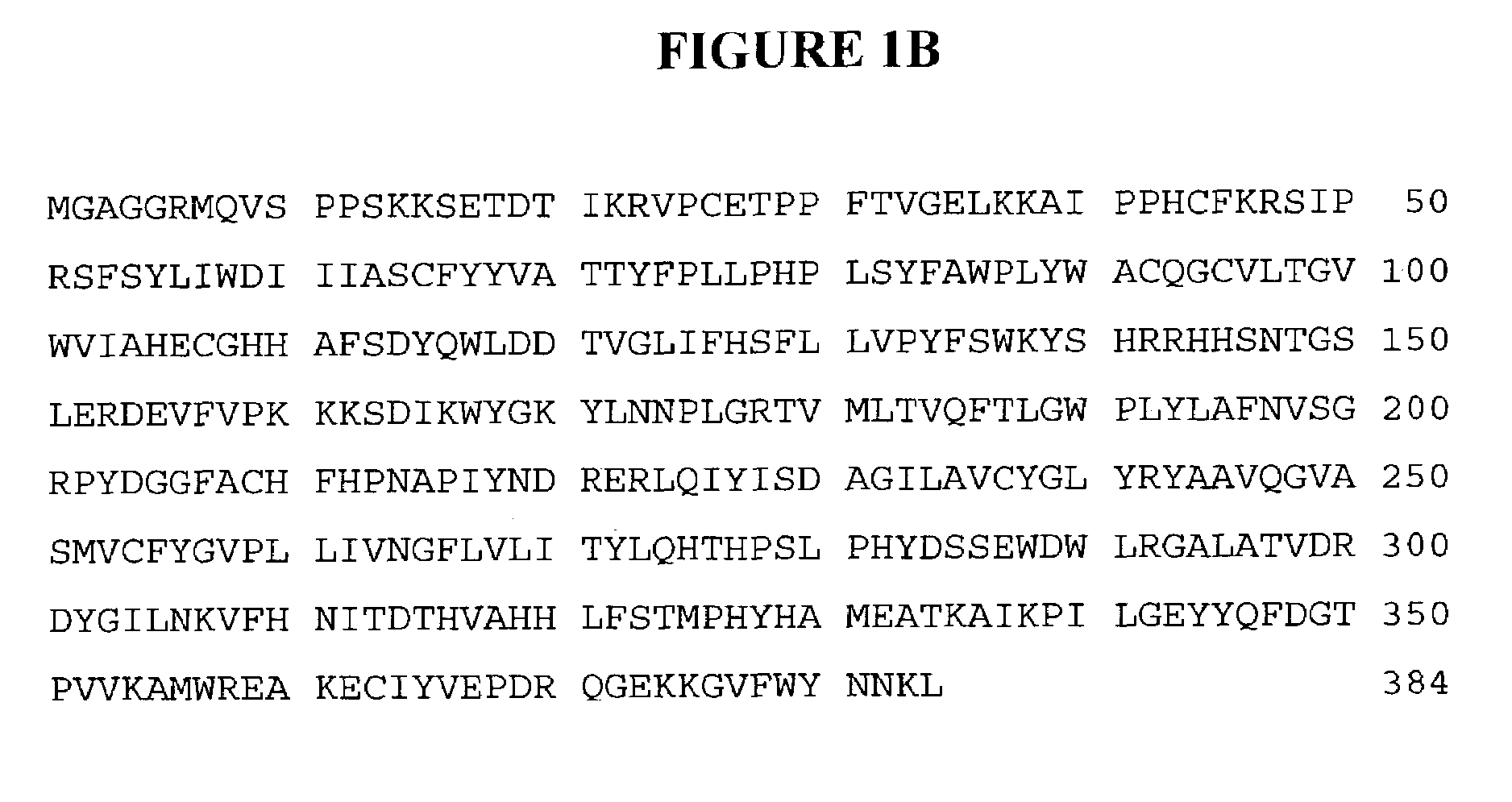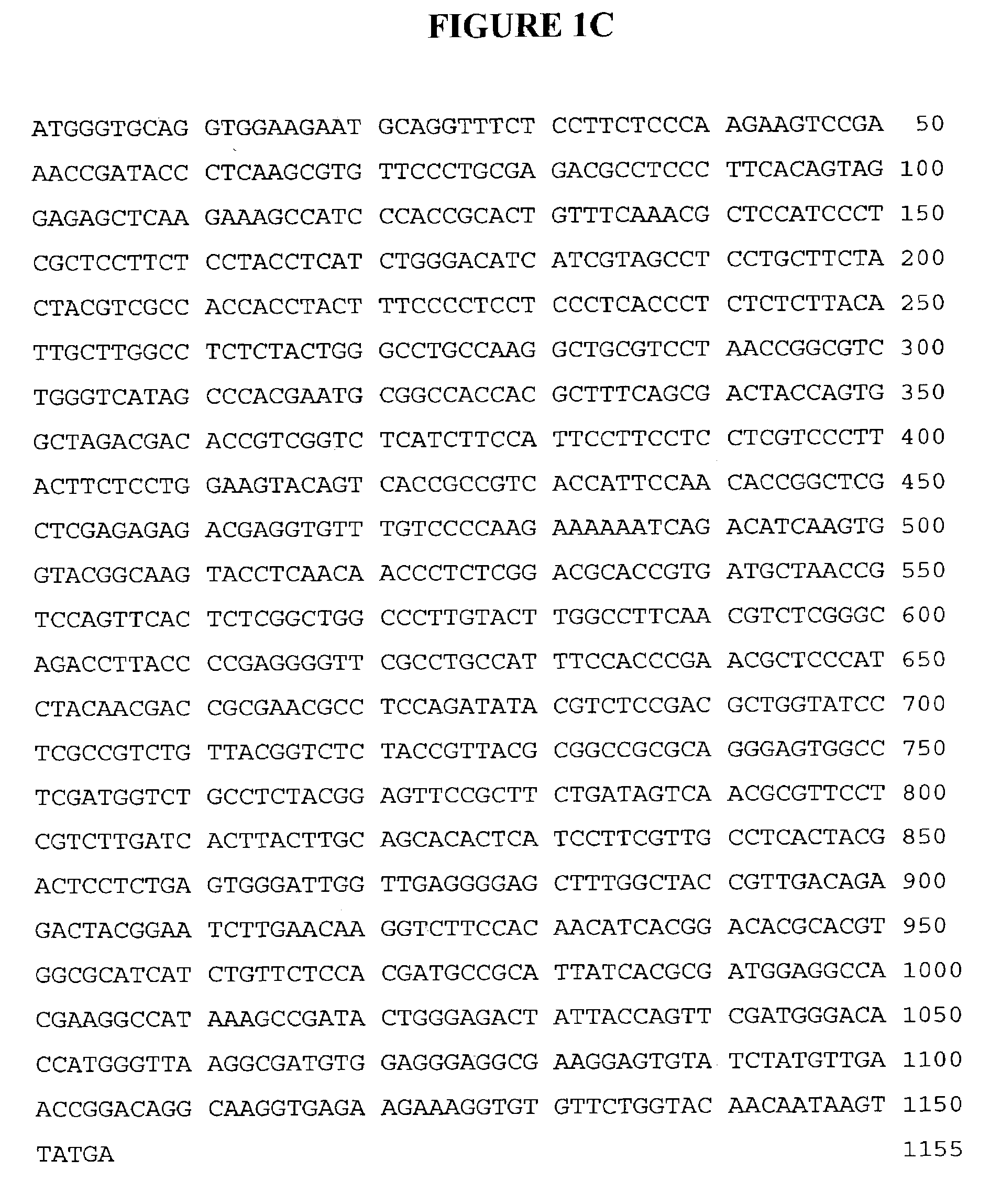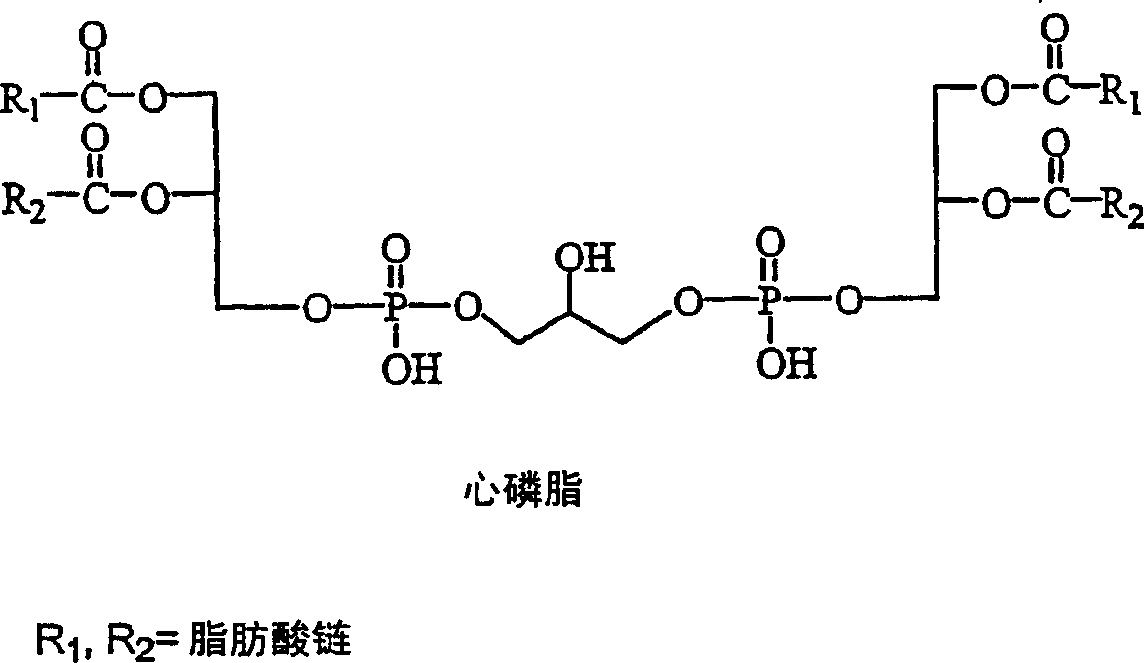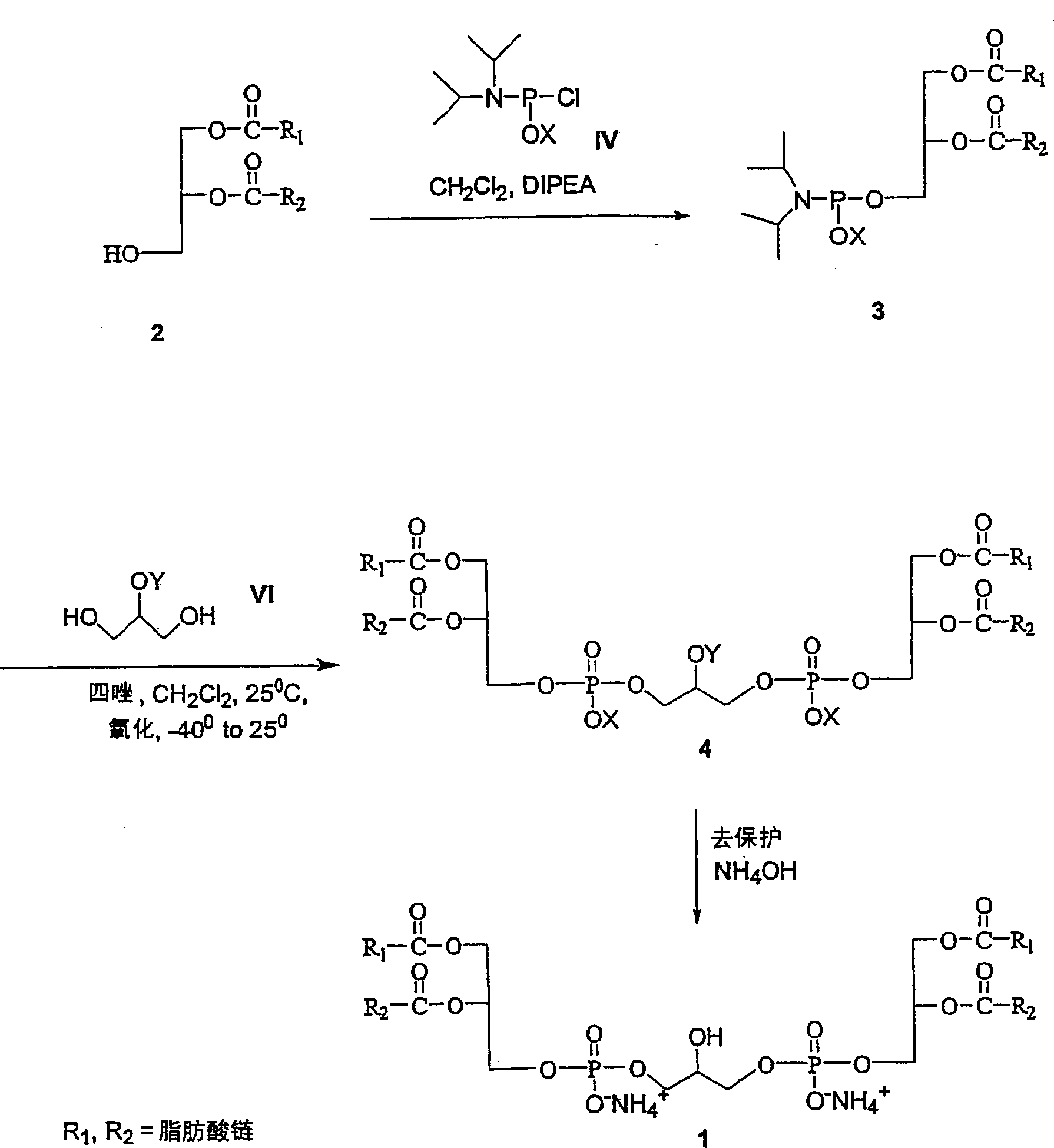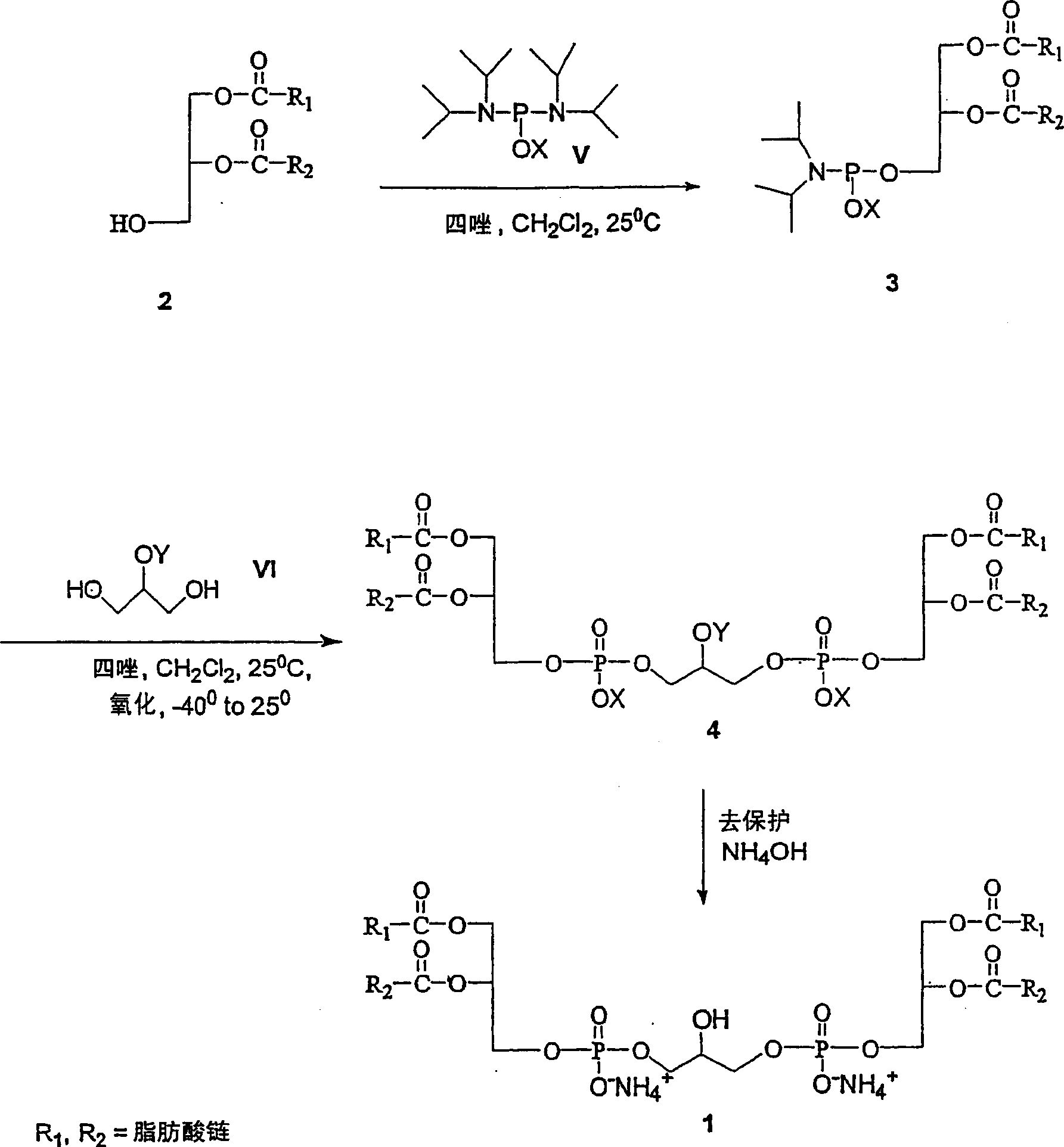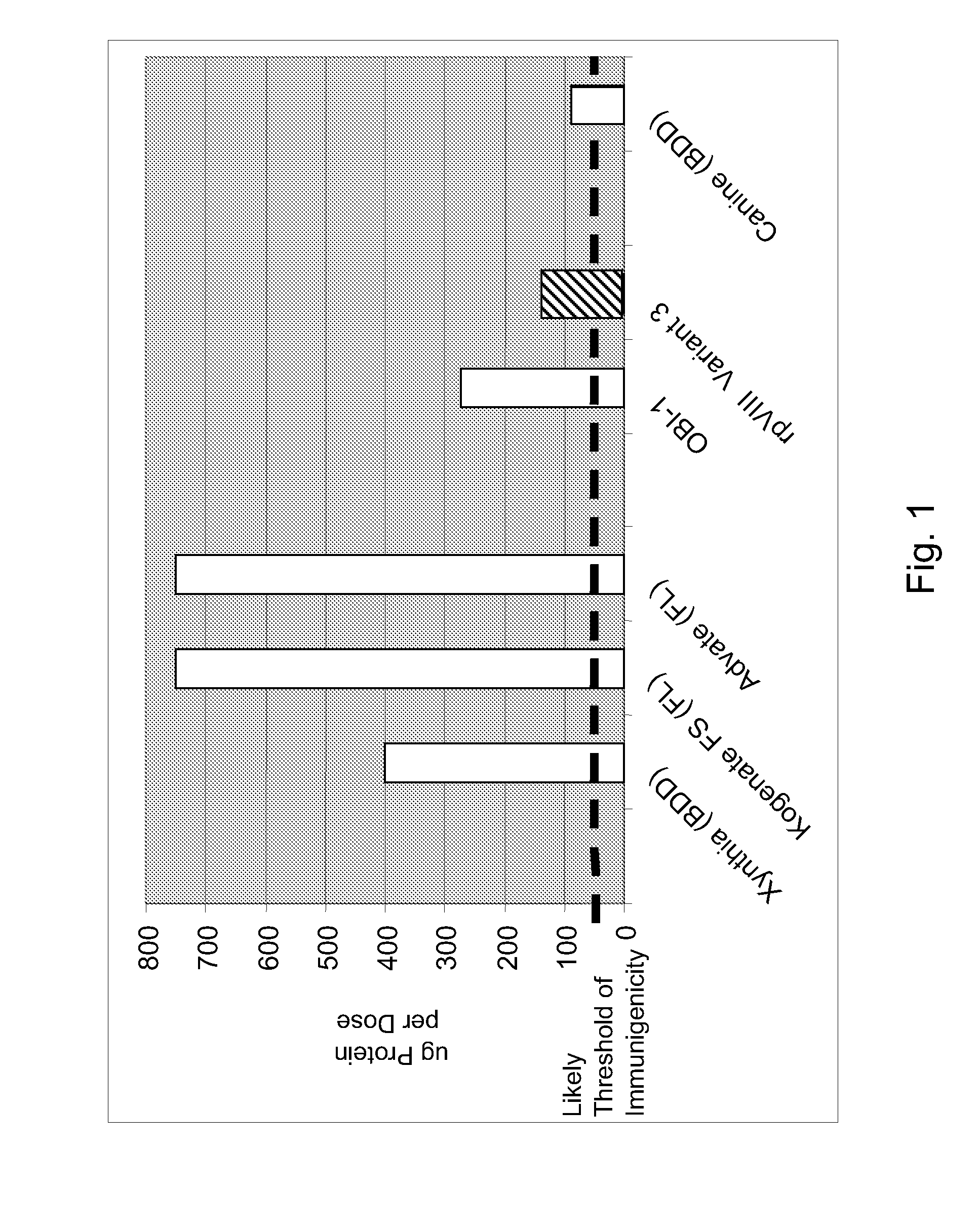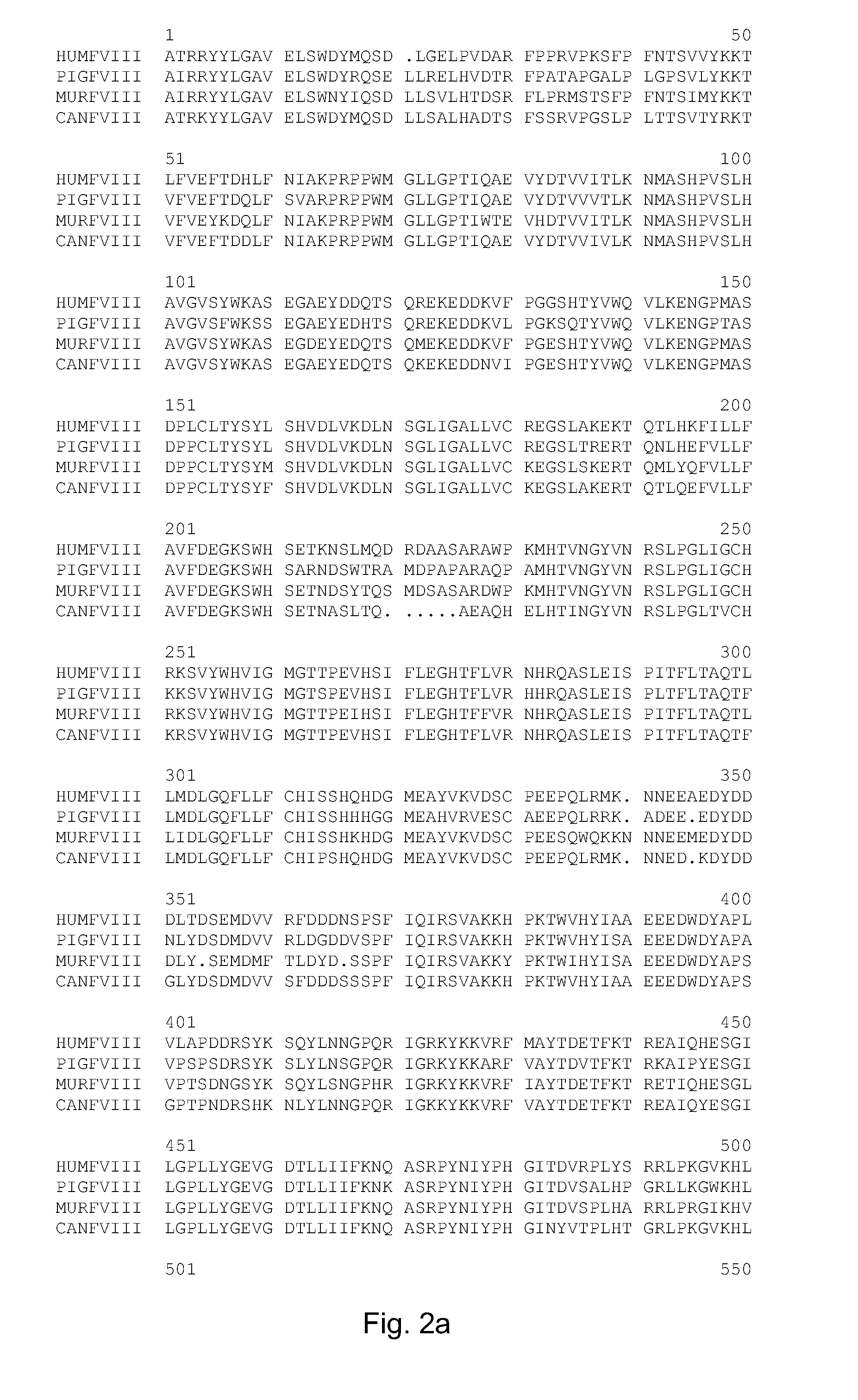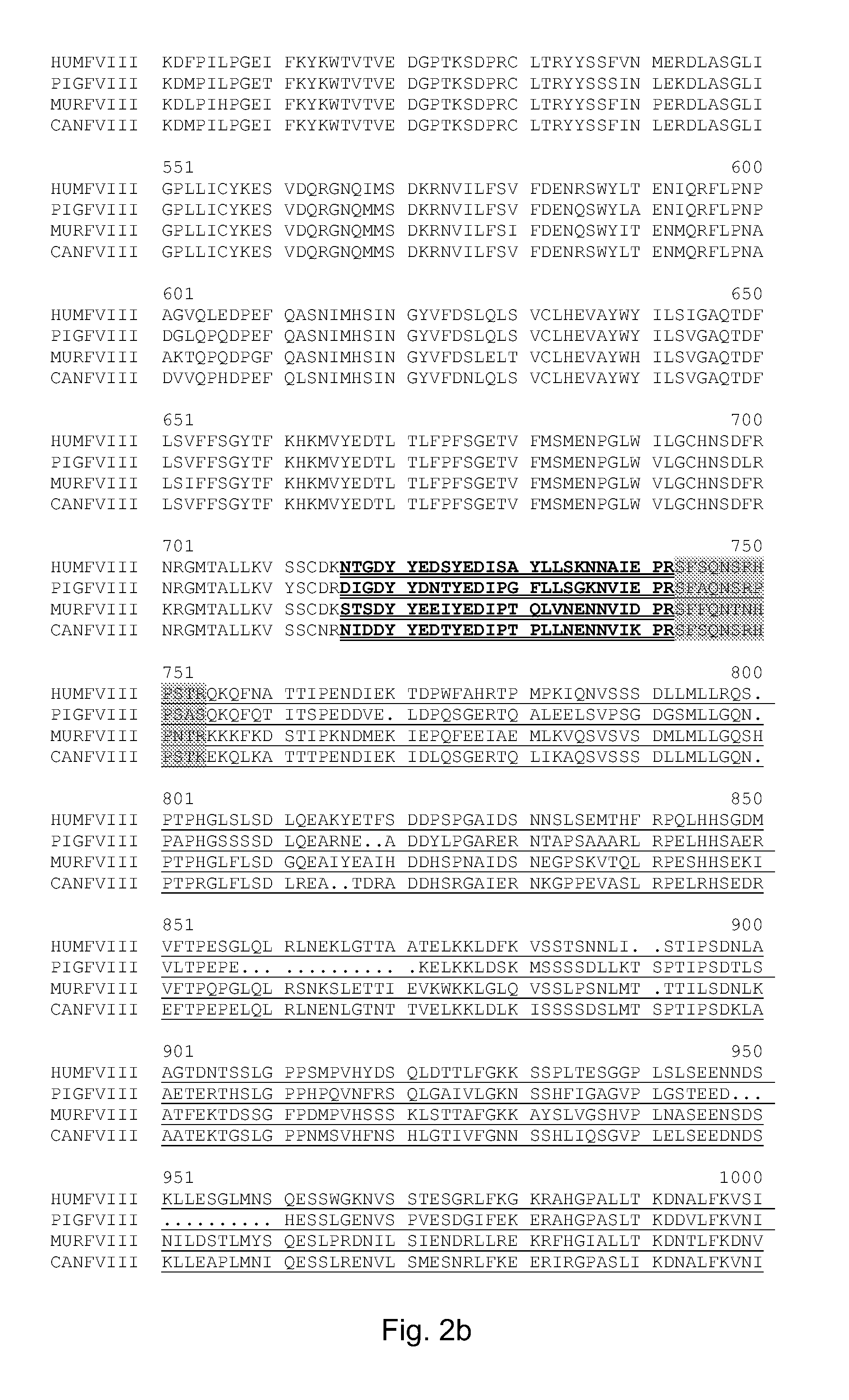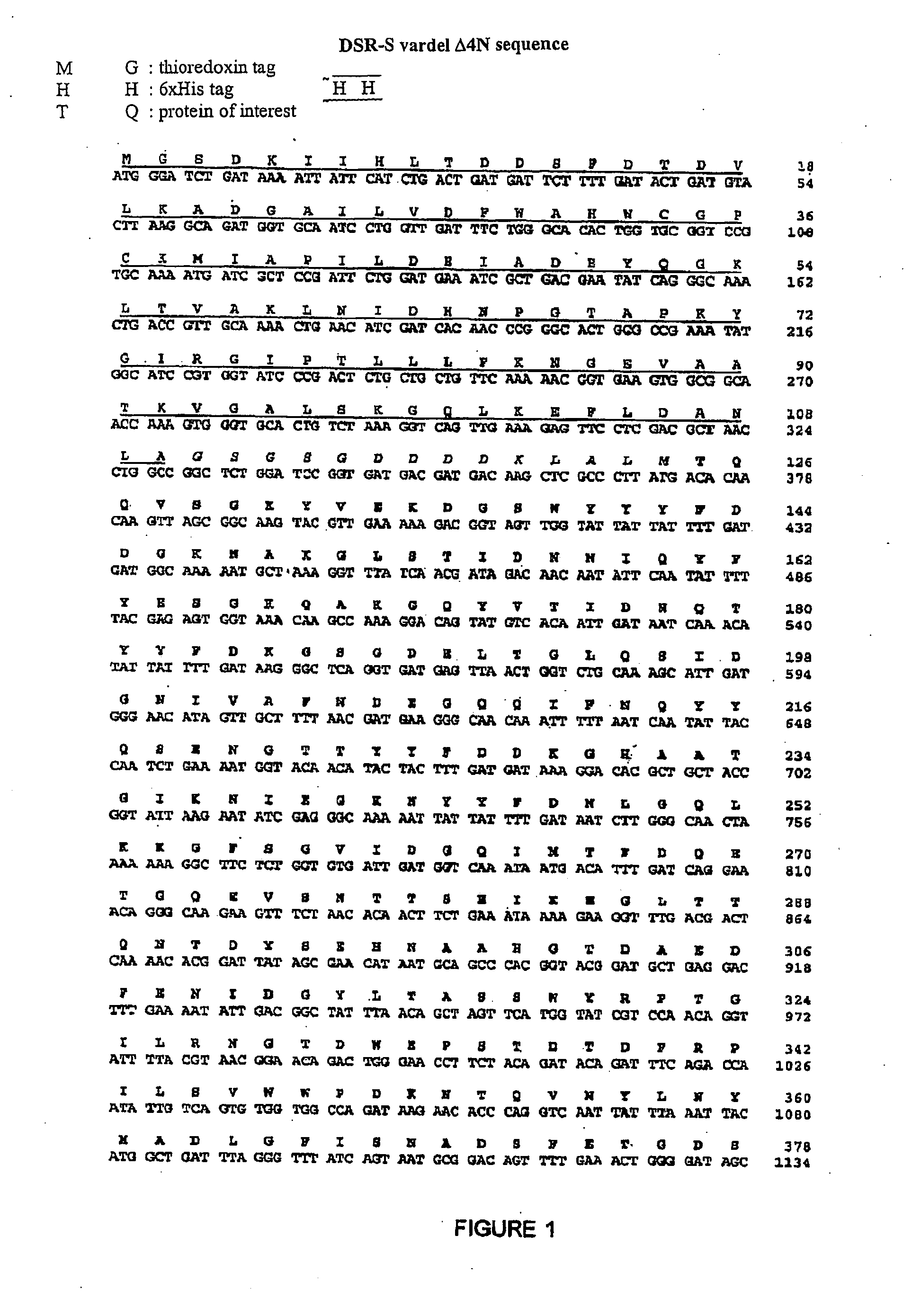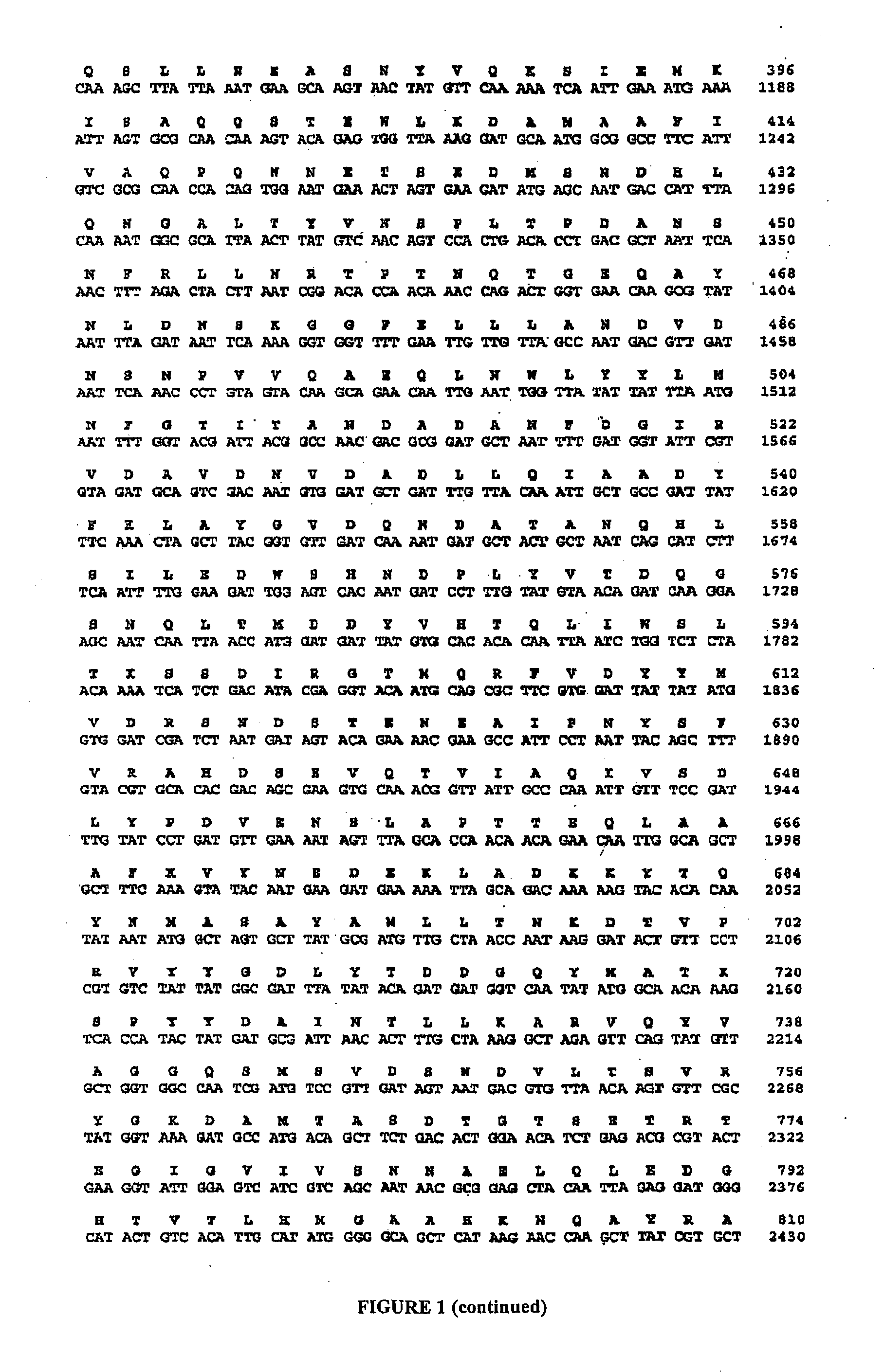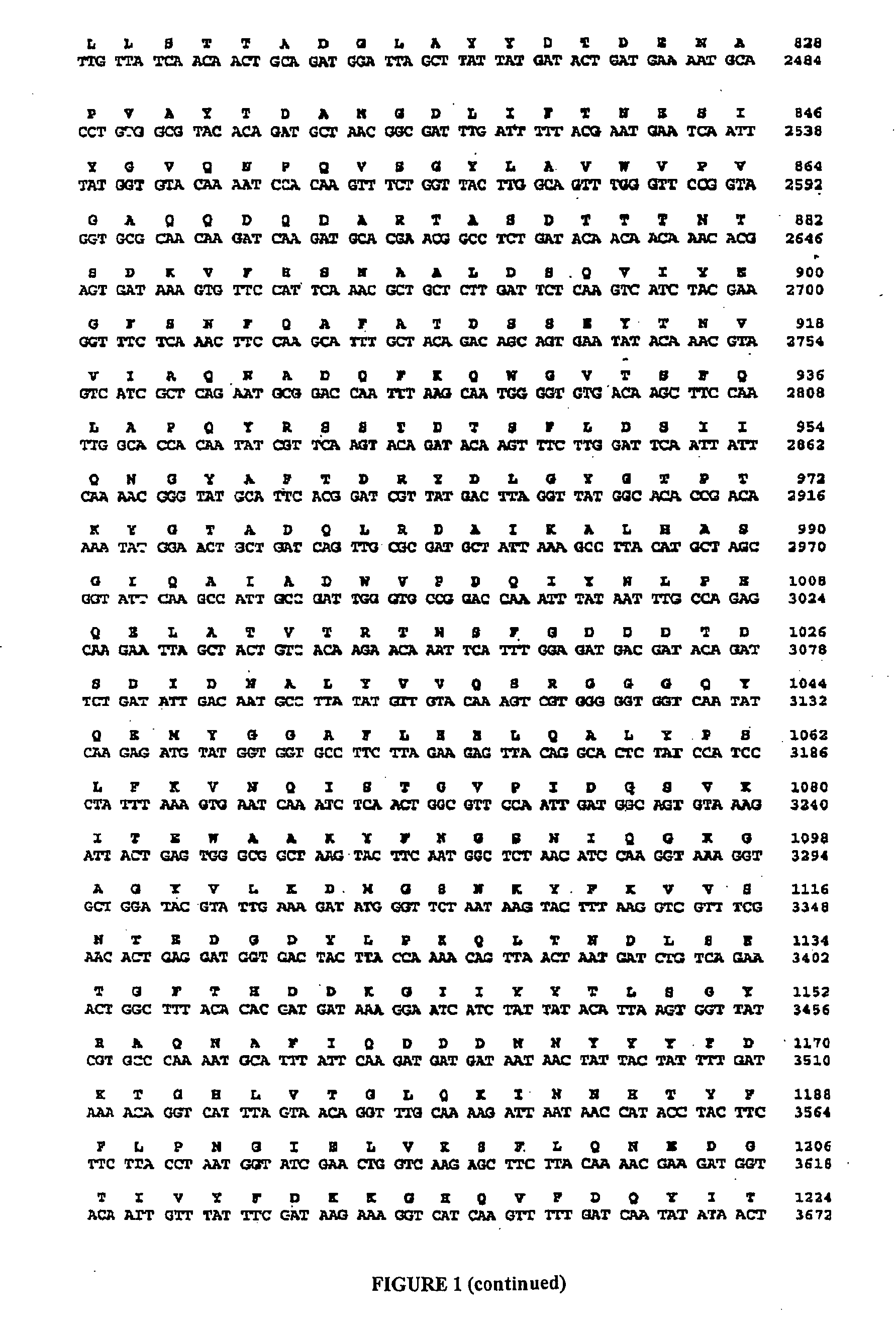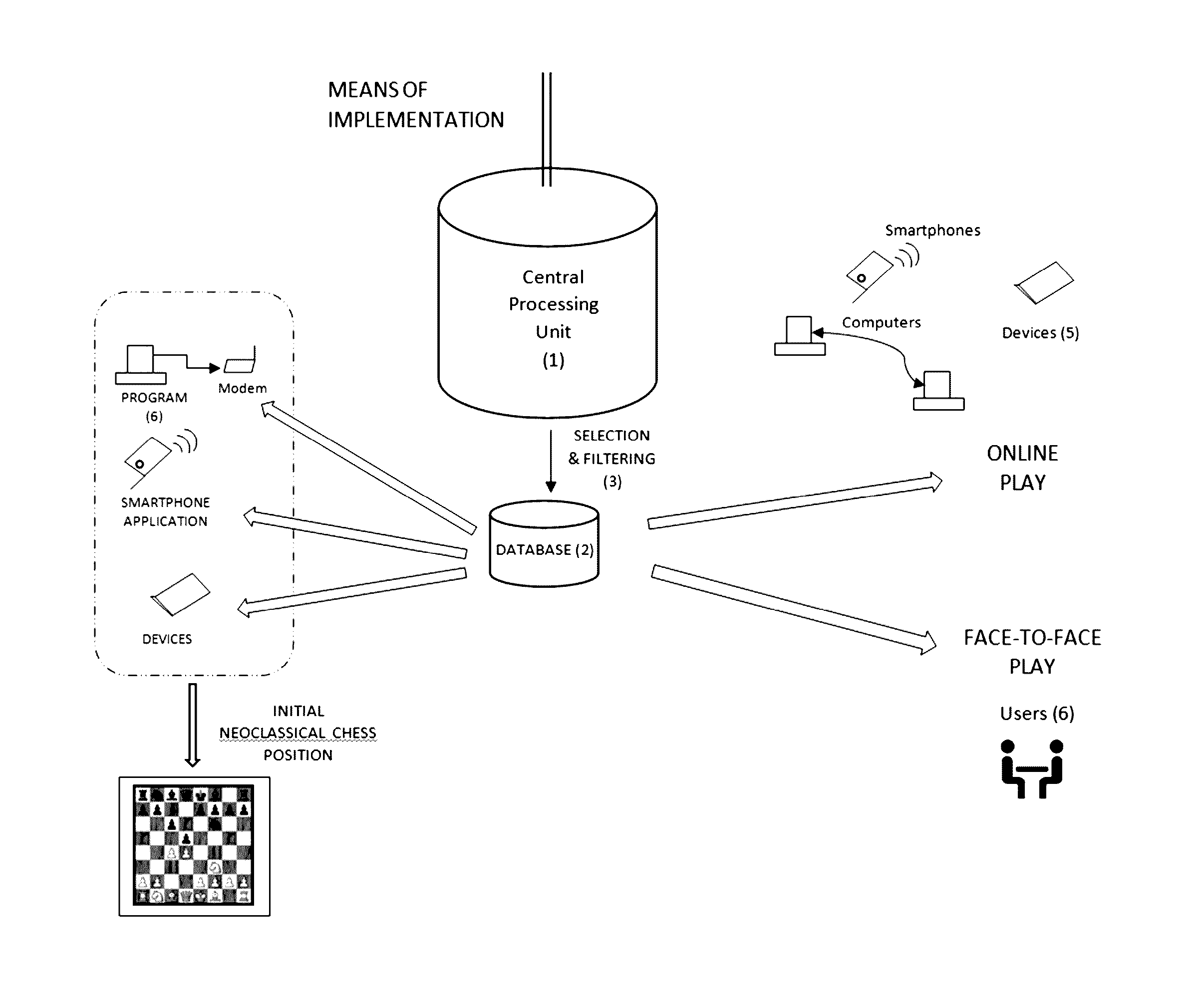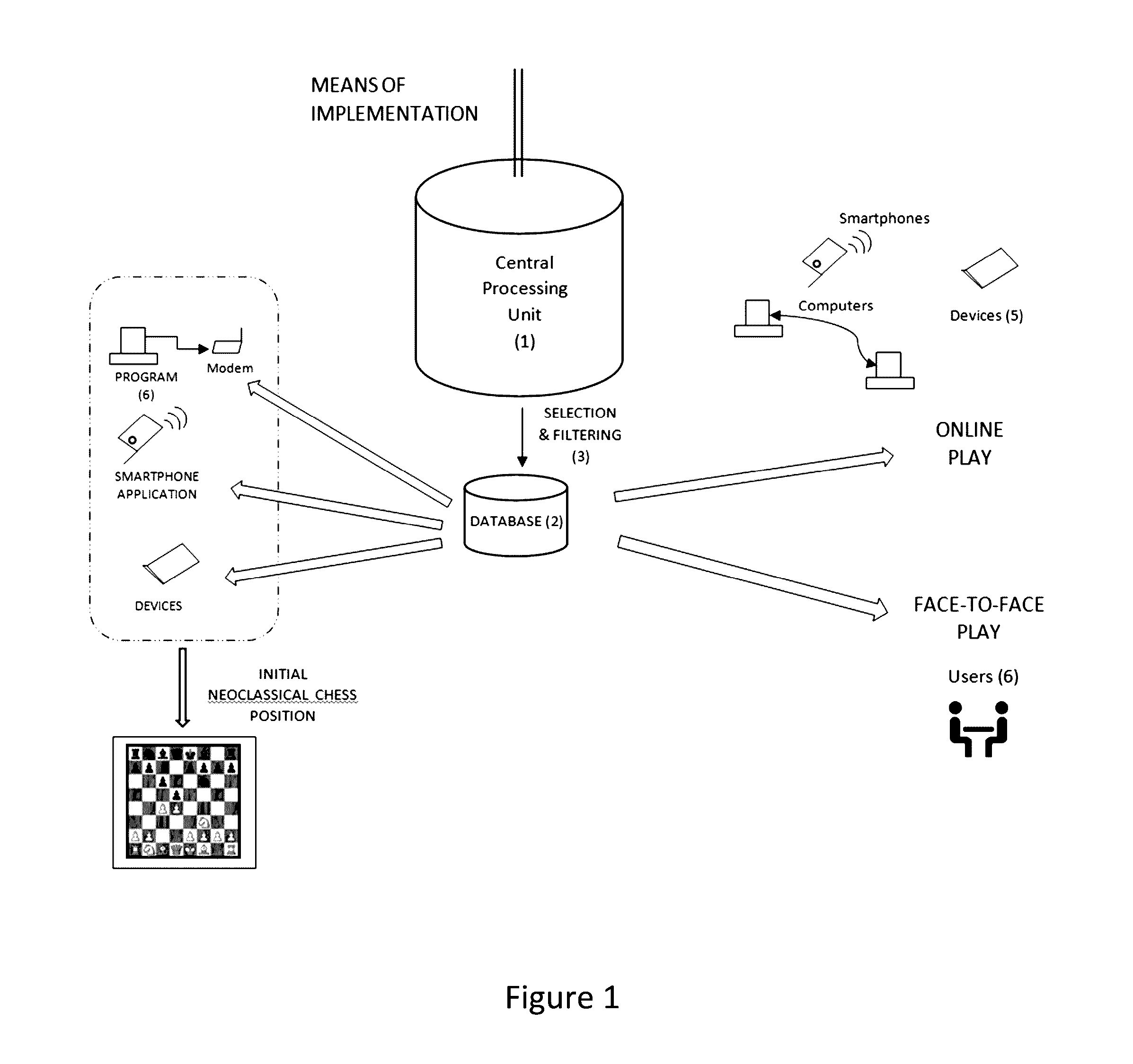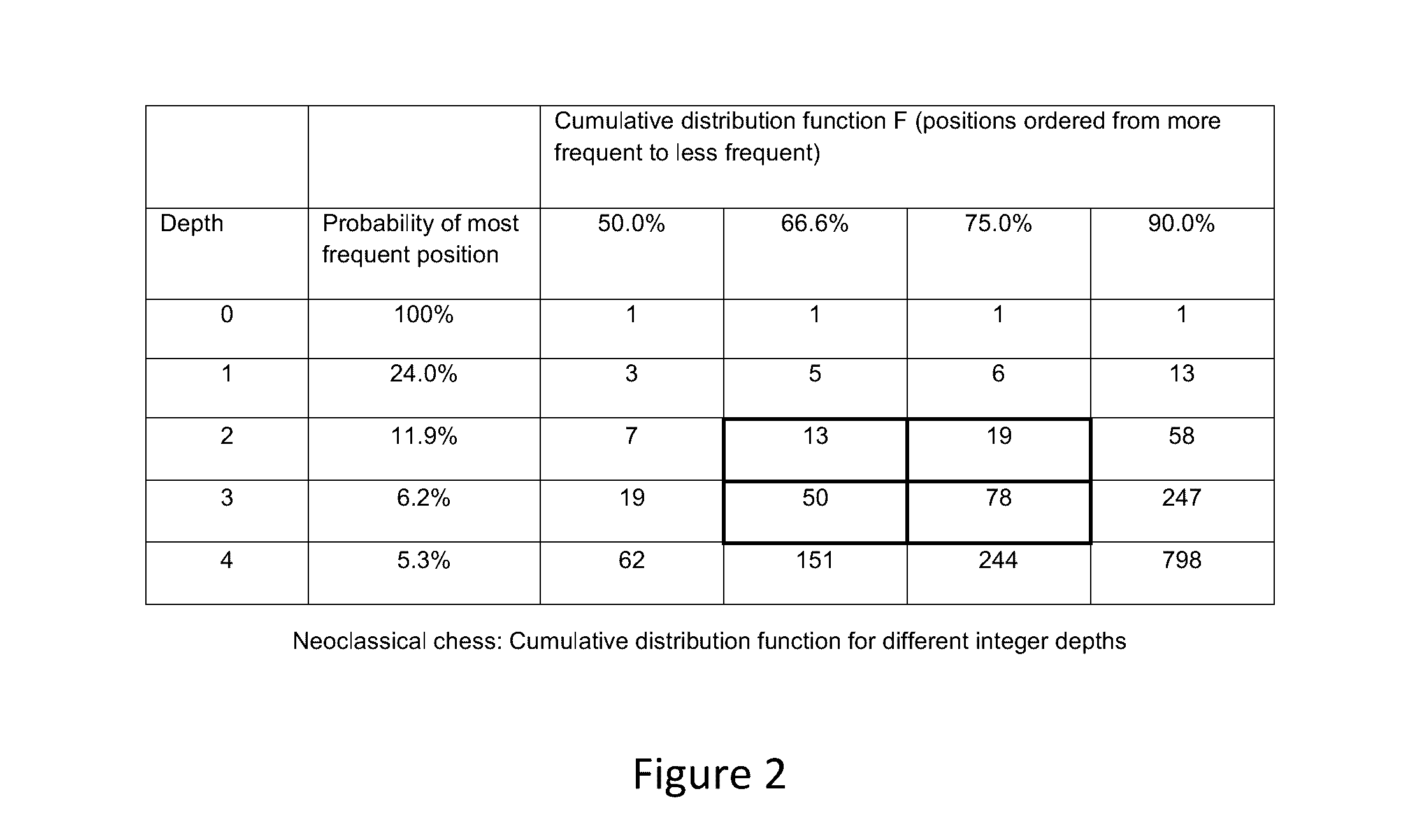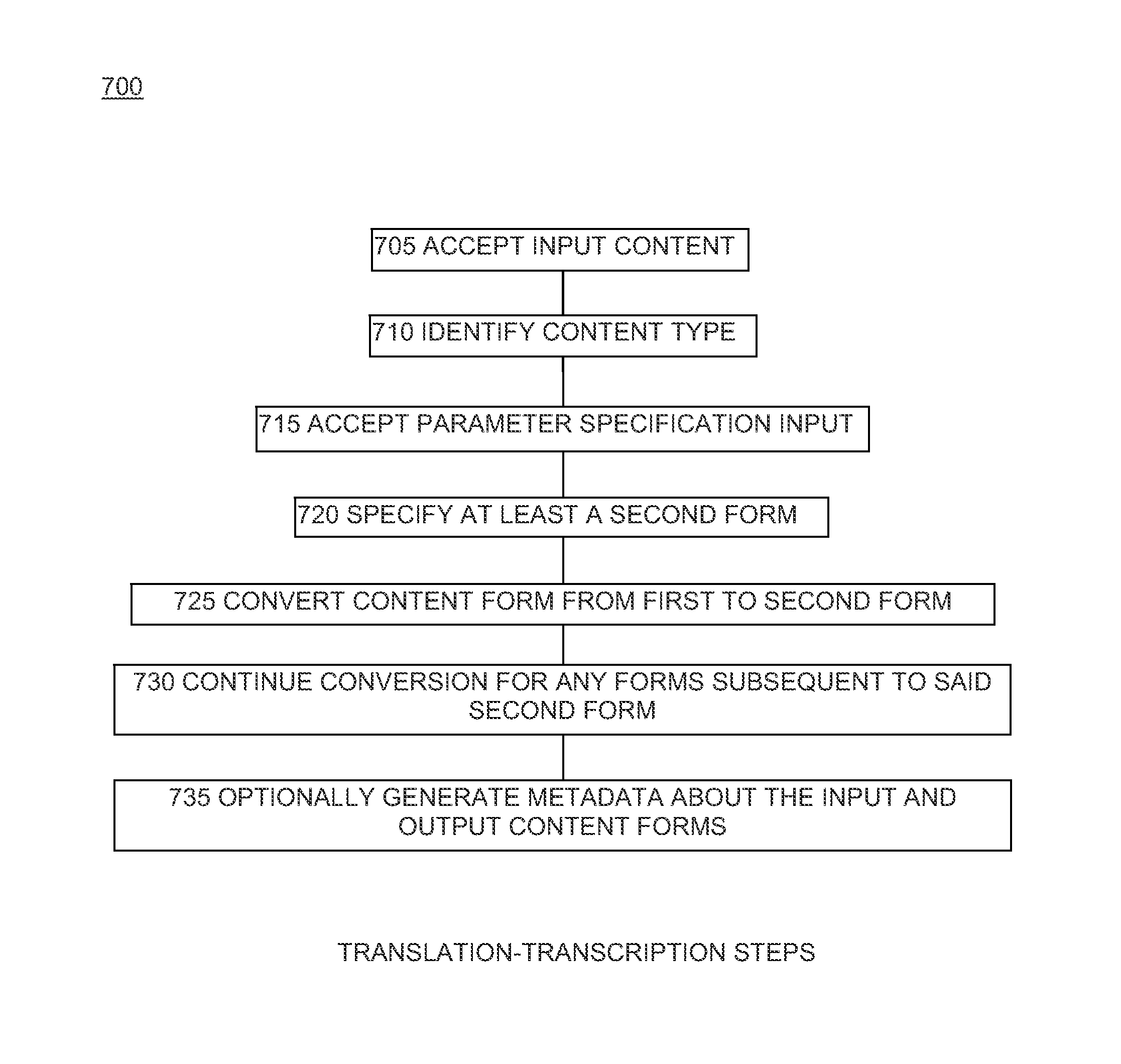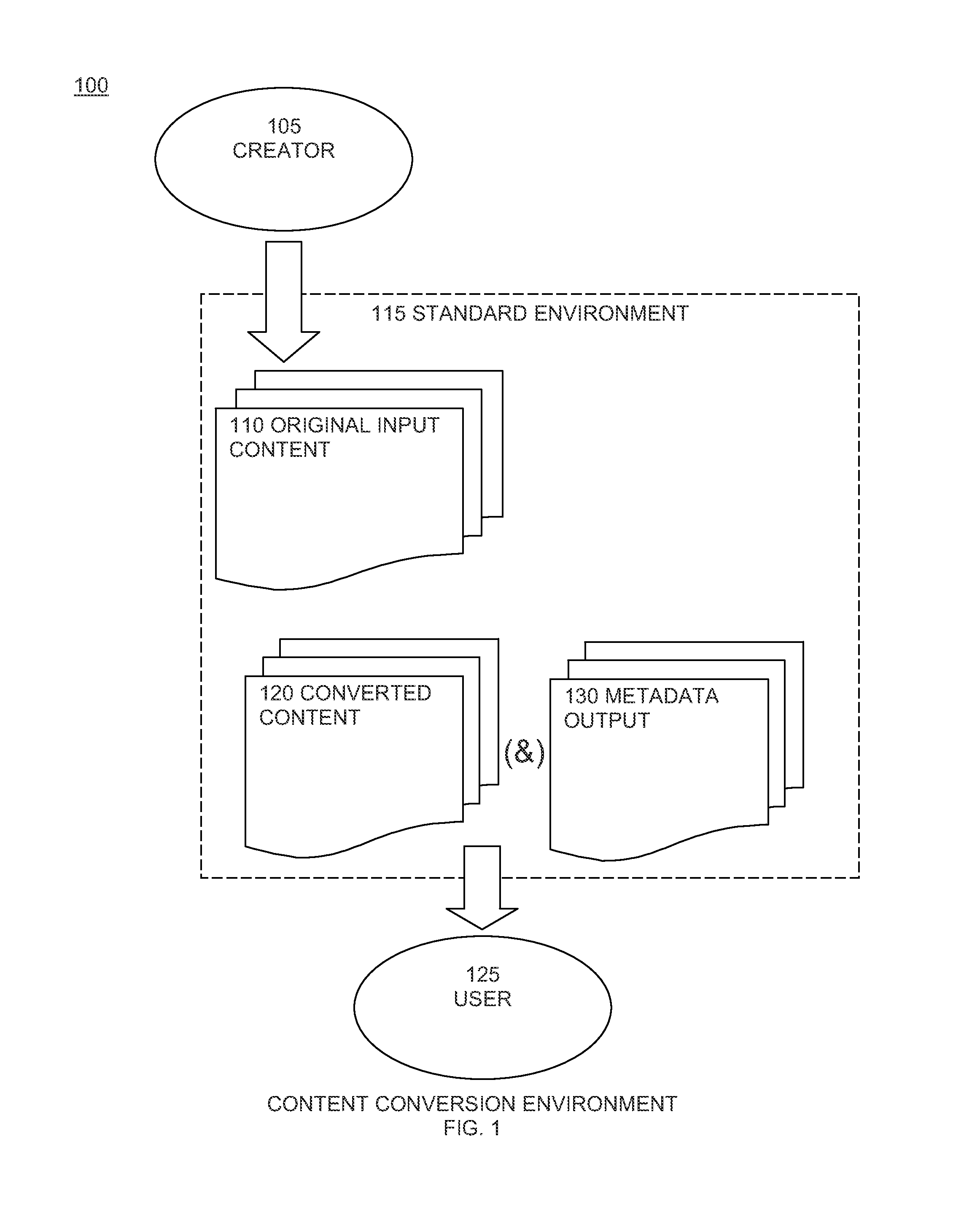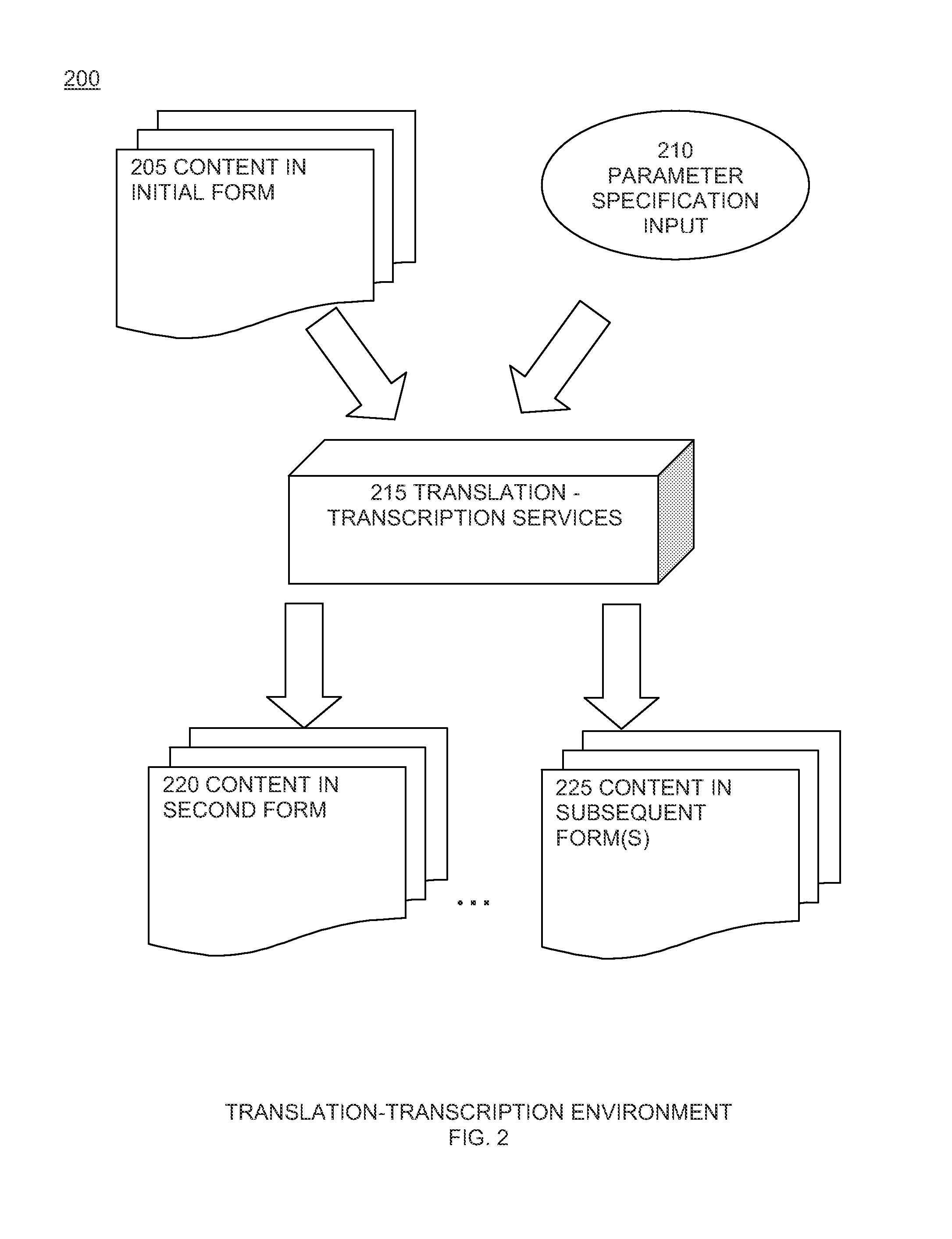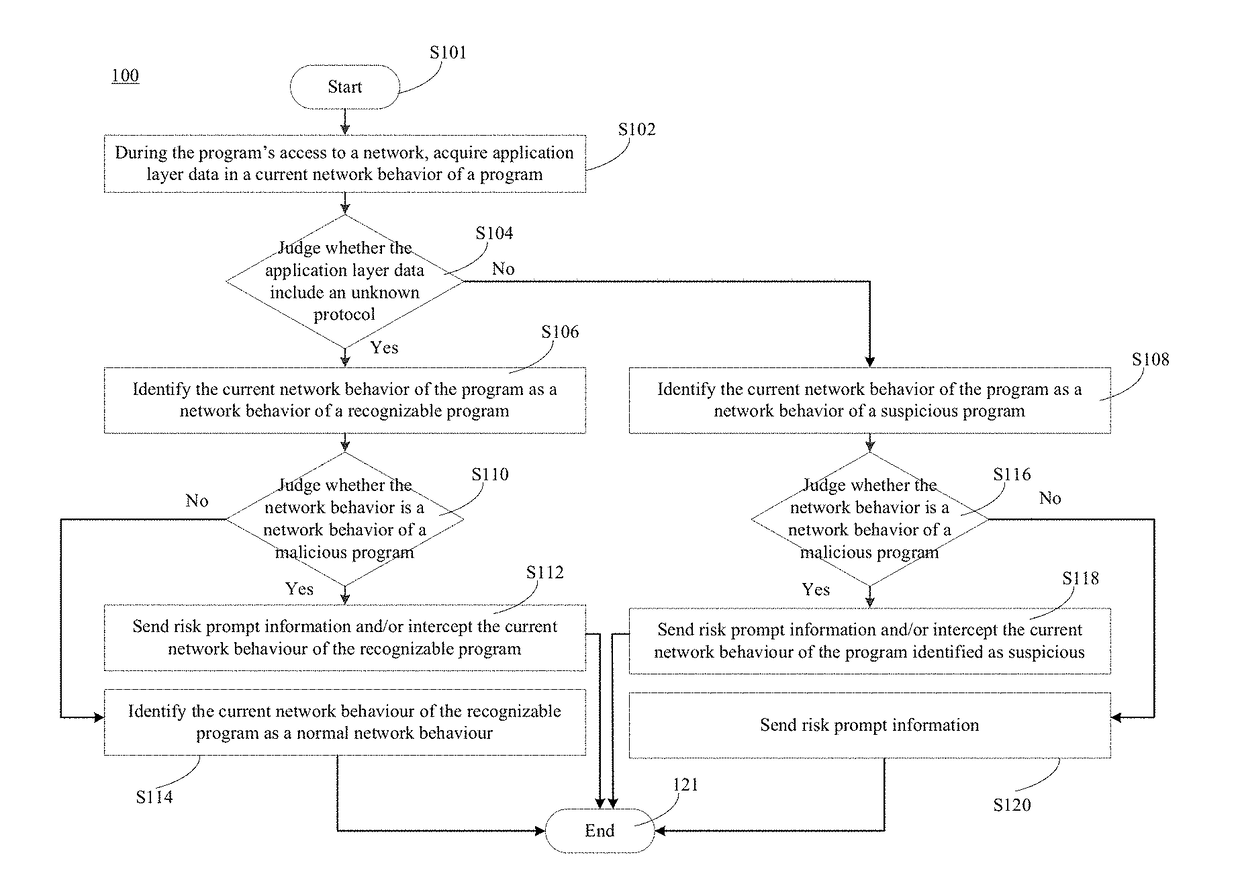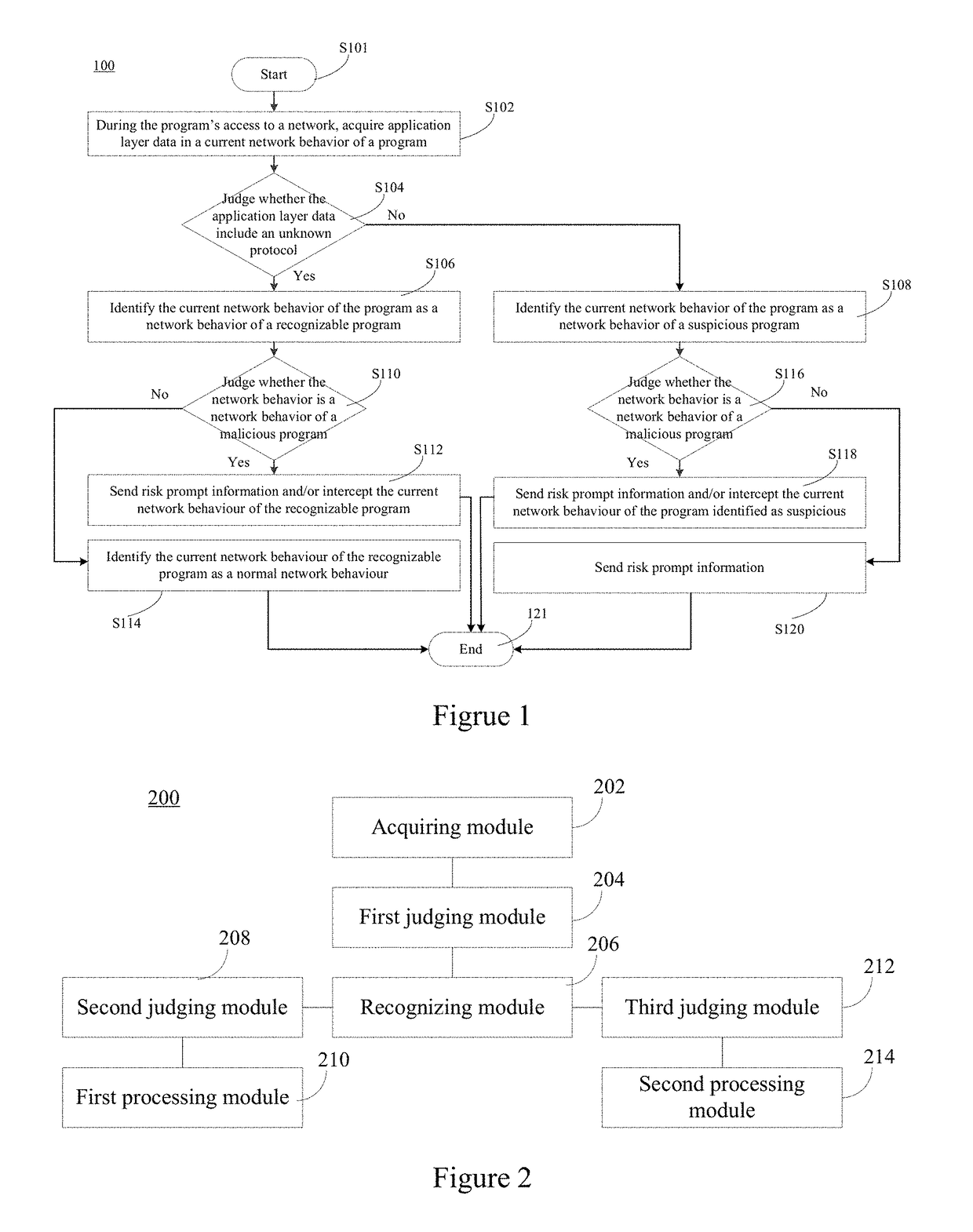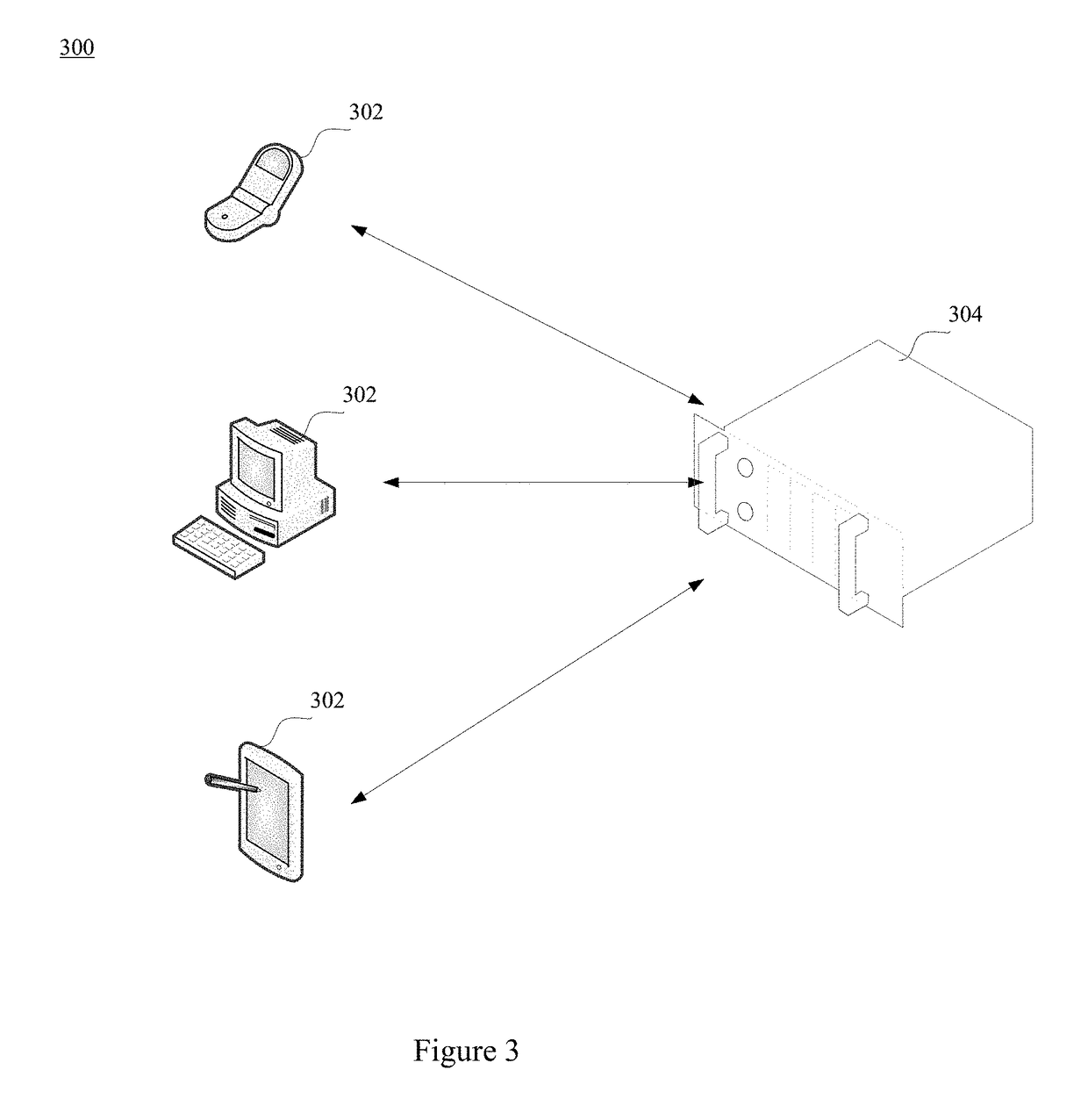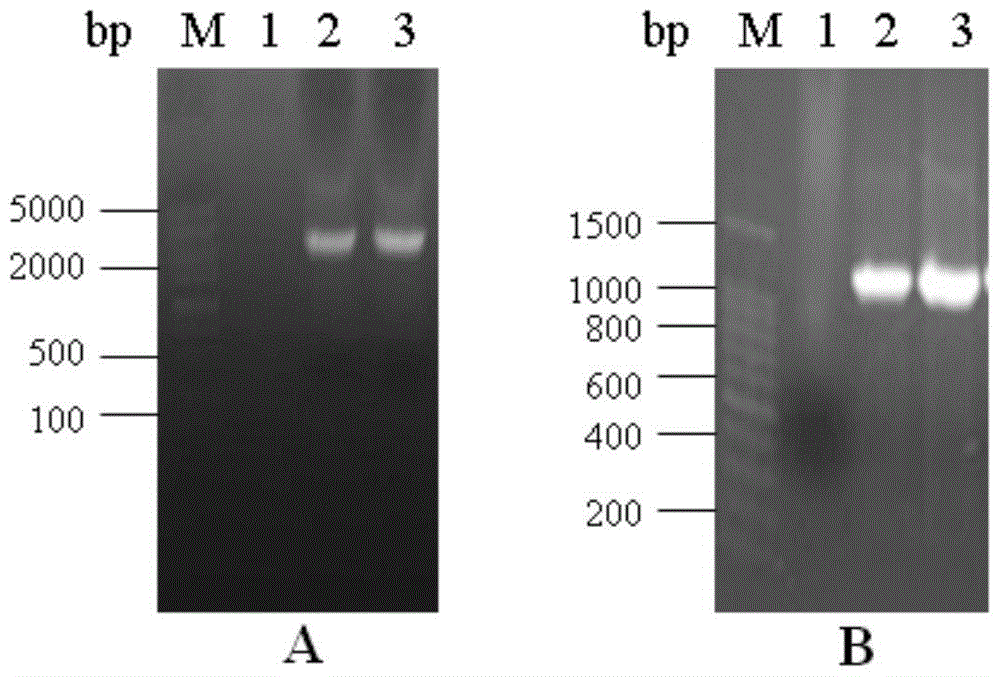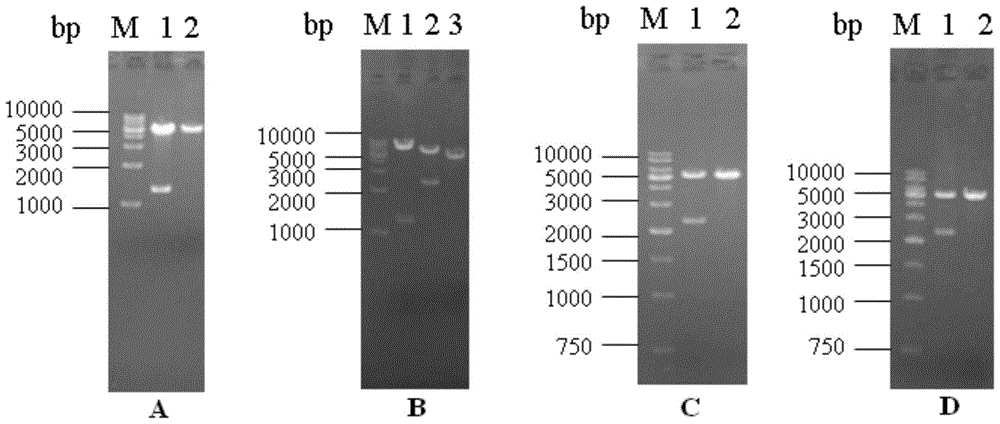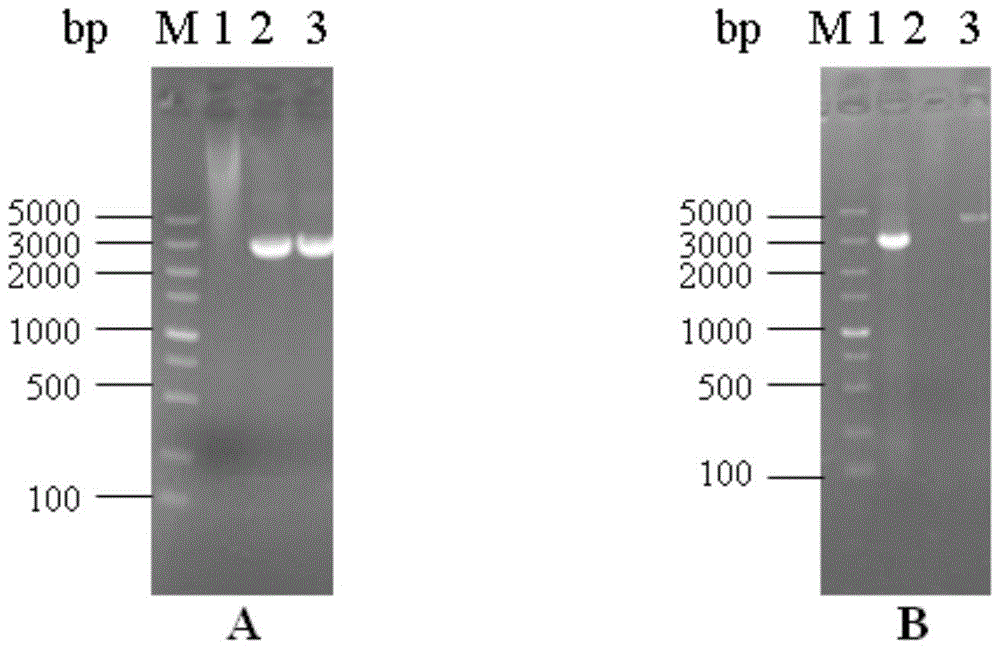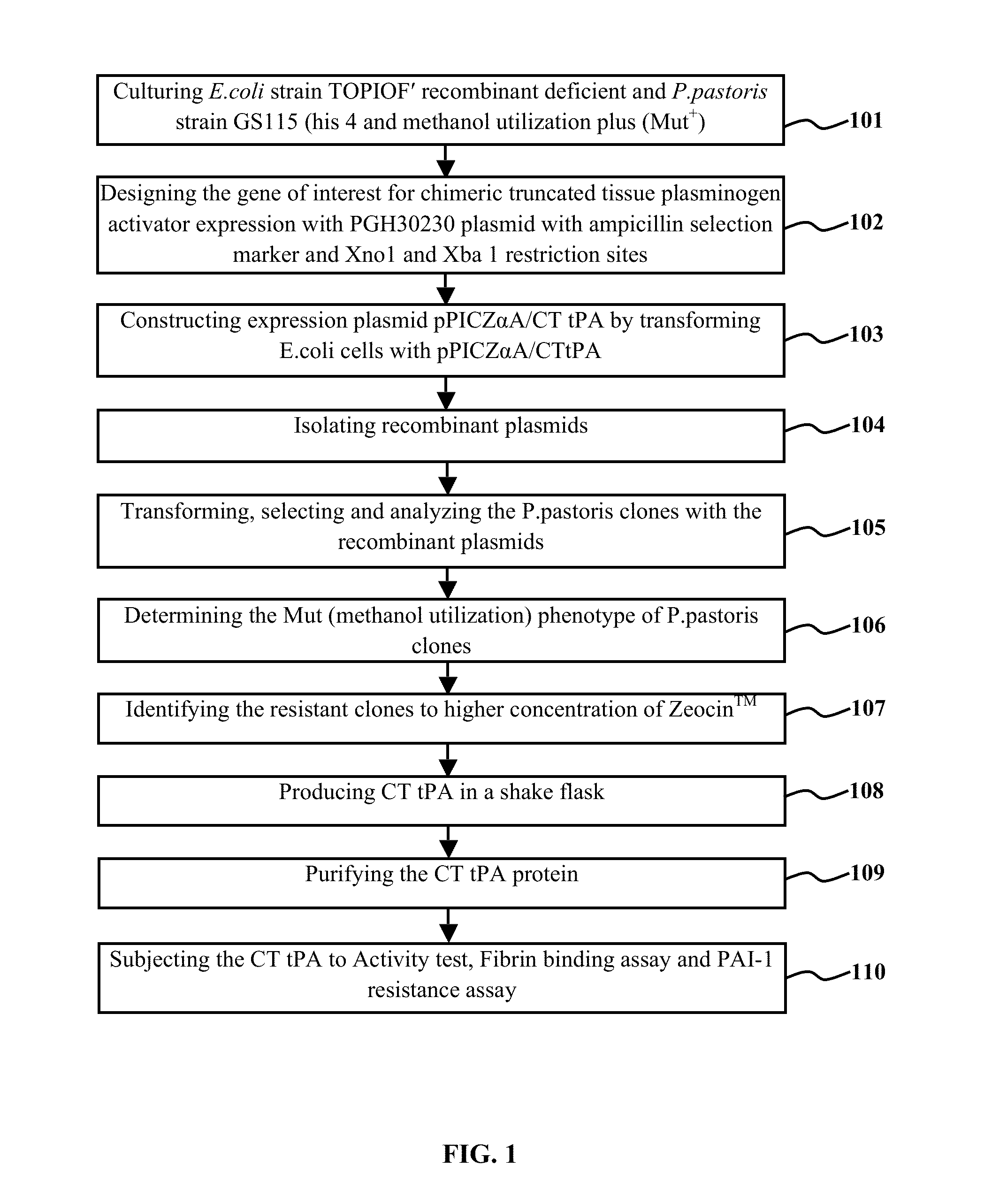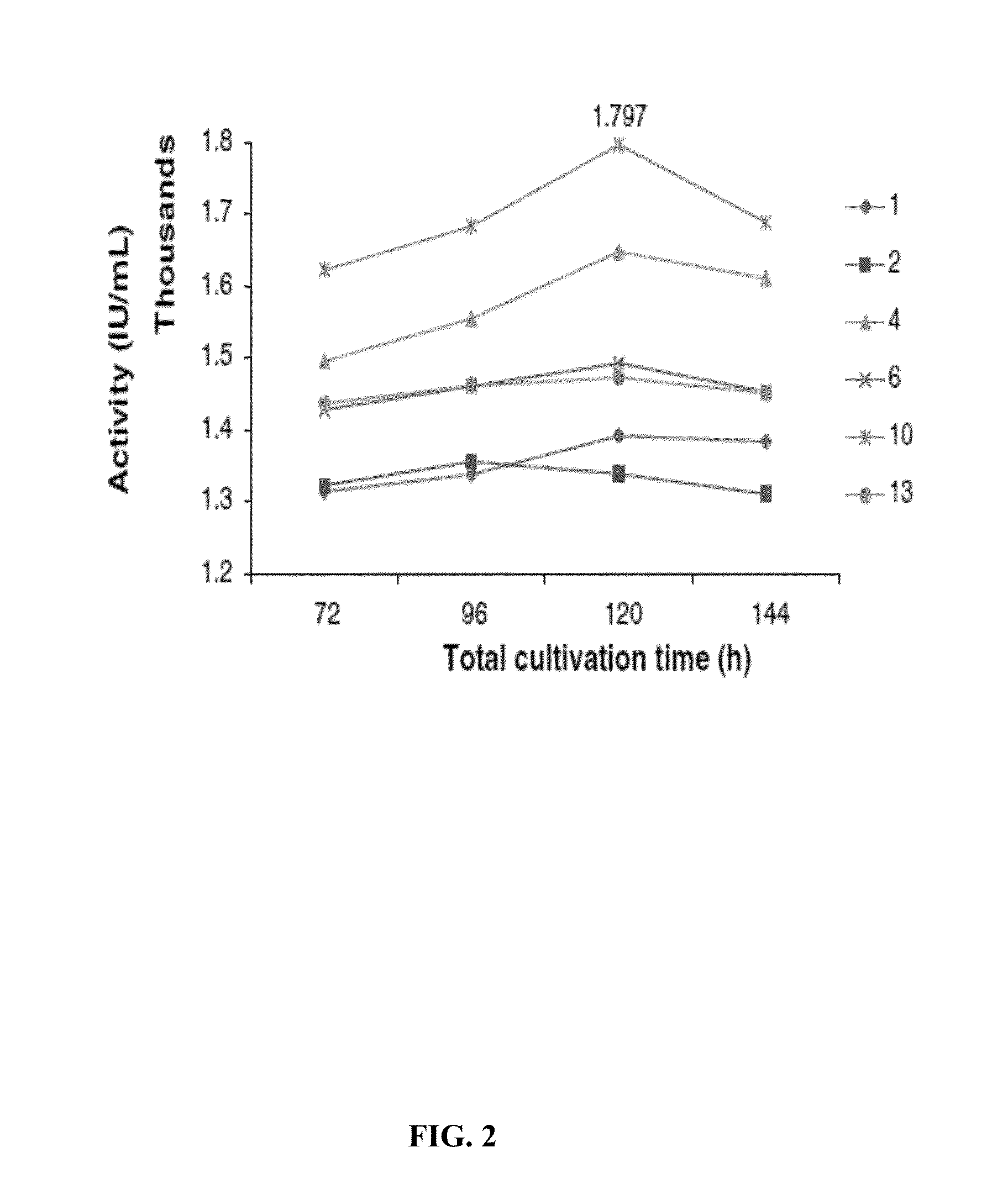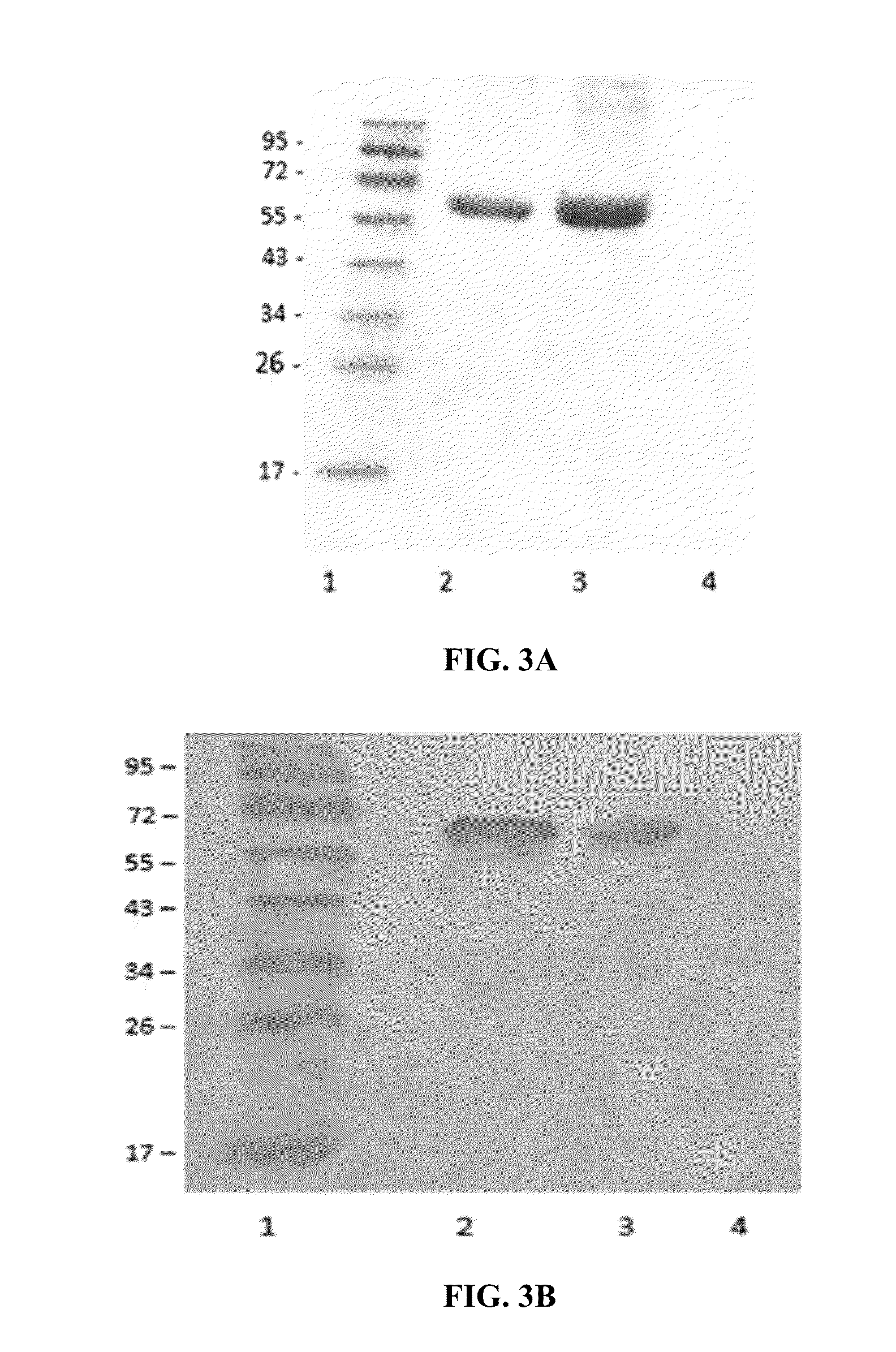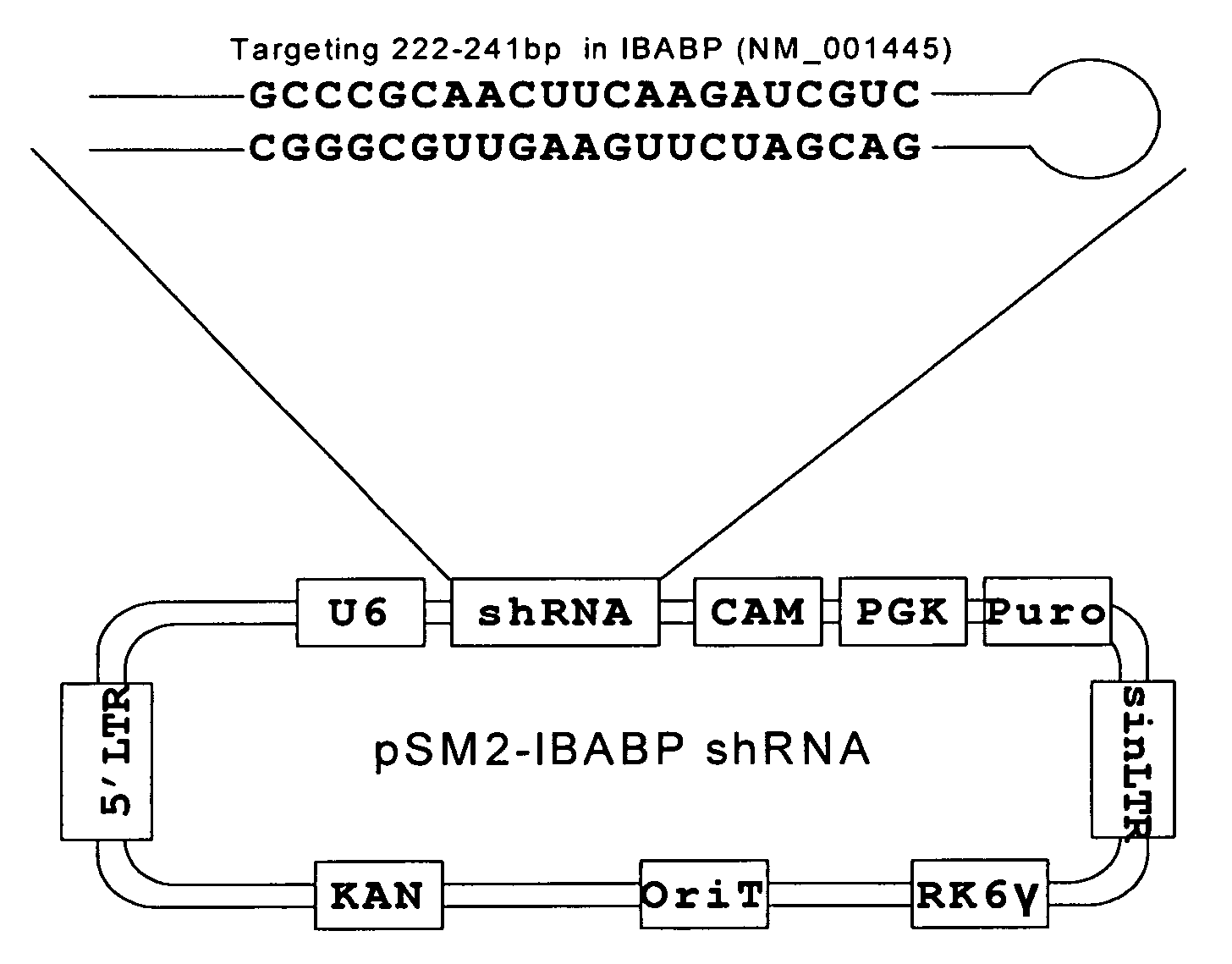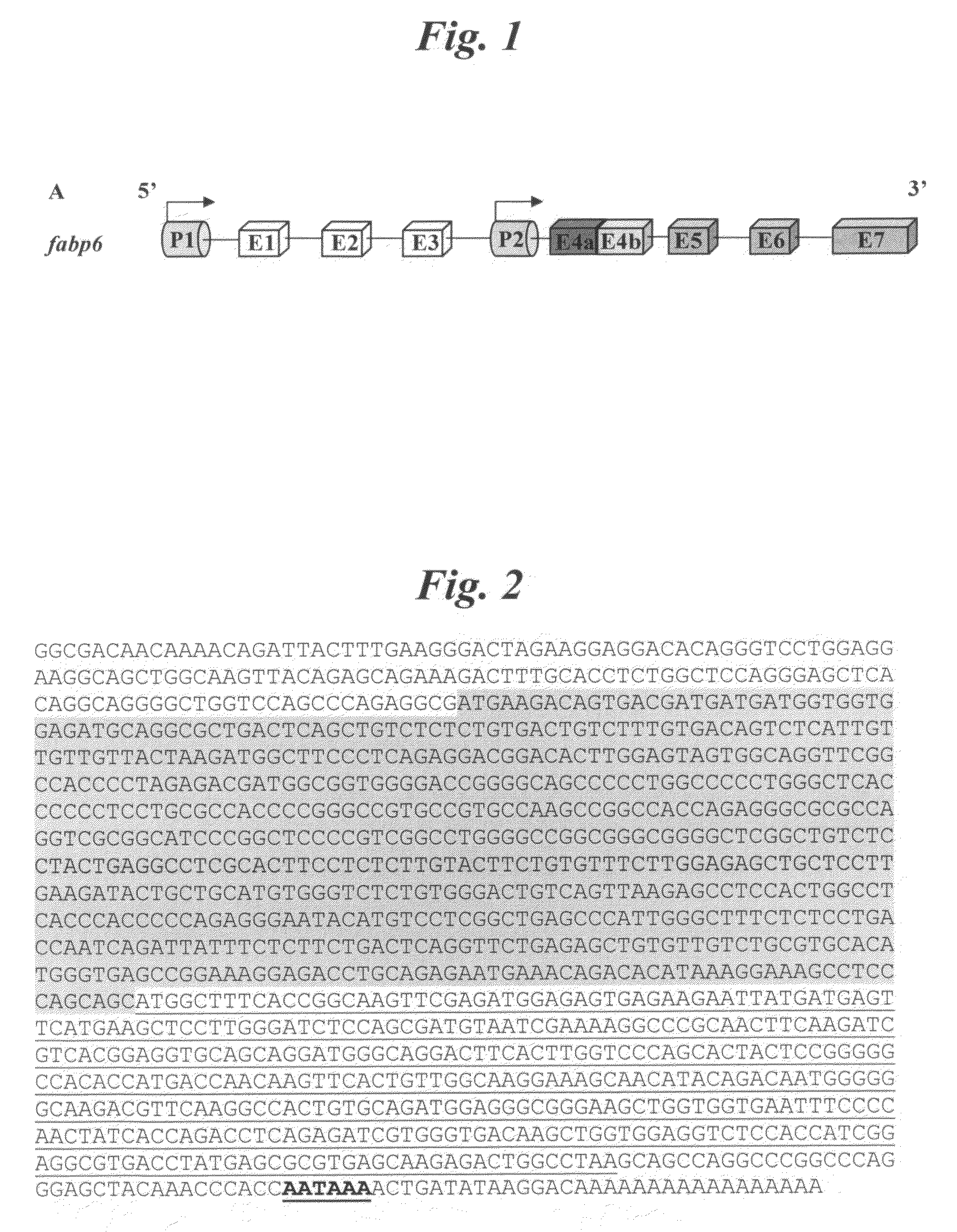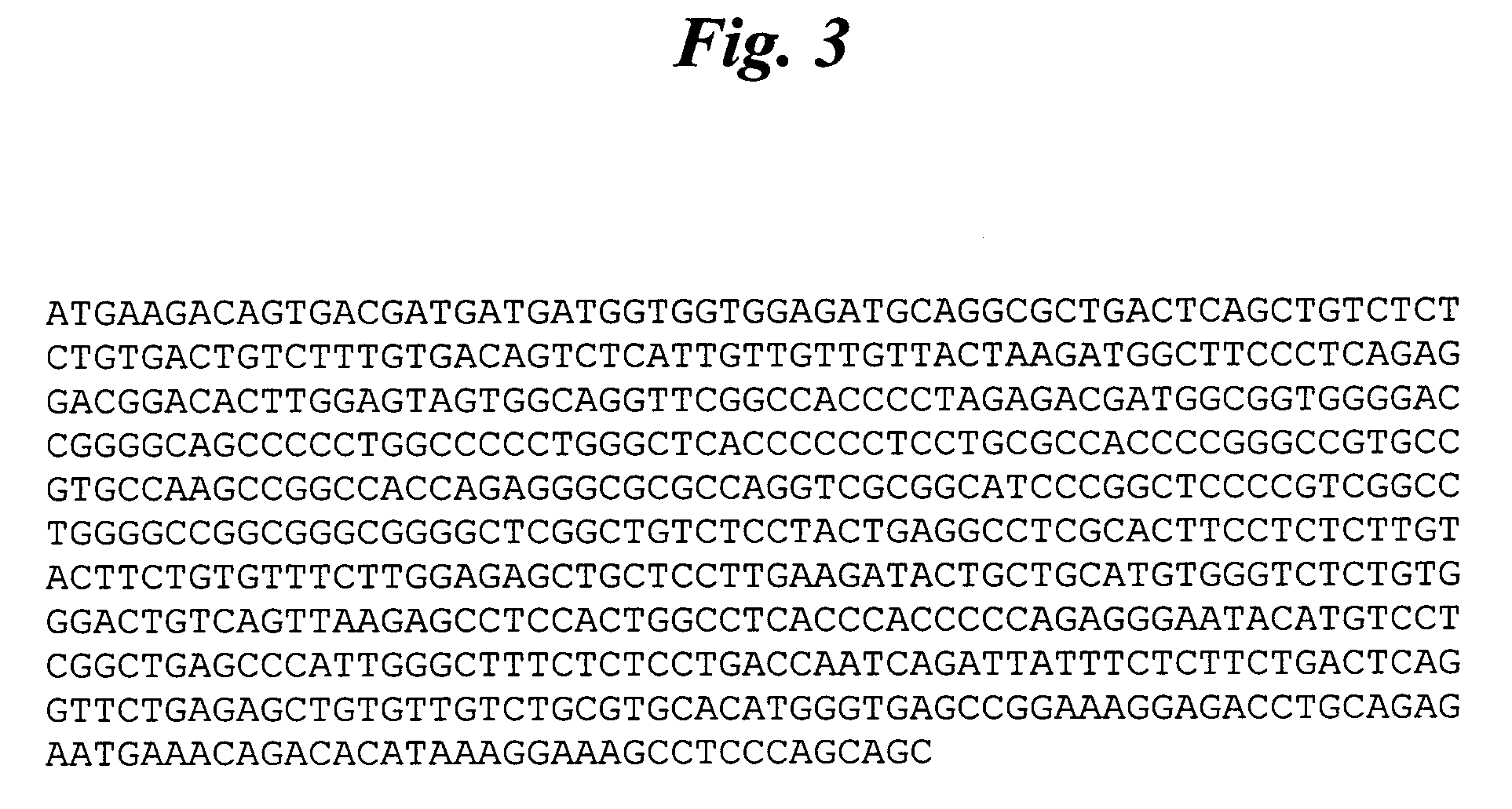Patents
Literature
33 results about "New variant" patented technology
Efficacy Topic
Property
Owner
Technical Advancement
Application Domain
Technology Topic
Technology Field Word
Patent Country/Region
Patent Type
Patent Status
Application Year
Inventor
Real-time or near real-time streaming
ActiveUS20110246621A1Multiple digital computer combinationsTelevision systemsTransfer systemClient-side
Owner:APPLE INC
Mutations in human MLH1 and human MSH2 genes useful in diagnosing colorectal cancer
Variant human MLH1 and MSH2 genes are provided. Methods of using these variant genes to diagnose hereditary non-polyposis colorectal cancer (HNPCC) and / or determine a patient's susceptibility to developing HNPCC are also provided. Methods and compositions for identifying new variant MLH1 of MSH2 genes are also provided. In addition, experimental models for hereditary non-polyposis colorectal cancer comprising these variant genes are provided.
Owner:DIADEXUS
Protease producing an altered immunogenic response and methods of making and using the same
InactiveUS20050148059A1Easy to identifyRaise security concernsCosmetic preparationsFungiProteinase activityDna encoding
Owner:GENENCOR INT INC
Cyber vaccine and predictive-malware-defense methods and systems
Methods and systems for Predictive Malware Defense (PMD) are described. The systems and methods can utilize advanced machine-learning (ML) techniques to generate malware defenses preemptively. Embodiments of PMD can utilize models, which are trained on features extracted from malware families, to predict possible courses of malware evolution. PMD captures these predicted future evolutions in signatures of as yet unseen malware variants to function as a malware vaccine. These signatures of predicted future malware “evolutions” can be added to the training set of a machine-learning (ML) based malware detection and / or mitigation system so that it can detect these new variants as they arrive.
Owner:CHARLES RIVER ANALYTICS
Plant FAD2 coding sequence balancing for fatty acid profiling in edible oils
InactiveUS20030221217A1High oleic acid contentOther foreign material introduction processesOxidoreductasesORFSPlant cell
In one aspect, of the invention provides novel tetraploid Brassica plants having no more than two expressible FAD2 coding sequences, capable of producing canola quality oils. Other aspects of the invention provides new variants of the FAD2 enzyme, comprising BjFAD2-b and BjFAD2-a, as well as nucleic acid sequences encoding such peptides. Other aspects of the invention includes nucleic acid sequences upstream from the BjFAD2-b or BjFAD2-a ORFs. Other aspects of the invention include transgenic plants and plant parts. Vectors capable of transforming plant cells are provided, comprising the nucleic acids of the invention, including FAD2 coding sequences. Corresponding methods are provided for obtaining the transgenic plants of the invention. Methods are provided for using the plants of the invention, including selected plants and transgenic plants, to obtain plant products. Amplification primers for identifying the FAD2 coding sequences of the invention are provided, together with methods of obtaining plants using the FAD2 coding sequences of the invention as markers.
Owner:NUTRIEN AG SOLUTIONS (CANADA) INC
Rapid heuristic method and system for recognition of similarity between malware variants
ActiveUS8250655B1Memory loss protectionUnauthorized memory use protectionPattern recognitionCorrelation coefficient
A system, method and computer program product for identifying new variants of certain data objects, for example, malware-carrying files, including (a) dividing a file into a plurality of N pieces; (b) for each of the N pieces, calculating an average value of bytes in that piece; (c) generating a furl of length N elements, wherein each element of the furl has a value that represents the average value of its corresponding file piece; (d) calculating the distance between the furl and a second furl that corresponds to the file known to contain malware; and (e) based on the distance, determining whether the file is likely to carry a malicious object. The malicious object is, for example, a trojan, a virus, a rootkit or a worm. The second furl can be selected by comparing file size, and taking into account whether the file is packed. The furl elements are bytes, words, half words, etc. The distance is calculated based on, e.g., the sum of absolute value differences, root mean square difference and a correlation coefficient. The average value is an arithmetic average and a geometric average.
Owner:AO KASPERSKY LAB
Cardiolipin molecules and methods of synthesis
The invention provides new synthetic routes for cardiolipin with different fatty acids and / or alkyl chains with varying chain length and also with or without unsaturation, particularly a short-chain cardiolipin. The methods comprise reacting a 1,2-O-sn-diacyl / 1,2-O-sn-dialkyl glycerol or a 2-O-protected glycerol, with a phosphoramidite reagent or a phosphate triester to produce a protected cardiolipin, which is deprotected to prepare the short chain cardiolipin. The reaction schemes can be used to generate new variants of cardiolipin. The cardiolipin prepared by the present methods can be incorporated into liposomes, which can also include active agents such as hydrophobic or hydrophilic drugs. Such liposomes can be used to treat diseases or in diagnostic and / or analytical assays. Liposomes can also include ligands for targeting a particular cell type or specific tissue.
Owner:NEOPHARMA INC
Method, Device and System for Recognizing Network Behavior of Program
ActiveUS20150350232A1Accurate identificationImprove network securityMemory loss protectionError detection/correctionNetwork behaviorProtocol Application
The present disclosure discloses a method, device and system for recognizing network behavior of a program. The method comprises: during the program's access to a network, acquiring application layer data in a current network behavior of the program; judging whether the application layer data includes an unknown protocol; if protocols in the application layer data are all known protocols, identifying the current network behavior of the program as a network behavior of a recognizable program; and if the application layer data includes an unknown protocol, identifying the current network behavior of the program as a network behavior of a suspicious program. As such, a accurate recognition of a network behavior of a program is realized, the network behavior of the program including an unknown protocol is identified as a network behavior of a suspicious program, risk prompt information can be sent to a user, and a final selection is performed by the user, thereby solving the problem that conventional solutions for recognizing a network behavior of a program cannot accurately recognize a network behavior of a newly-emerging or new variant program.
Owner:BEIJING QIHOO TECH CO LTD
Construction of new variants of dextransucrase DSR-S by genetic engineering
The present invention relates to a recombinant process for the production of truncated or mutated dextransucrases while conserving the enzymatic activity or their specificity in the synthesis of the α-1,6 bonds. The present invention relates to nucleic acid sequences of truncated or mutated dextransucrases, vectors containing the nucleic acid sequences and host cells transformed by sequences encoding truncated or mutated dextransucrases. In another aspect, the invention concerns a method for producing, in a recombinant manner, truncated or mutated dextransucrases which conserve their enzymatic activity or which conserve their specificity in the synthesis of α-1,6 bonds and can produce, from saccharose, dextrans with high molar mass and modified rheological properties compared with the properties of dextran obtained with the native enzyme and isomalto-oligosaccharides with a controlled molar mass and dextrans. The dextrans and isomalto-oligosaccharides of the invention can be used namely as texturing agents or as prebiotics.
Owner:INST NAT DE RECH POUR LAGRICULTURE LALIMENTATION & LENVIRONNEMENT +2
Spam comment recognition method and system based on Bayesian algorithm and terminal
InactiveCN104933191AEfficient identificationImprove experienceWeb data indexingSemantic analysisMultimediaTraining set
The invention discloses a spam comment recognition method and system based on the Bayesian algorithm and a terminal. The spam comment recognition method includes the following steps that a certain amount of content determined as normal comments is input into a training set of the Bayesian algorithm to be trained, and the content of the new comments is used as key words and searched for in an original comment bank through a search engine; similarity between comments in the original comment bank and the new comments and the number of the similar comments are detected, and whether the new comments are suspected spam comments or not is determined according to the similarity and the number; the content of the new comments determined as the suspected spam comments is input into the Bayesian algorithm to be judged, and whether the new comments are the normal comments or not is determined. As the search engine and the Bayesian algorithm are combined, without previous spam comment content as reference, the spam comments can be intelligently excavated and recognized in a great number of comments. The phenomenon that the pure Bayesian algorithm needs to depend on the previous spam comment content and cannot intelligently recognize new variants of the spam comment content is avoided.
Owner:GUANGDONG OPPO MOBILE TELECOMM CORP LTD
Method and apparatus for computer-aided variation of music and other sequences, including variation by chaotic mapping
An altered but recognizable variant of an input musical composition is created by parsing the input into elements, selecting elements for replacement using a hole-selecting algorithm, and replacing the selected elements using a substitution algorithm. A plurality of tracks from the same composition, or from different compositions, can be separately varied and combined, or concatenated and varied together, or used as a seed source of a substitution algorithm, to create a remix or mash-up. Music variants can be combined with photographs, images, or videos, for distribution to recipients, or for a project presentation or story board. Greeting cards, MP3 players, mobile electronic devices, wearable electronic devices, toys, video games, websites, and ringtones can be configured to create and play a new variant of an input composition each time it is accessed. Websites can be used to host and track successive, “chain” variations of an input musical composition.
Owner:DABBY DIANA
High throughput discovery of new genes from complex mixtures of environmental microbes
ActiveUS20150191720A1Raise the potentialNucleotide librariesMicrobiological testing/measurementNucleotideDecoy
Compositions and methods for isolating new variants of known gene sequences are provided. The methods find use in identifying variants, particularly homologs, in complex mixtures. Compositions comprise hybridization baits that hybridize to gene families of interest, particularly agricultural interest, in order to selectively enrich the polynucleotides of interest from complex mixtures. Bait sequences may be specific for a number of genes from distinct gene families of interest and may be designed to cover each gene of interest by at least 2-fold. Thus methods disclosed herein are drawn to an oligonucleotide hybridization gene capture approach for identification of new genes of interest from environmental samples. This approach bypasses the need for labor-intensive microbial strain isolation, permits simultaneous discovery of genes from multiple gene families of interest, and increases the potential to discover genes from low-abundance and unculturable organisms present in complex mixtures of environmental microbes.
Owner:AGBIOME INC
Real-time or near real-time streaming
ActiveUS9729830B2Digital data information retrievalMultiple digital computer combinationsClient-sideComputer science
A near real time content streaming system can use a playlist file, in one embodiment, that includes an indicator of the type of content represented by the playlist file. The type can be indicated by a parameter, such as Video on Demand (VOD) or live, or event, that specifies the type of playlist file, and a client device can process the playlist file based upon the type of playlist file indicated by the parameter. For example, the client device, after determining the type of playlist from a playlist file can make efficiency optimizations when processing the playlist file. For example, the client, knowing the playlist file is a VOD playlist, can save the previously used variant playlist when switching to a new variant playlist rather than discarding the previously used variant playlist.
Owner:APPLE INC
System and method for creating variants in a test database during various test stages
ActiveUS20140317601A1Not identifyLimit scopeSoftware testing/debuggingSpecific program execution arrangementsTest phaseComputer science
System and methods for creating one or more variants of test data during various test stages are disclosed. The system and methods facilitate a user to create a primary variant for test data and to store the primary variant of the test data in a test data variant repository. Any changes performed in the test database by the user are identified by using a tracking mechanism to store one or more new variants along with a variant number with respect to the changes performed in the test database in response to the user's request. The primary variant and the new variants are accessed by the user to perform a comparative analysis and to modify the test data at any test stage.
Owner:TATA CONSULTANCY SERVICES LTD
Malicious code detecting method applicable to android App
InactiveCN106951782ARapid Classification DetectionDetection speedPlatform integrity maintainanceApplication serverRelational database
The invention discloses a malicious code detection method for Android applications. The server side analyzes the pre-extracted application feature values through a random forest algorithm, thereby establishing a relationship database between applications and malicious codes. Get the data to match and get the test result. Using the advantages of random forest analysis, combined with the idea of application and malicious code classification, a model of application malicious code detection is established based on this method, which can quickly classify and detect existing application malicious code, and can detect new variant malicious codes. The application has certain analysis and detection capabilities, which can meet the ever-changing needs of Android system applications, speed up the detection of malicious applications and codes, and improve the ability to respond to unknown malicious applications.
Owner:CENT SOUTH UNIV
Computer virus checking and killing method based on data stream
The invention discloses a checking and diminishing method of computer virus in the computer appliance domain, which is characterized by the following: basing on computer virus checking and diminishing method of data flow through matching the virus feature data with the checked and diminished data flow (internal memory mode or file generation data flow); containing internal memory checking and diminishing virus method and file checking and diminishing virus method; providing the identification of new variant of known virus or partial new virus without updating or less updating; analyzing and extracting binary code of known virus as virus feature to find new variant of virus or new virus in the internal memory mode or file; extracting the file feature automatically (if the internal memory mode corresponds to the file)to generate new file virus feature; updating the virus database automatically; finishing checking and diminishing task through scanning the new variant of known virus and partial new virus and other all duplicates.
Owner:ZHUHAI BAOQU TECH CO LTD
Variant E-mail service for creating amusement between users
The variant E-mail service is to combine three different common services (e-mail service, role playing game, matchmaking service) together as whole service on Internet to build variant E-mail service in cyber space with the function of "virtual friendship making" like playing with software game to provide an amusing service between users with fun and entertainment. First step, the new variant e-mail service of this invention has to request those users to fictitiously set up the background information to the role that he / she wants to be playing. He / she also registers the all features of an idealized dream lover that he / she wishes to make friend with. And then, a couple in cyber space of variant E-mail service were picked and matched according to their set up roles. A couple will be introduced with all he / she set up background information to his / her dream lover in cyber space of variant E-mail service. Third step, the couple matched playing the role they set and can make friend with each other by variant E-mail service. Both of them are talking about their very personal inner feeling, inner passion to each other, making a very romantic friendship outside their real life. The romantic friendship will be abounding of interesting and amusement effect to users of variant E-mail service. This is a very attractive reconstructed new e-mail service.
Owner:WEI TSUNG HSING
Methods and compositions utilizing an alternative splice variant of the sigma-1 receptor
InactiveUS7049425B2Cell receptors/surface-antigens/surface-determinantsSugar derivativesCancer cellSigma-1 receptor
A new variant of the sigma-1 (σ1)receptor is useful in screening compounds useful in the imaging and treatment of proliferative masses (i.e., tumors). This new variant, named sigma—1β (σ1β) finds particular use in the non-invasive diagnosis of cancer and more particularly in the diagnosis of proliferative cancer cells.
Owner:WAKE FOREST UNIV
Plant FAD2 coding sequence balancing for fatty acid profiling in edible oils
In one aspect, the invention provides novel tetraploid Brassica plants having no more than two expressible FAD2 coding sequences, capable of producing canola quality oils. Other aspects of the invention provide new variants of the FAD2 enzyme, comprising BjFAD2-b and BjFAD2-a, as well as nucleic acid sequences encoding such peptides. Other aspects of the invention include nucleic acid sequences upstream from the BjFAD2-b or BjFAD2-a ORFs. Other aspects of the invention include transgenic plants and plant pads. Vectors capable of transforming plant cells are provided, comprising the nucleic acids of the invention, including FAD2 coding sequences. Corresponding methods are provided for obtaining the transgenic plants of the invention. Methods are provided for using the plants of the invention, including selected plants and transgenic plants, to obtain plant products. Amplification primers for identifying the FAD2 coding sequences of the invention are provided, together with methods of obtaining plants using the FAD2 coding sequences of the invention as markers.
Owner:NUTRIEN AG SOLUTIONS (CANADA) INC
Cardiolipin molecules and method of synthesis
The present invention provides a new synthesis route for cardiolipin, especially short-chain cardiolipin, having different fatty acids and / or alkyl chains of different chain lengths, with or without unsaturation. The method comprises: reacting 1,2-O-sn-diacyl / 1,2-O-sn-dialkylglycerol or 2-O-protected glycerol with phosphoramidite reagent or phosphotriester to generate protected Cardiolipin, which is deprotected to prepare short-chain cardiolipin. This reaction scheme can be used to generate new variants of cardiolipin. Cardiolipin prepared by this method may be contained in liposomes, which may also contain active agents, such as hydrophobic or hydrophilic drugs. Such liposomes may be used in the treatment of diseases or in diagnostic and / or analytical assays. Liposomes can also contain ligands for targeting to specific cell types or specific tissues.
Owner:NEOPHARM CO LTD
Variant of antihemophilic factor viii having increased specific activity
The present invention is in the field of hemophilia therapy. It relates to a new variant of antihemophilic factor VIII having increased specific activity in comparison to known factor VIII products.
Owner:TAKEDA PHARMA CO LTD
Construction of New Variants of Dextransucrase DSR-S by Genetic Engineering
The present invention relates to a recombinant process for the production of truncated and / or mutated dextransucrases while conserving their enzymatic activity and / or their specificity in the synthesis of the α-1,6 bonds. More precisely, the present invention relates to nucleic acid sequences of truncated and / or mutated dextransucrases, vectors containing said nucleic acid sequences and host cells transformed by sequences encoding truncated and / or mutated dextransucrases. In a further aspect, the invention concerns a method for producing, in a recombinant manner, truncated and / or mutated dextransucrases which conserve their enzymatic activity and / or which conserve their specificity in the synthsis of α-1,6 bonds and however can produce, from saccharose, dextrans with high molar mass and with modified rheological properties, compared with the properties of dextran obtained with the native enzyme in the same conditions and isomalto-oligosaccharides with a controlled molar mass and dextrans. The dextrans and IMO of the invention can be used namely as texturing agents or as prebiotics.
Owner:INST NAT DE RECH POUR LAGRICULTURE LALIMENTATION & LENVIRONNEMENT +2
Implementation of a new variant of chess
InactiveUS20160296833A1Significant valueReduce capacityBoard gamesReference databaseTheoretical computer science
Implementation of a new variant of chess characterized because it has the following elements: a central processing unit for storing a database of reference, a database of reference created from all recorded chess games in history divided by categories, a selection and filtering process based on a specific algorithm that selects one single game in order to stablish the initial position of the new game, a chess software for installation in any device, electronic devices to play the new game online and unlimited number of users to play the game live; and because the starting position of the game is determined at random just before the start of play, being unknown by the players until the beginning of play and wherein the procedure for obtaining that initial position consists of setting a certain specified number of full moves, said number being called depth, from the starting position of classical chess and being the depths numbers all up to 10 and either integers, except 0, or the result of adding an integer plus 0.5; selecting at random one game from a single reference database made of high-skill human classical chess play and regularly updated; and initiating the game from the initial position the player with the white pieces if the depth number is an integer, otherwise the black pieces would initiate the game.
Owner:FERNANDEZ DE BOBADILLA GABRIEL
Translation and transcription content conversion
A system and method for accepting content in a first form, identifying the type of the content, specifying at least a second form, converting the content form from the first to the second form, and continuing conversion for any forms subsequent to the second form. Variant Production Functions create specification-based variant files and supplemental metadata using data from existing resources. A Variant Production Function provides functionality for parsing an existing resource's data, and generating a complete or partial alternate translated form of that resource. The Variant Production Function includes at least the input of the content of the primary target resource file used as the basis for the new variant. Variant Production Functions may be in Auto Generation Configuration Objects, or used as components within a Translation and Transcription Service.
Owner:COGNIA INC
Method of detecting a new variant of the ib virus and kit therefor
The invention concerns a method for detecting the IB virus, variant IB 80, comprising the steps,a) Providing a sample which potentially contains the IB virus, variant IB 80,b) Providing a detection system which detects the S gene of the IB virus, variant IB80 with the nucleic acid of the sequence SEQ ID NO: 1 or the product of the S gene of the IB virus, strain IB 80 with the nucleic acid of the sequence SEQ ID No:1 and / or a protein with the amino acid sequence SEQ ID NO: 2, andc) Detecting of the IB virus, strain IB80 with the detection system in step b) provided in case the provided sample in step a) contains IB virus, strain IB80.
Owner:ANICON LABOR GMBH
Method, device and system for recognizing network behavior of program
ActiveUS9749341B2Accurate identificationImprove network securityPlatform integrity maintainanceWireless commuication servicesNetwork behaviorProtocol Application
The present disclosure discloses a method, device and system for recognizing network behavior of a program. The method comprises: during the program's access to a network, acquiring application layer data in a current network behavior of the program; judging whether the application layer data includes an unknown protocol; if protocols in the application layer data are all known protocols, identifying the current network behavior of the program as a network behavior of a recognizable program; and if the application layer data includes an unknown protocol, identifying the current network behavior of the program as a network behavior of a suspicious program. As such, a accurate recognition of a network behavior of a program is realized, the network behavior of the program including an unknown protocol is identified as a network behavior of a suspicious program, risk prompt information can be sent to a user, and a final selection is performed by the user, thereby solving the problem that conventional solutions for recognizing a network behavior of a program cannot accurately recognize a network behavior of a newly-emerging or new variant program.
Owner:BEIJING QIHOO TECH CO LTD
A recombinant s1 protein and its subunit vaccine of a new mutant strain of porcine epidemic diarrhea virus
ActiveCN104046637BGood reactogenicityAntiviralsAntibody medical ingredientsPseudomonas aeruginosa exotoxin ASeroconversion
The invention discloses a recombinant S1 protein of a novel mutant strain of a porcine epidemic diarrhea virus and a subunit vaccine of the recombinant S1 protein. The protein is obtained by the steps of cloning a fusion gene fragment PE(delta III)-S1(m)-KDEL3 containing a KDEL3 gene sequence, a gene sequence of III-region-deleted pseudomonas aeruginosa exotoxin A and an S1(m) gene sequence to a baculovirus vector to obtain a recombinant vector; carrying out recombinant vector site specificity transposition on a seroconversion DH10Bac competent cell of the recombinant vector to obtain a recombinant bacmid; transfecting the recombinant bacmid to an Sf9 cell under the mediation of a liposome to obtain a recombinant Sf9 cell; expressing by using the recombinant Sf9 cell. According to the invention, a PE(delta III)-S1(m)-KDEL3 fusion protein is firstly expressed by using a baculovirus expression system on the basis of optimizing the predilection of a codon of mammalian with S1 genes, so that the recombinant baculovirus for efficiently and accurately expressing the fusion protein is obtained. Proved by IFA and Western blot, the recombinant baculovirus can be used for accurately expressing the fusion protein, and the fusion protein has favorable reactionogenicity.
Owner:NANJING AGRICULTURAL UNIVERSITY
High throughput discovery of new genes from complex mixtures of environmental microbes
ActiveUS9896686B2Raise the potentialMicrobiological testing/measurementDNA preparationMicroorganismNucleotide
Compositions and methods for isolating new variants of known gene sequences are provided. The methods find use in identifying variants, particularly homologs, in complex mixtures. Compositions comprise hybridization baits that hybridize to gene families of interest, particularly agricultural interest, in order to selectively enrich the polynucleotides of interest from complex mixtures. Bait sequences may be specific for a number of genes from distinct gene families of interest and may be designed to cover each gene of interest by at least 2-fold. Thus methods disclosed herein are drawn to an oligonucleotide hybridization gene capture approach for identification of new genes of interest from environmental samples. This approach bypasses the need for labor-intensive microbial strain isolation, permits simultaneous discovery of genes from multiple gene families of interest, and increases the potential to discover genes from low-abundance and unculturable organisms present in complex mixtures of environmental microbes.
Owner:AGBIOME INC
CHIMERIC TRUNCATED TISSUE PLASMINOGEN ACTIVATOR (t-PA) RESIATANT TO PLASMINOGEN ACTIVATOR INHIBITOR-1 AND IMPROVED BIOCHEMICAL PROPERTIES
The present invention discloses a thrombolytic therapy for acute myocardial infarction by t-PA. A chimeric truncated form of t-PA is designed and expressed in Pichia pastoris. The new variant t-PA comprises of a finger domain of Desmoteplase, an epidermal growth factor (EGF) domain, a kringle 1 domain, a kringle 2 domain in which the lysine binging site is deleted, and a protease domain where the four amino acids lysine 296, arginine 298, arginine 299, and arginine 304 are substituted by aspartic acid. The chimeric t-PA shows has increased activity of 14 fold in presence of fibrin. The t-PA shows 10-fold increased potency than commercially available full length t-PA (Actylase®) and provides 1.2 fold greater affinity to fibrin. Further a residual activity of only 68% is observed after incubation of Actylase® with PAI-1 and 91% residual activity for t-PA. The t-PA variant is acceptable plasminogen activator with enhanced biochemical properties.
Owner:PASTEUR INST OF IRAN IPI
Compositions and methods for treatment of colorectal cancer
InactiveUS20090074785A1Reduce colorectal cancer cell growthReduced survivalOrganic active ingredientsCompound screeningStart siteADAMTS Proteins
We have identified a new variant of ileal bile acid binding protein (IBABP), designated IBABP-L, which is a biomarker for colorectal cancer. The transcript for IBABP-L arises from an alternative start site and includes three exons that are absent in IBABP. IBABP-L also shares part of a fourth exon with IBABP. The protein encoded by IBABP-L contains a deduced 49 residue N-terminal sequence that is not found in the IBABP protein. The present invention provides, for example, compositions and methods for diagnosing and treating colorectal cancer.
Owner:BURNHAM INST FOR MEDICAL RES
Features
- R&D
- Intellectual Property
- Life Sciences
- Materials
- Tech Scout
Why Patsnap Eureka
- Unparalleled Data Quality
- Higher Quality Content
- 60% Fewer Hallucinations
Social media
Patsnap Eureka Blog
Learn More Browse by: Latest US Patents, China's latest patents, Technical Efficacy Thesaurus, Application Domain, Technology Topic, Popular Technical Reports.
© 2025 PatSnap. All rights reserved.Legal|Privacy policy|Modern Slavery Act Transparency Statement|Sitemap|About US| Contact US: help@patsnap.com
